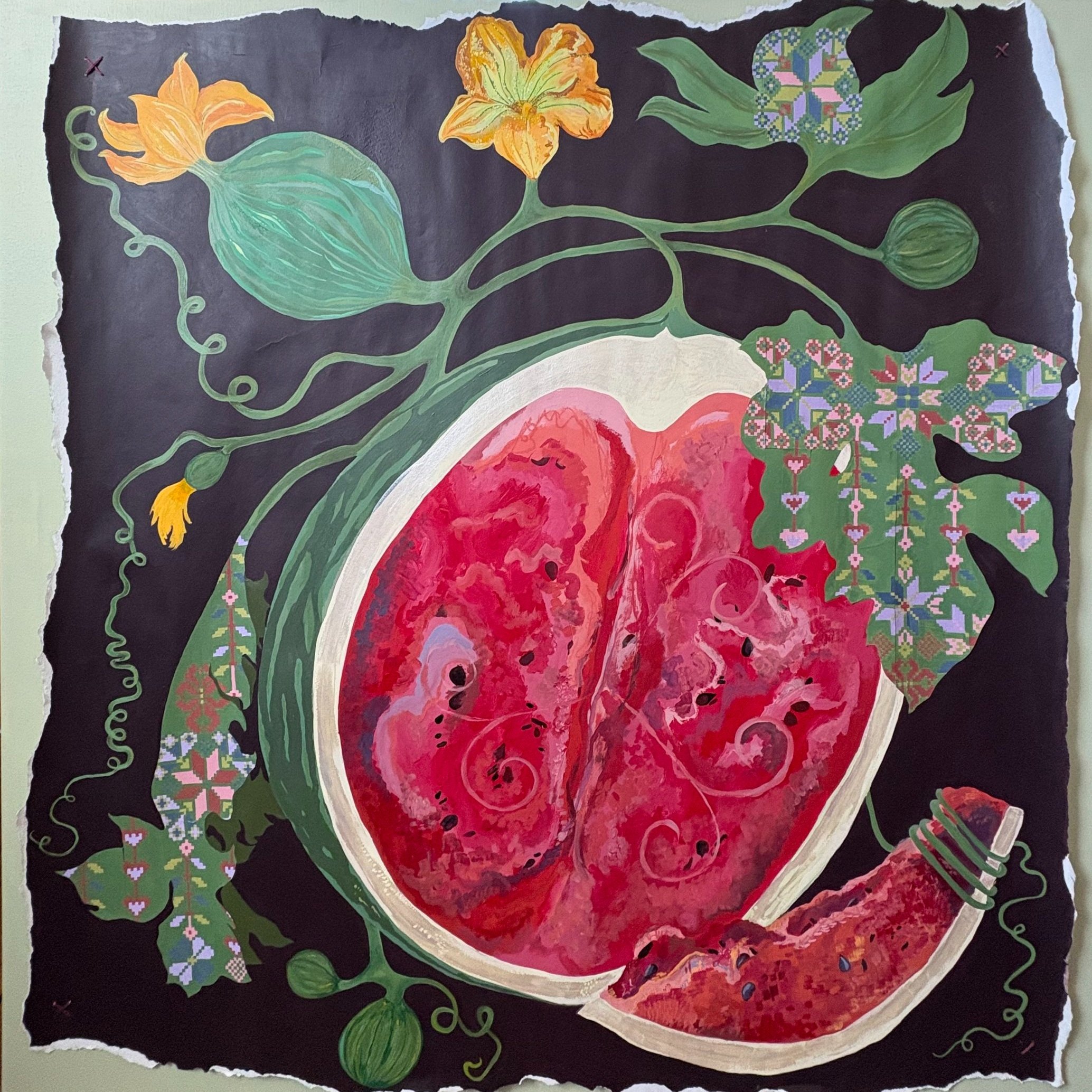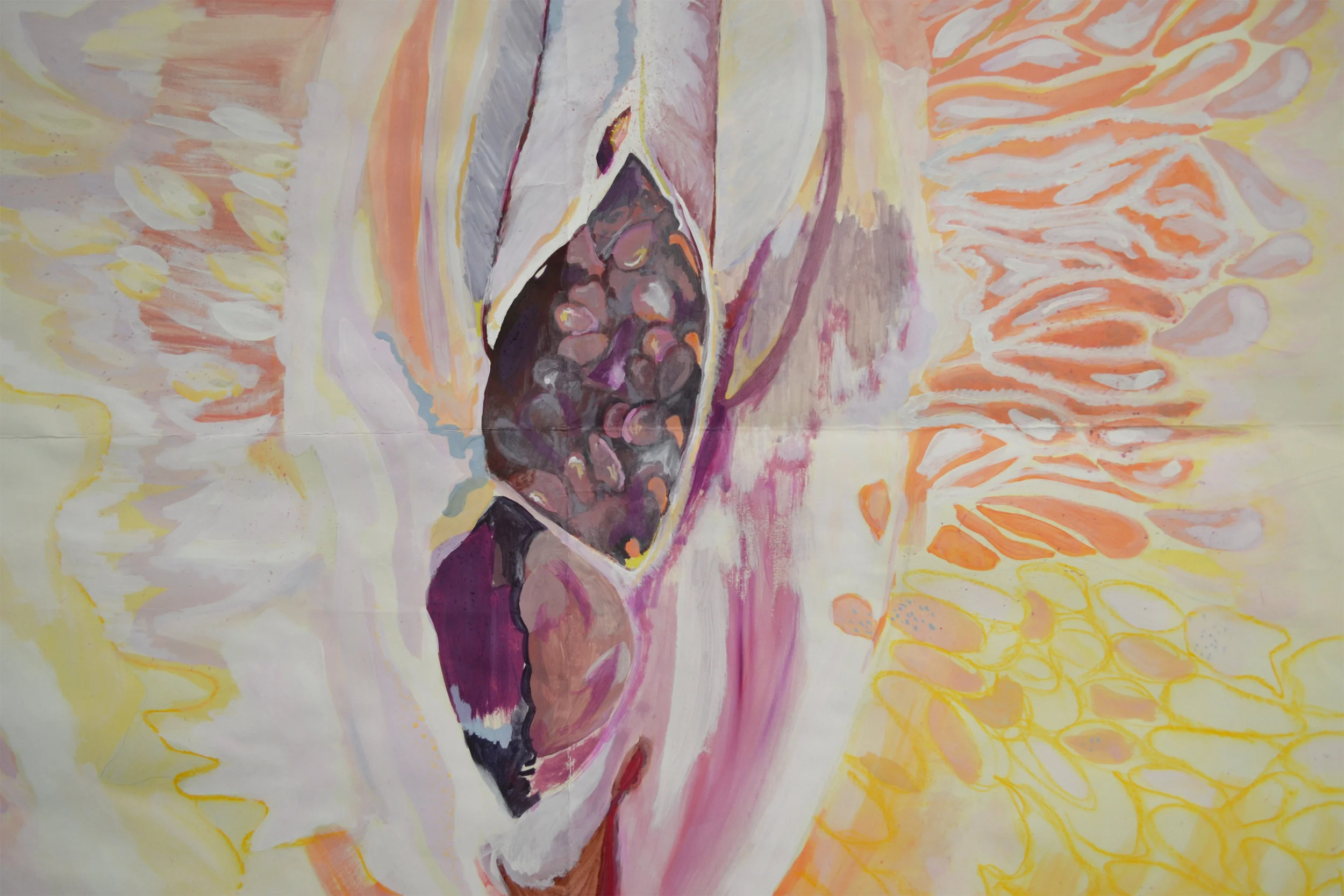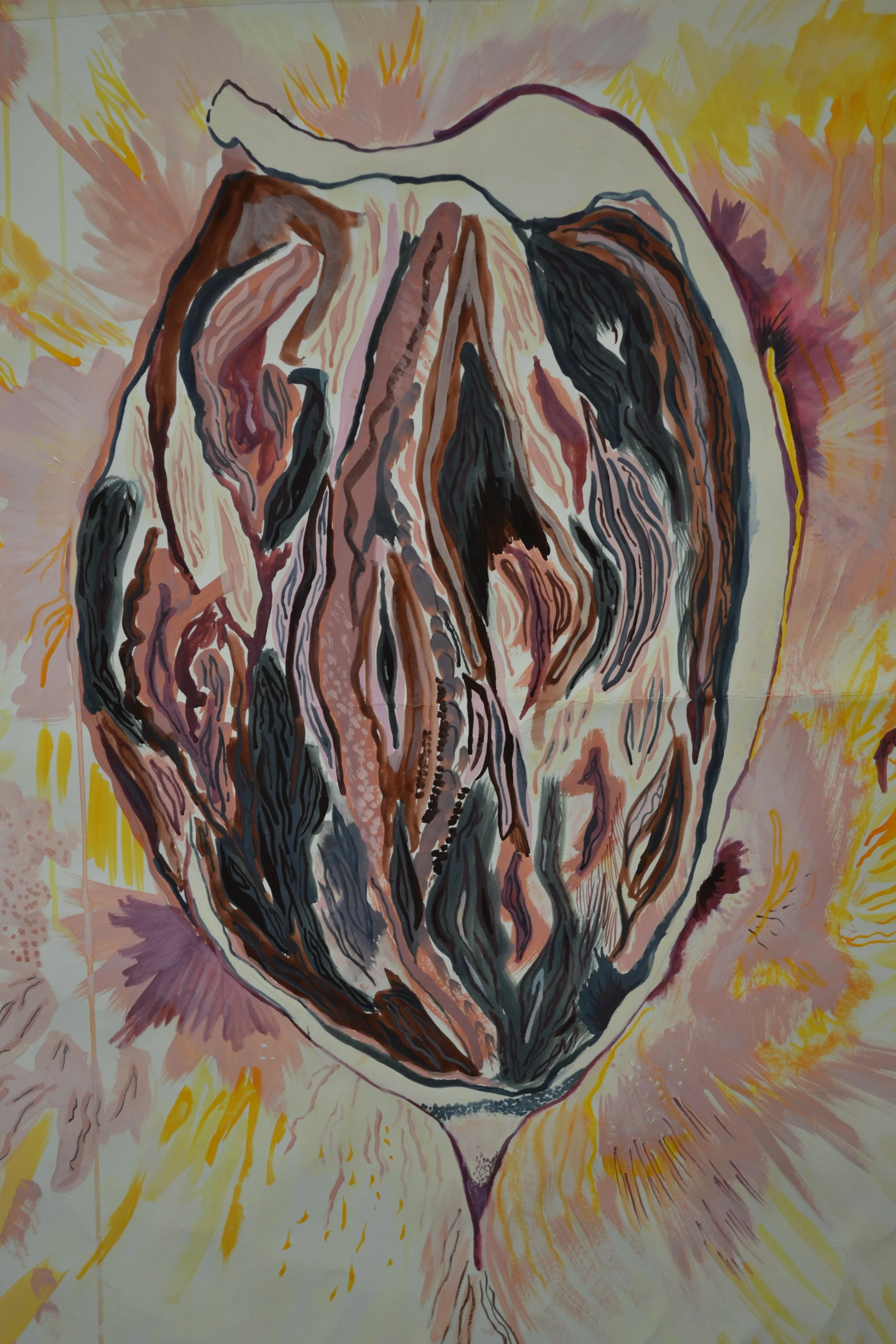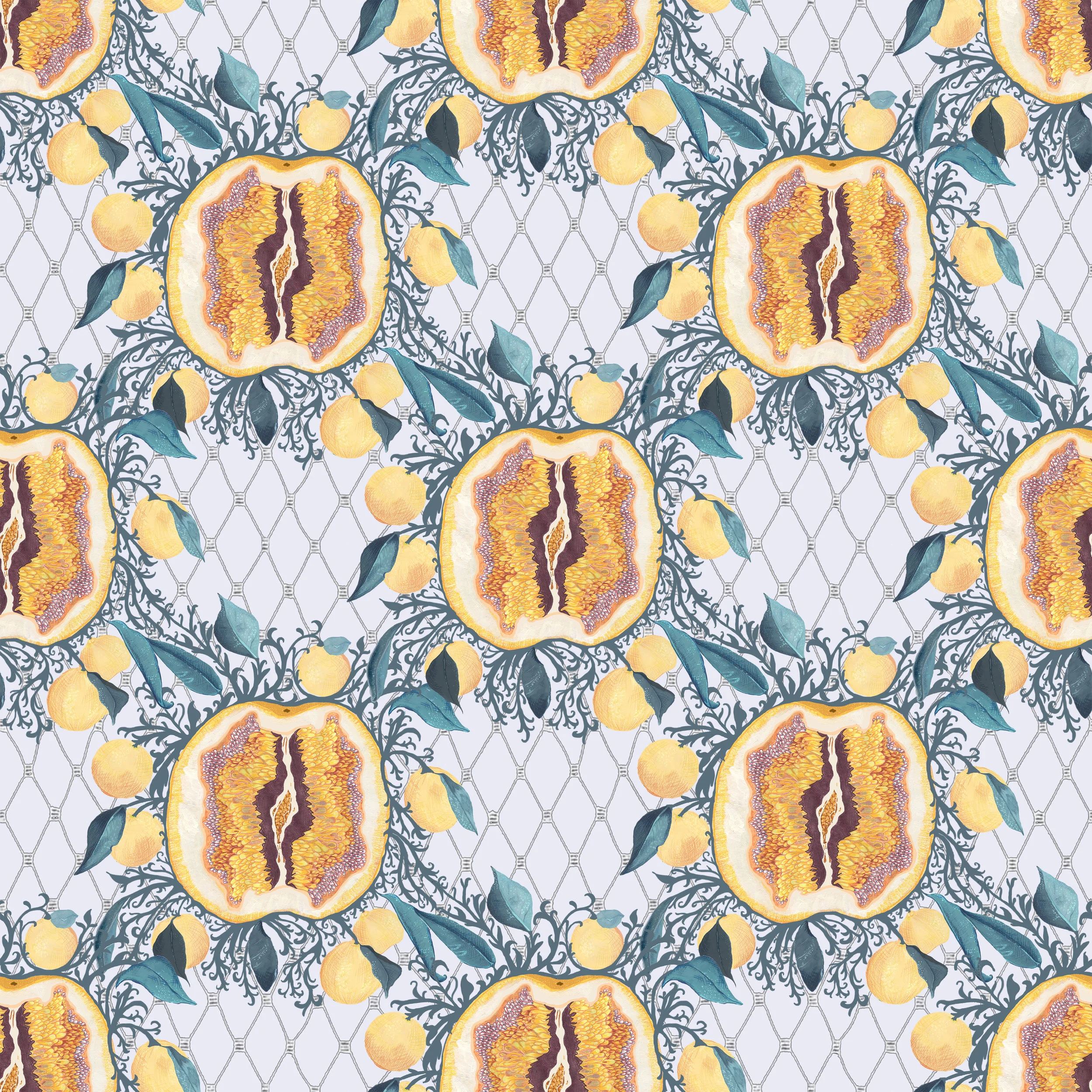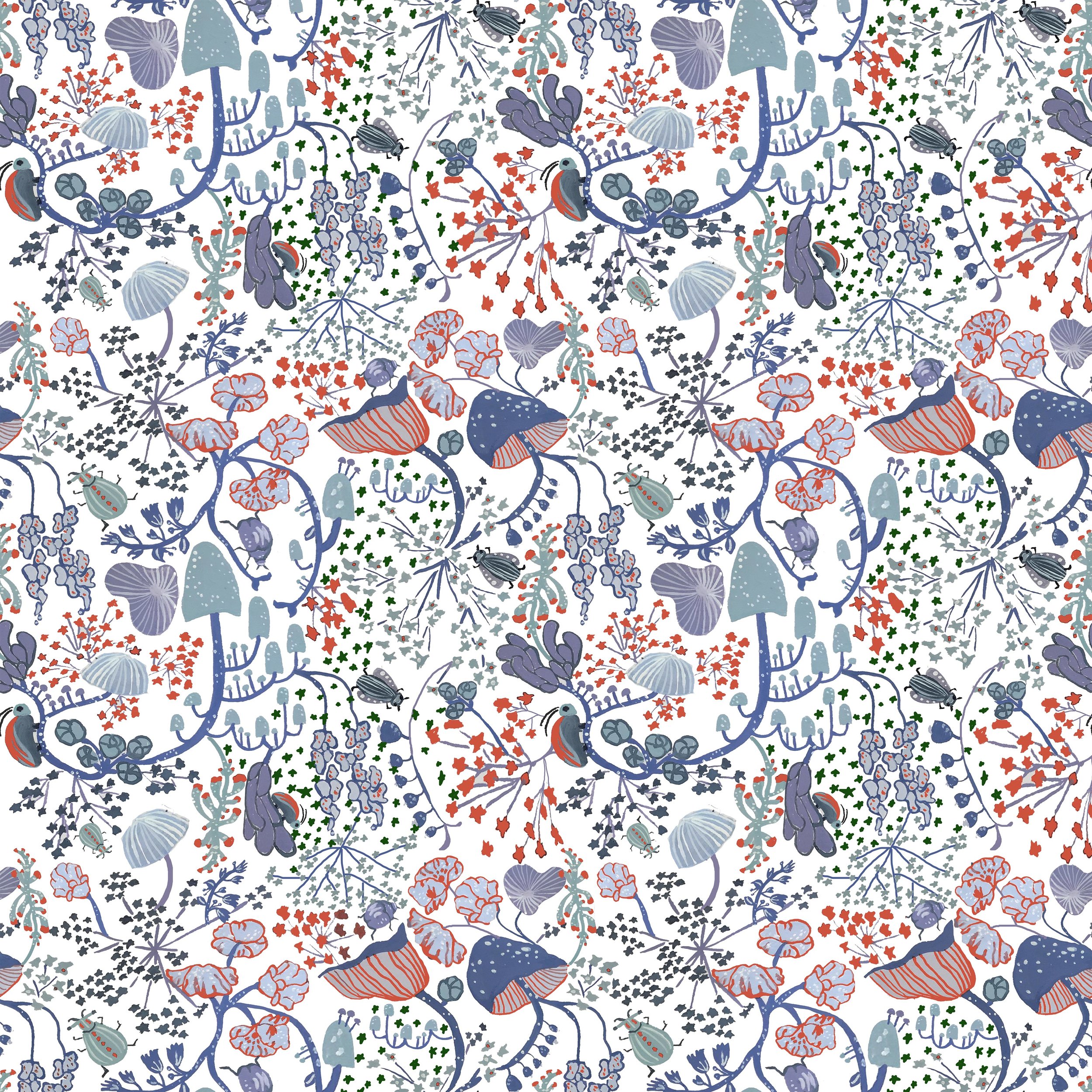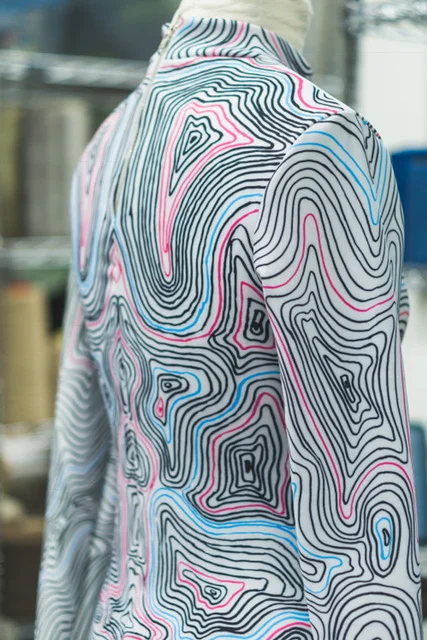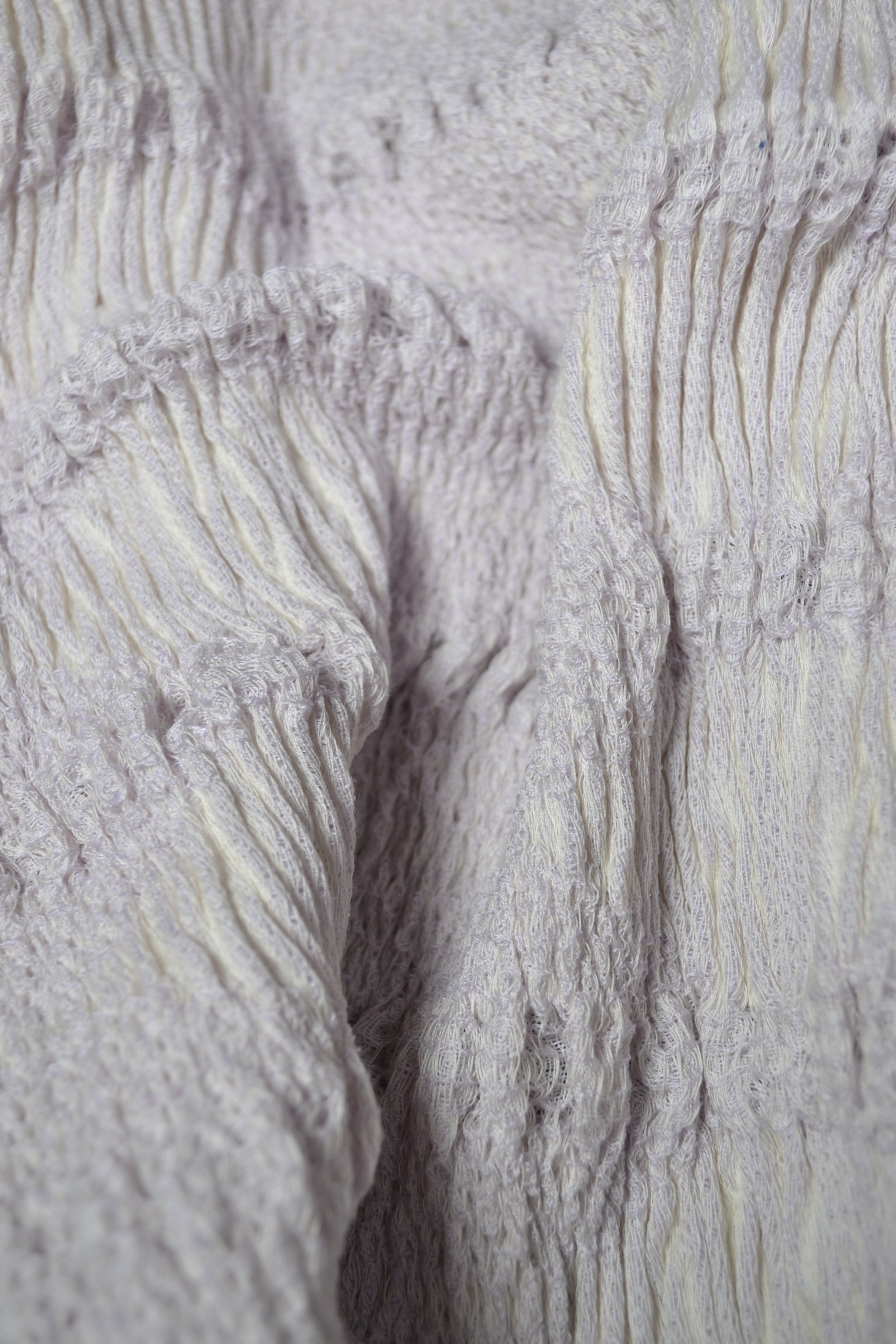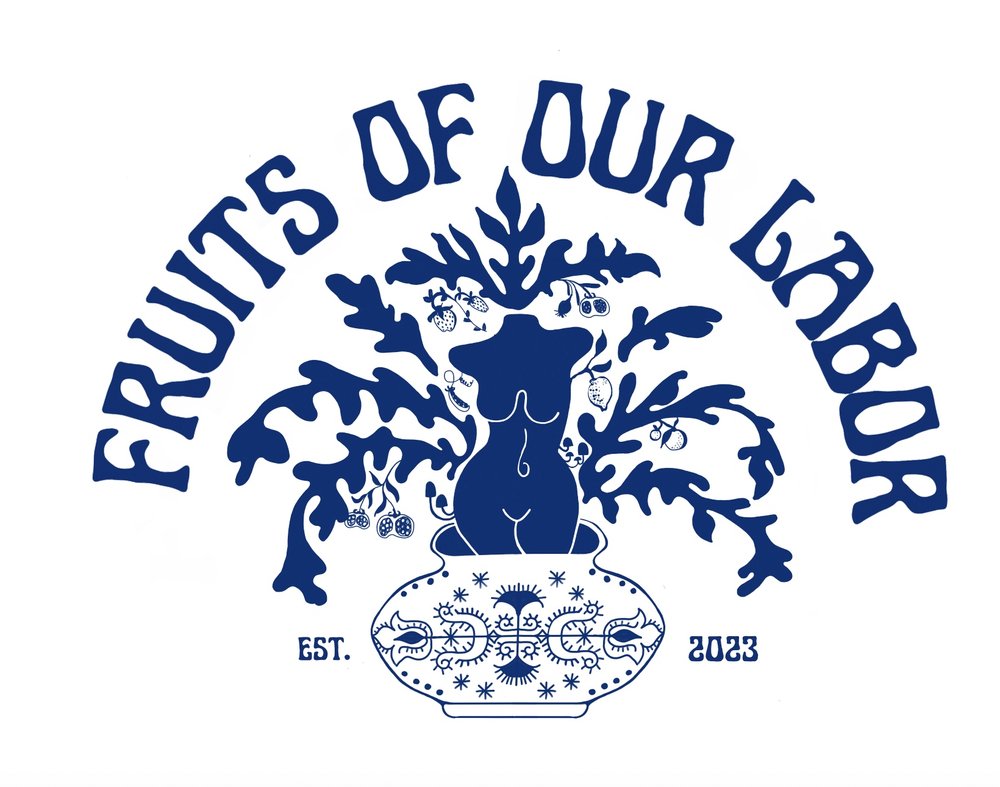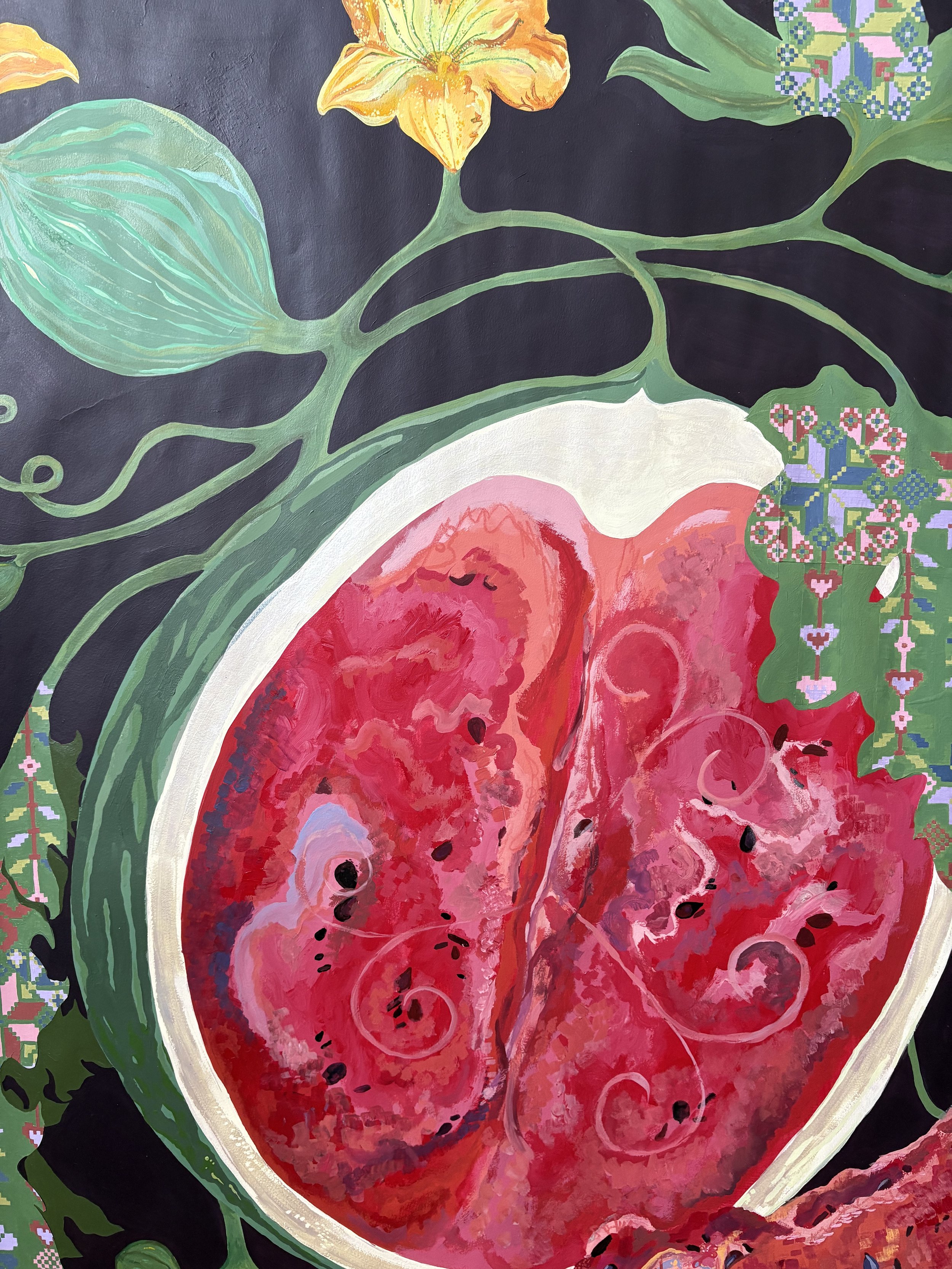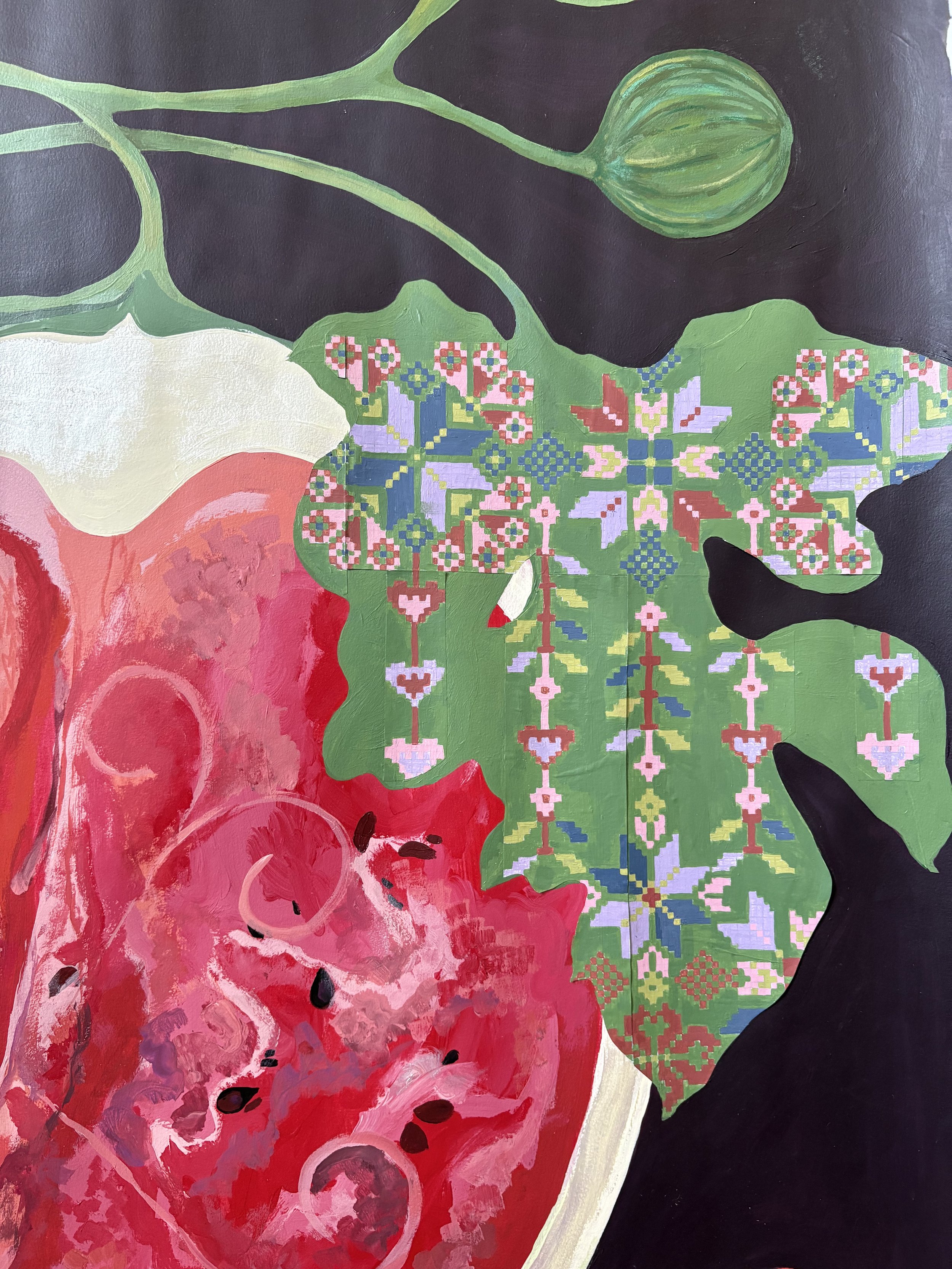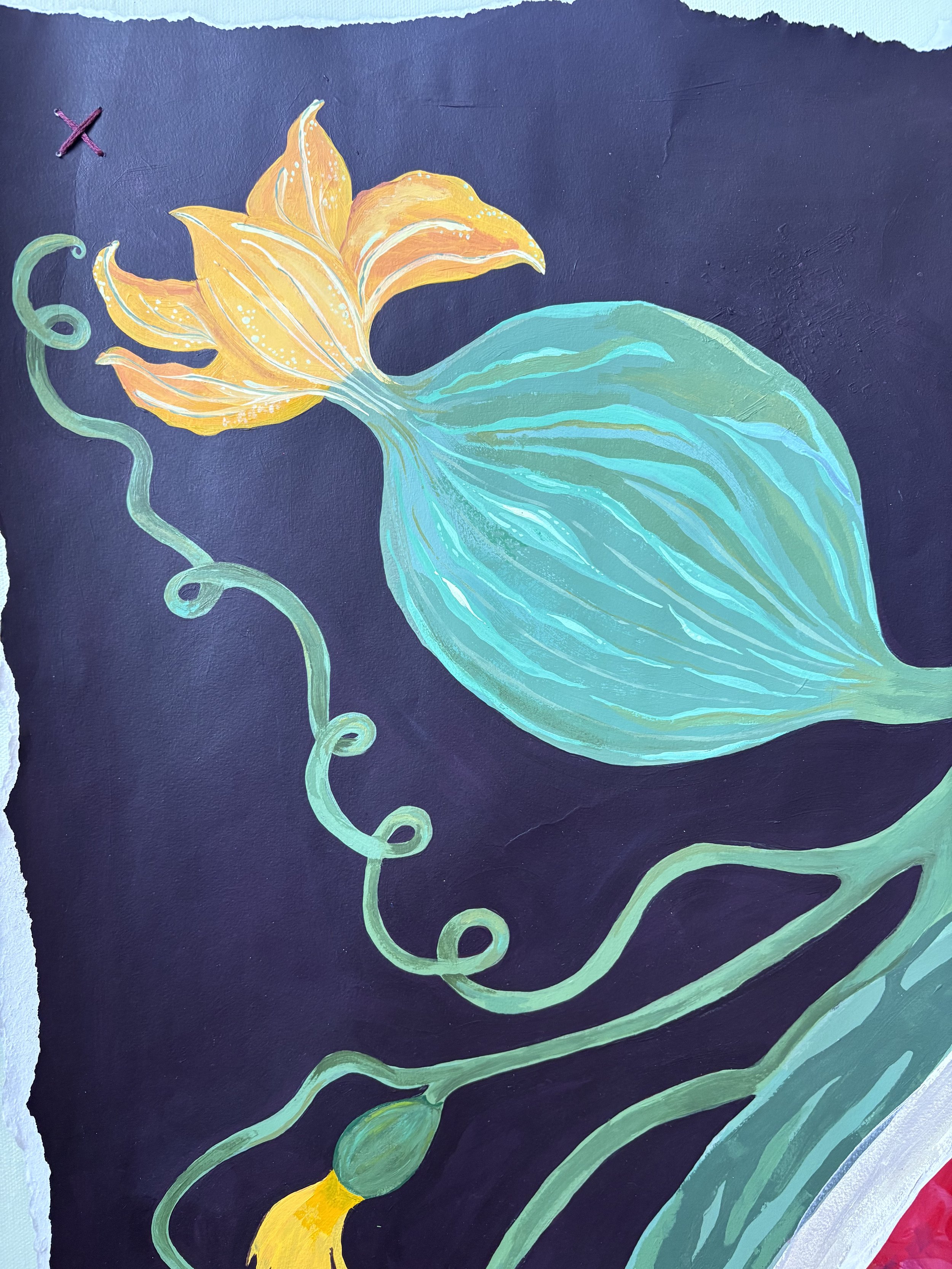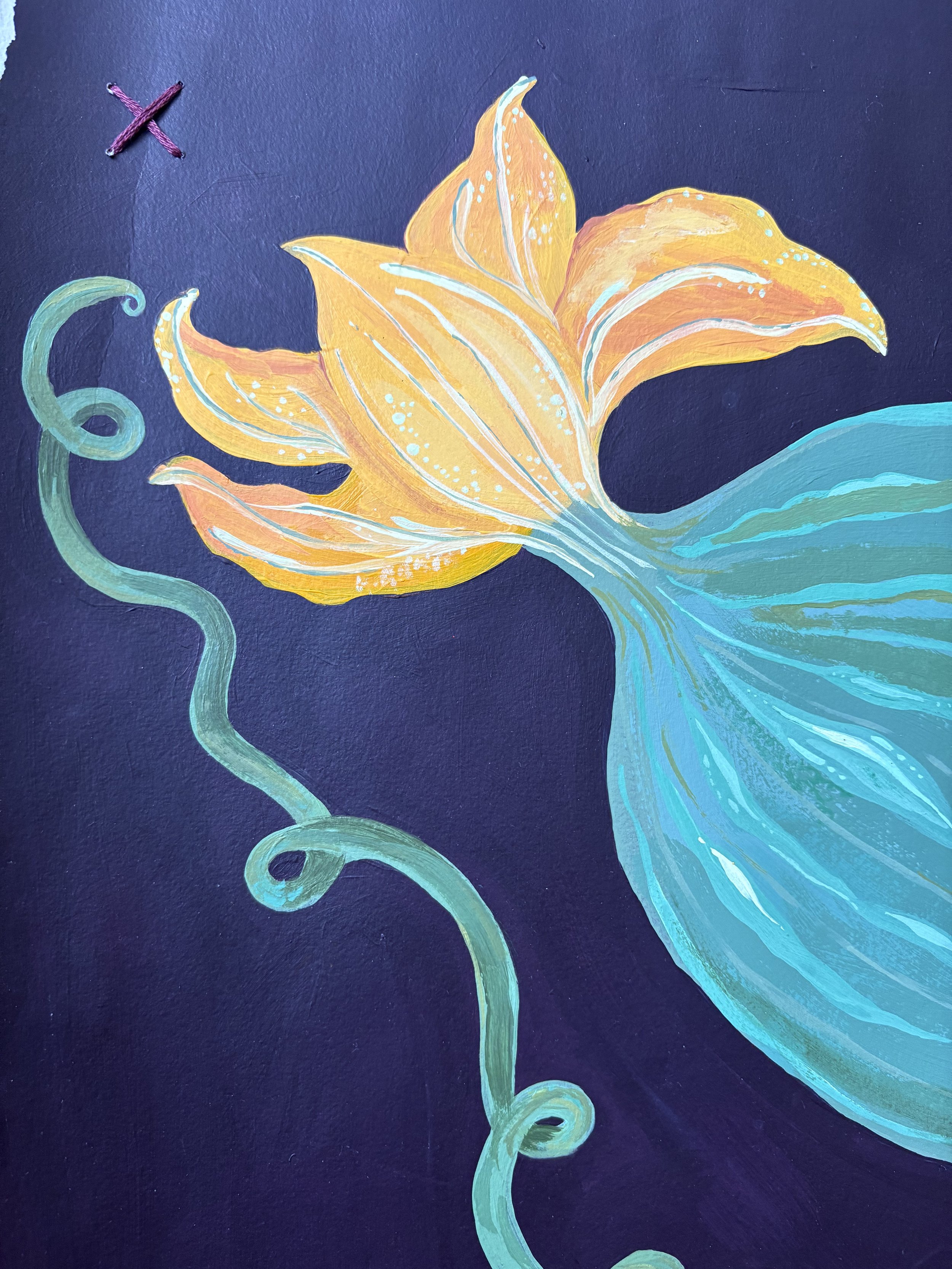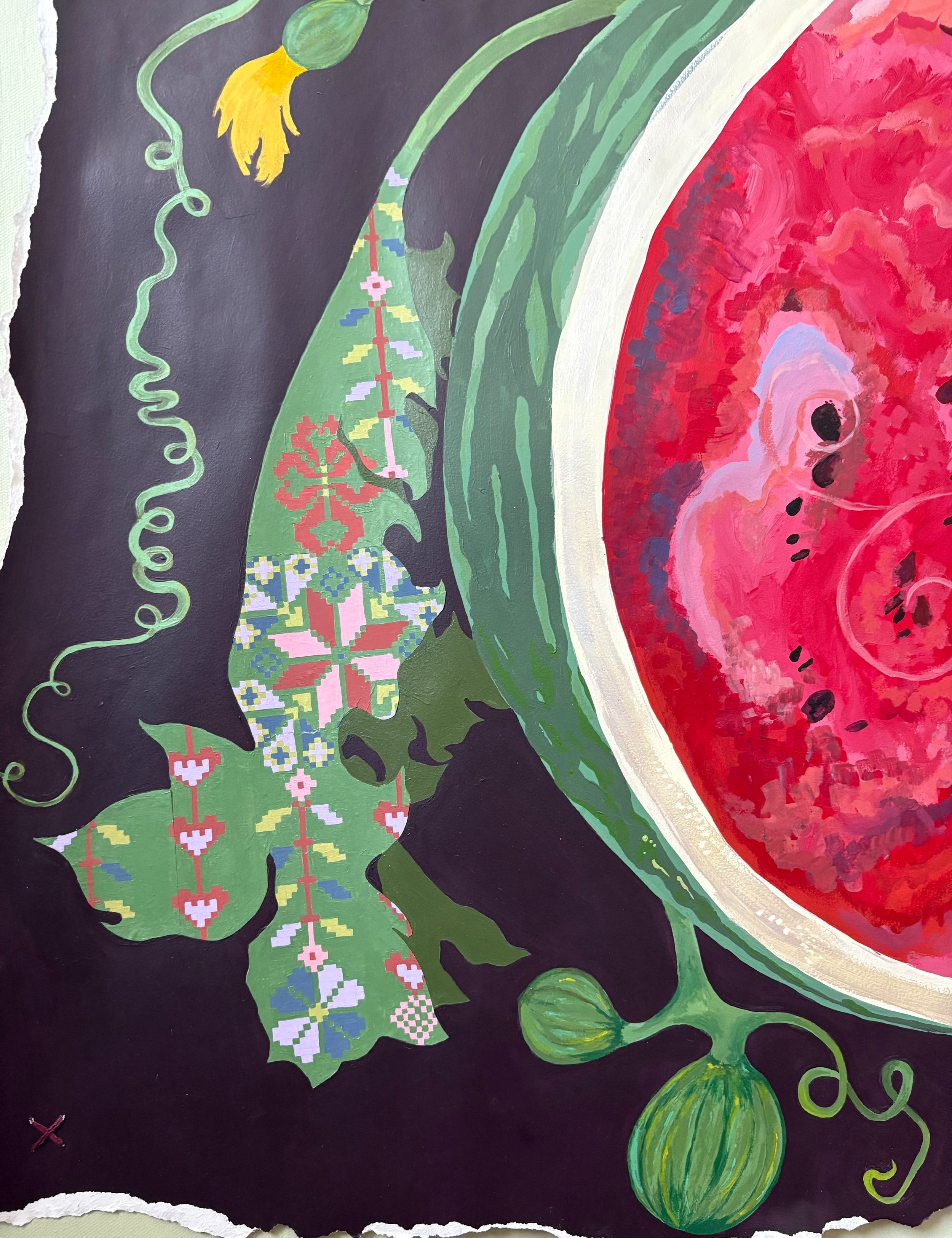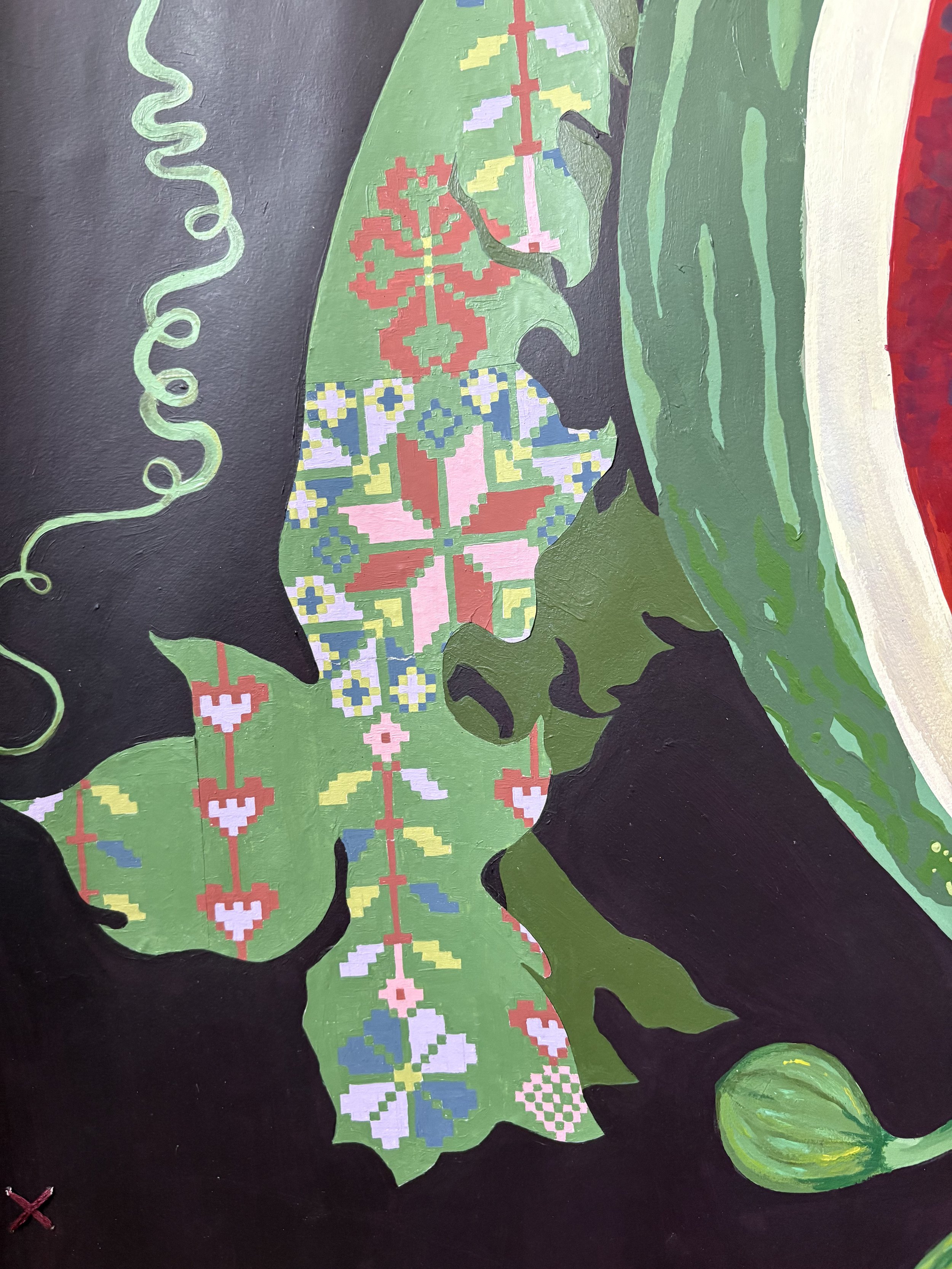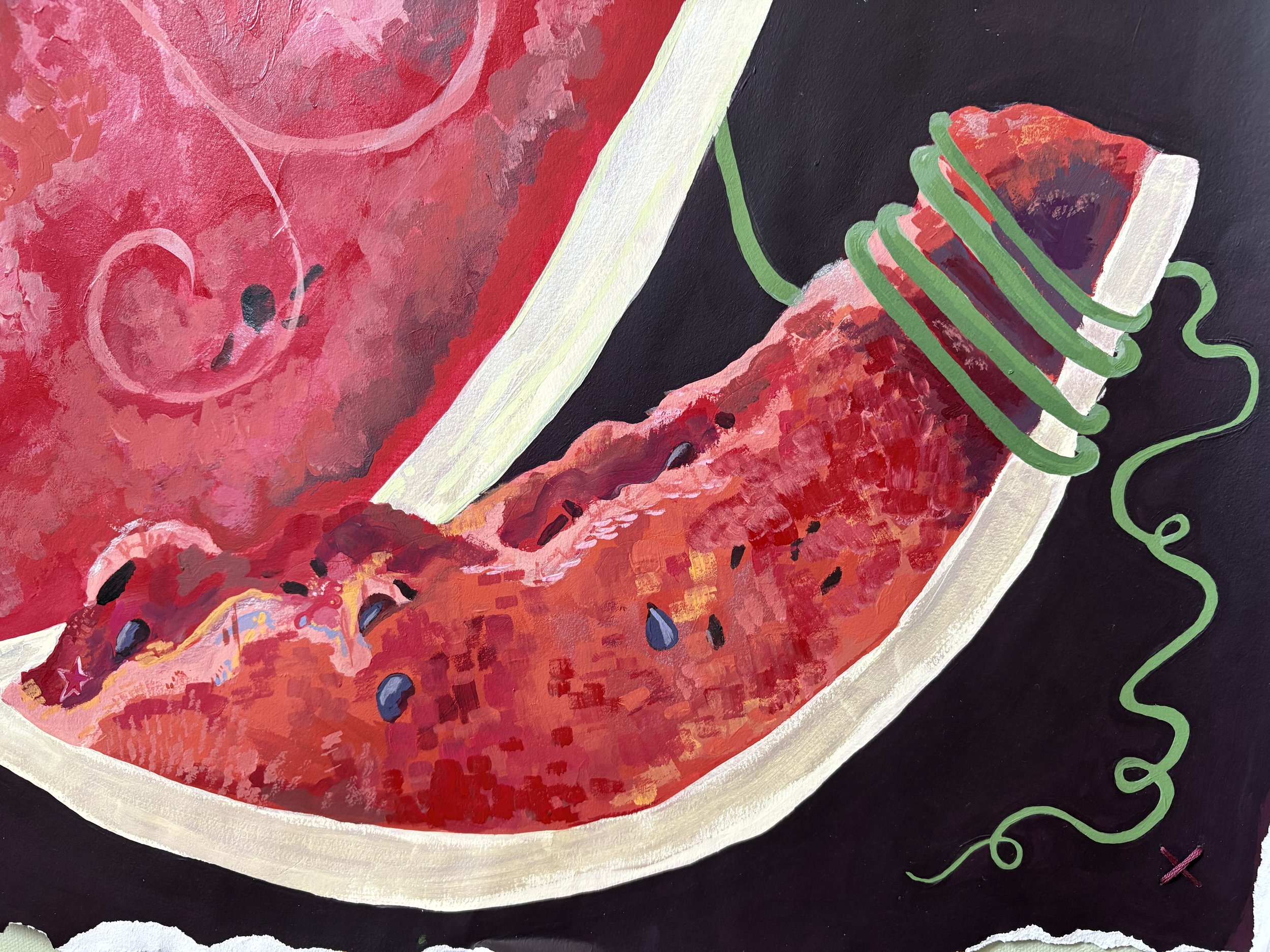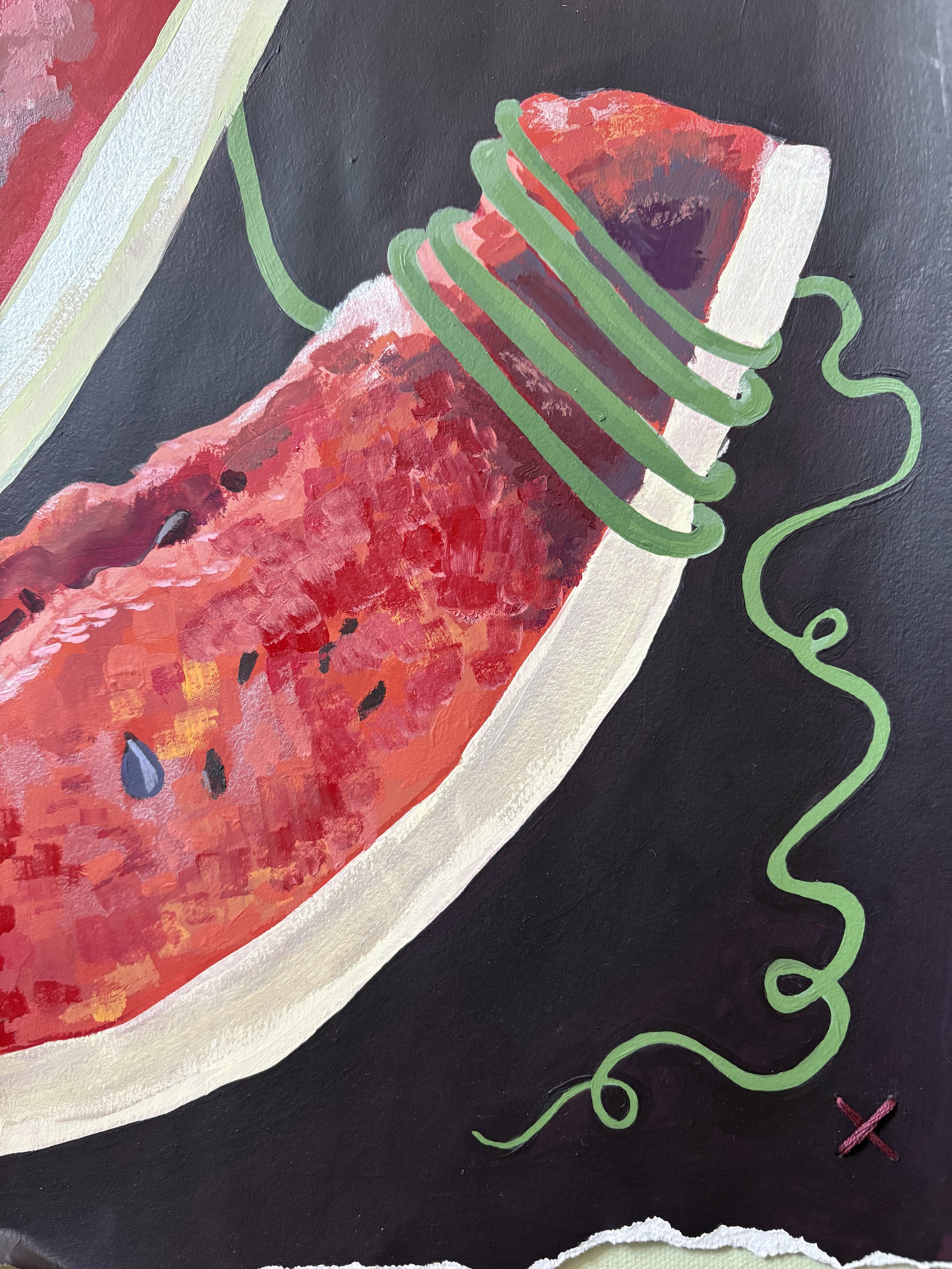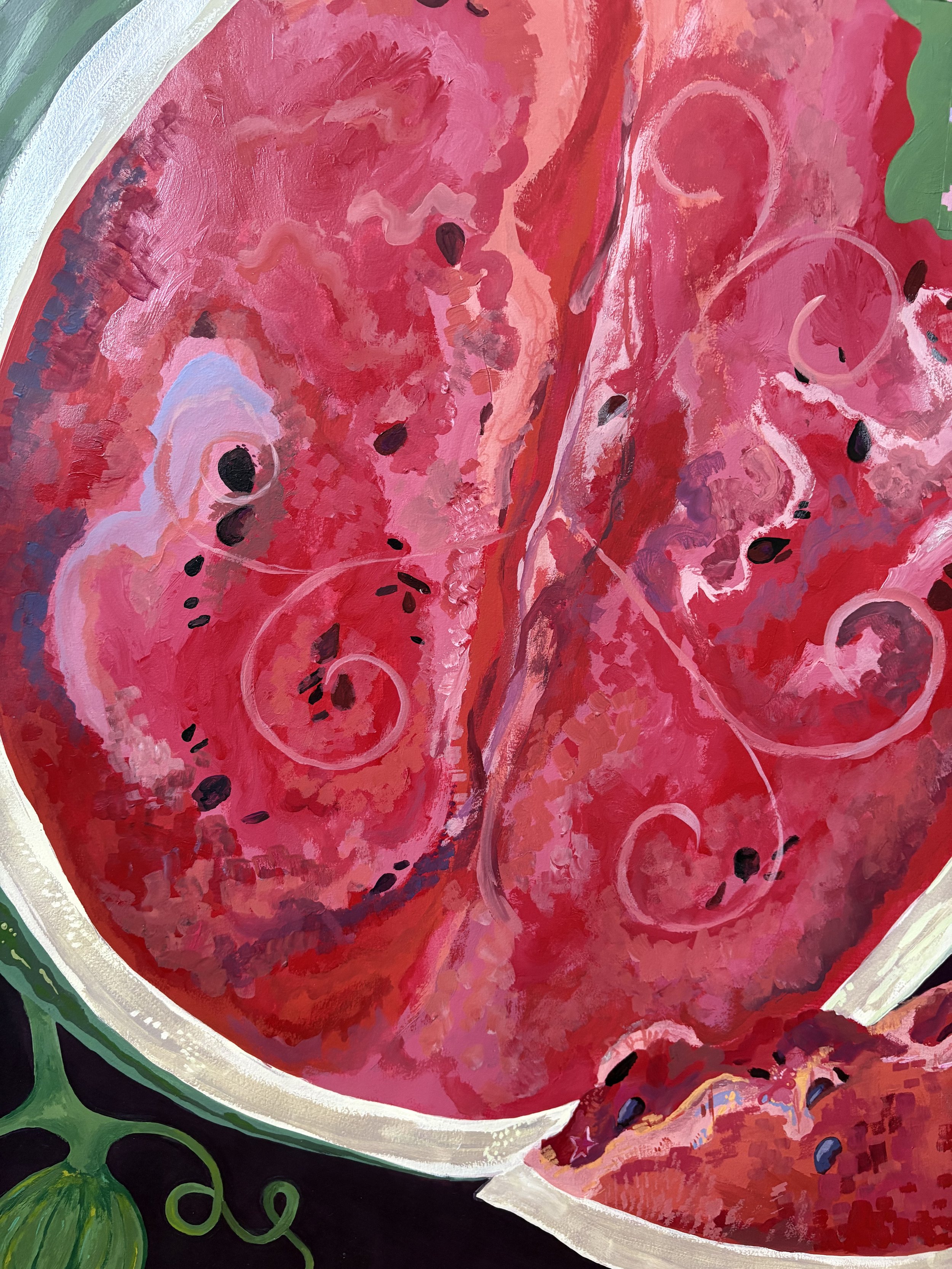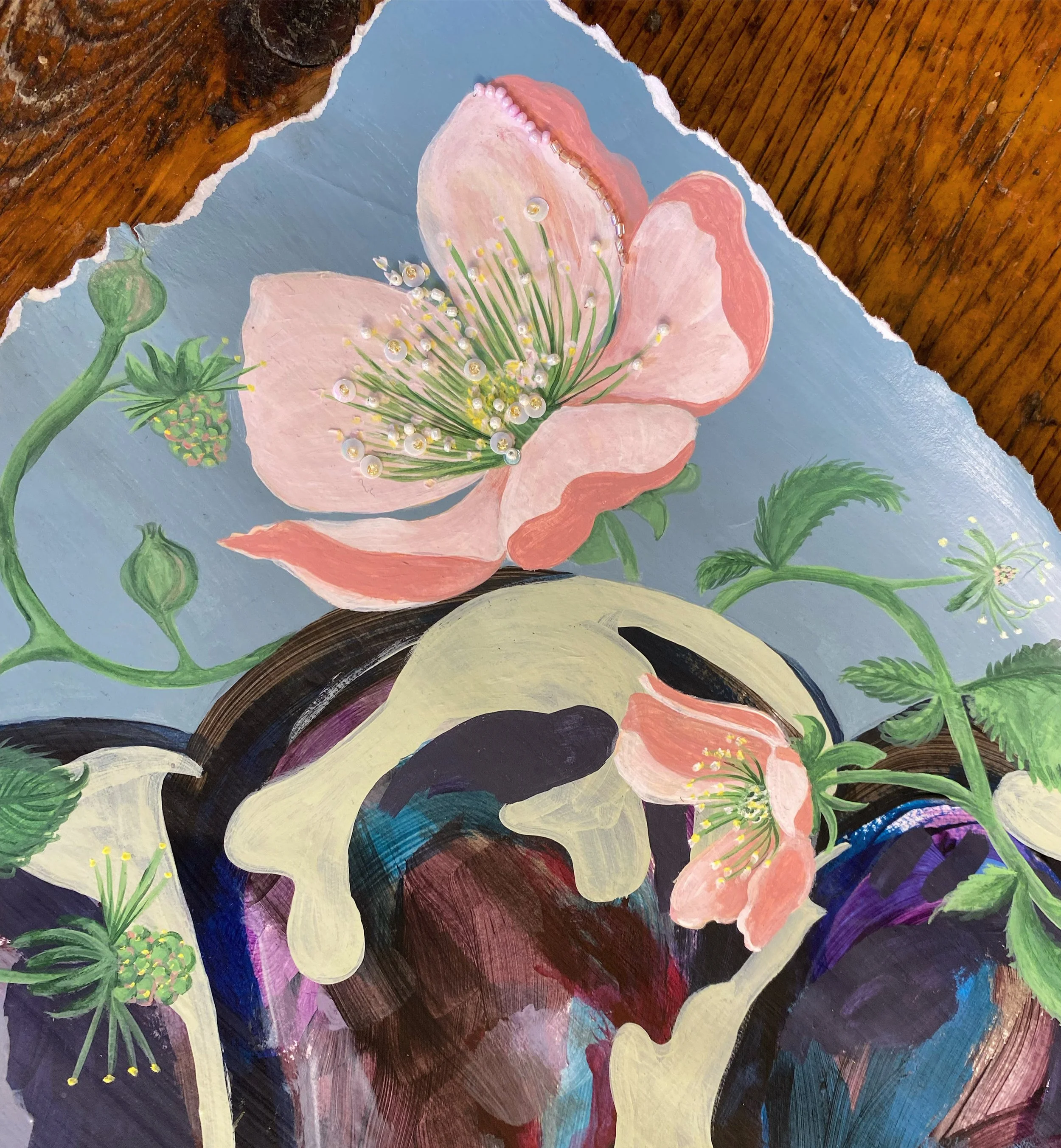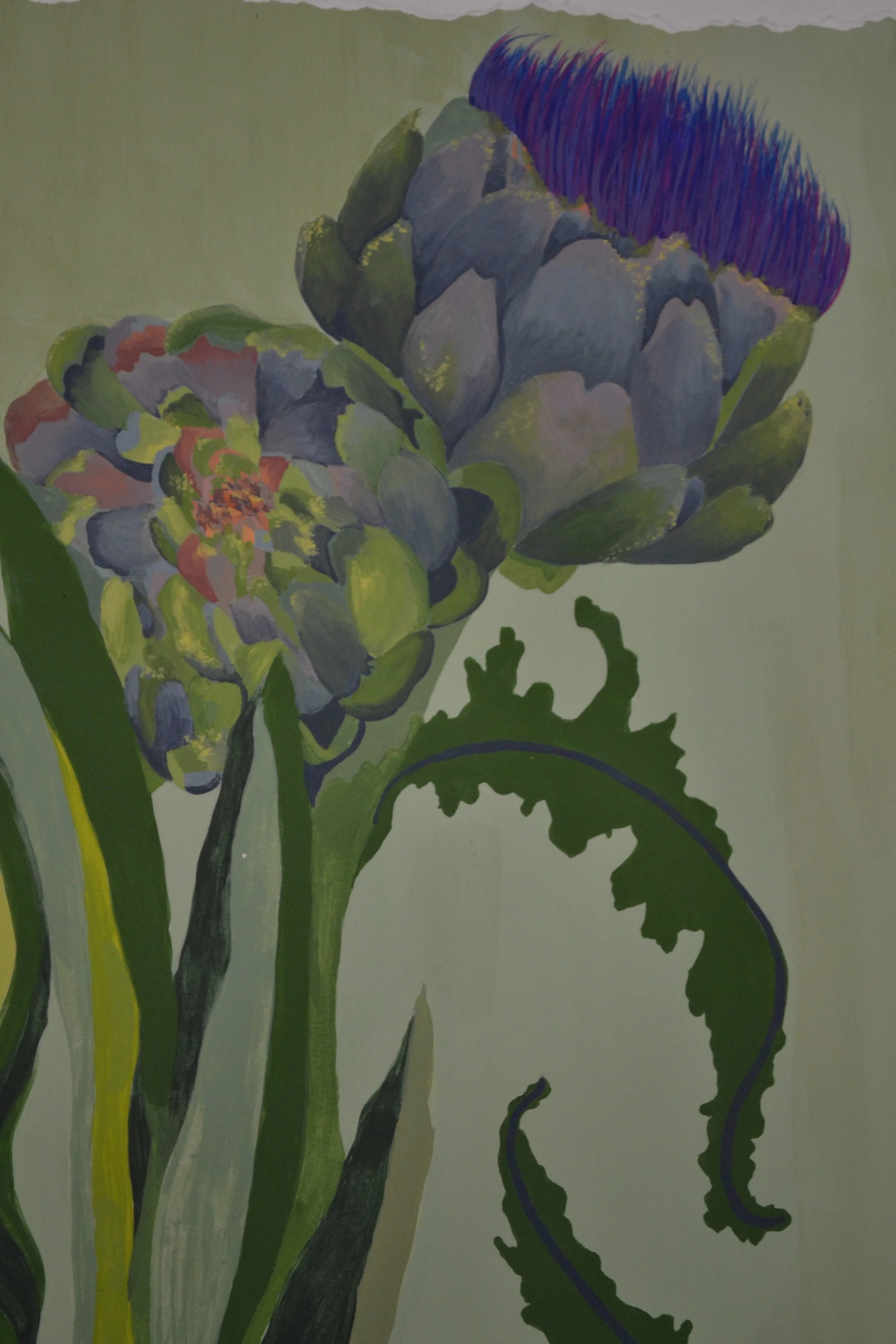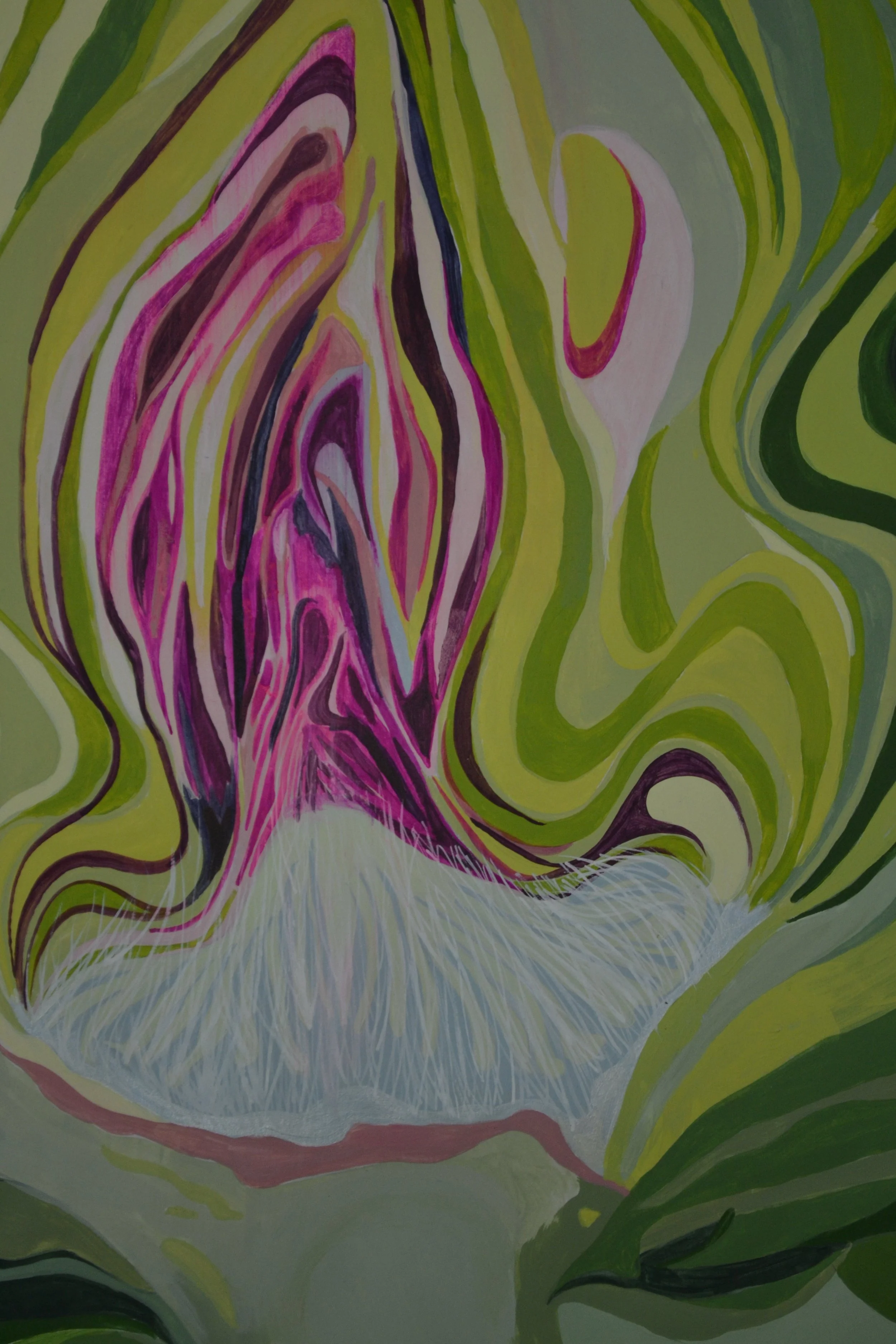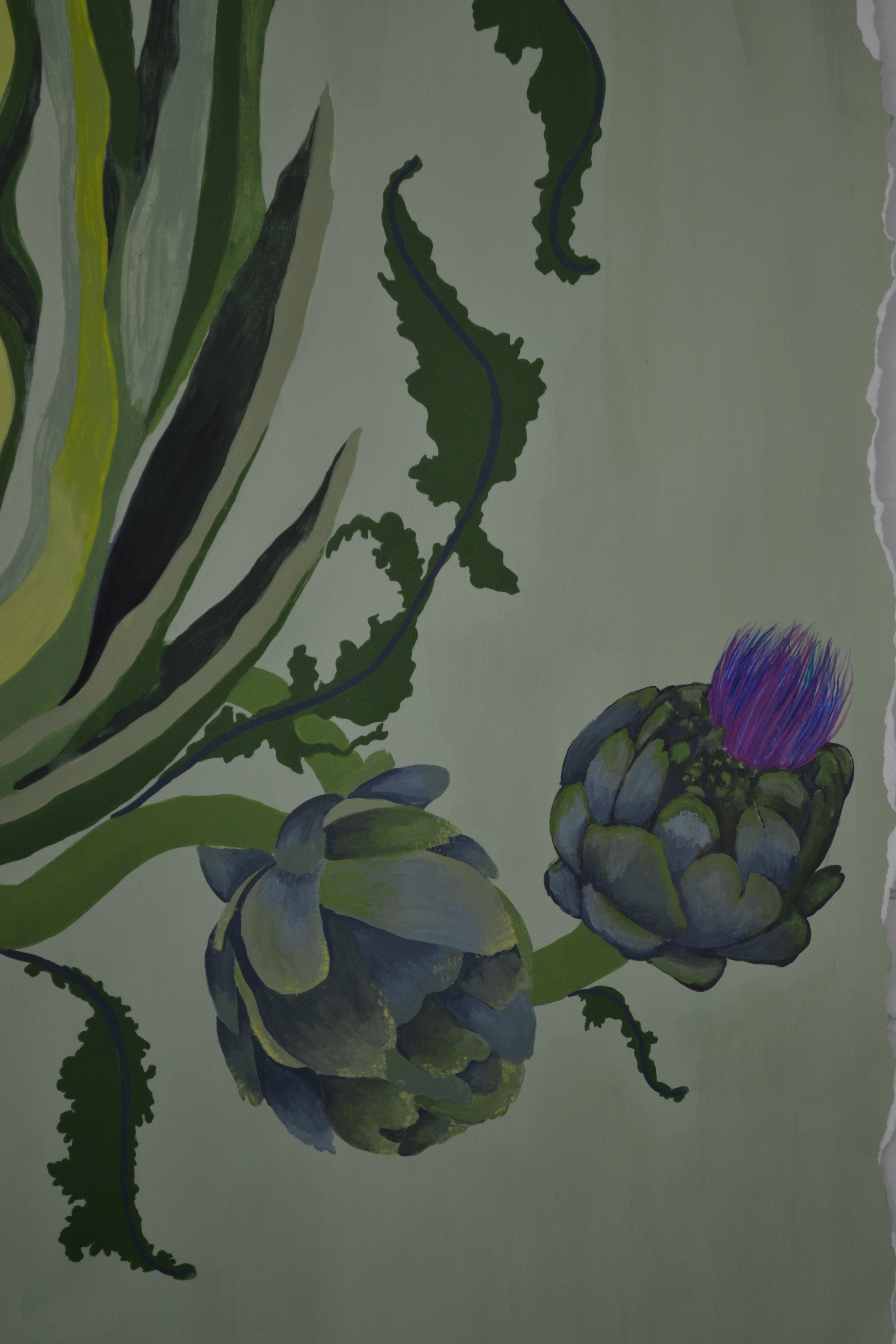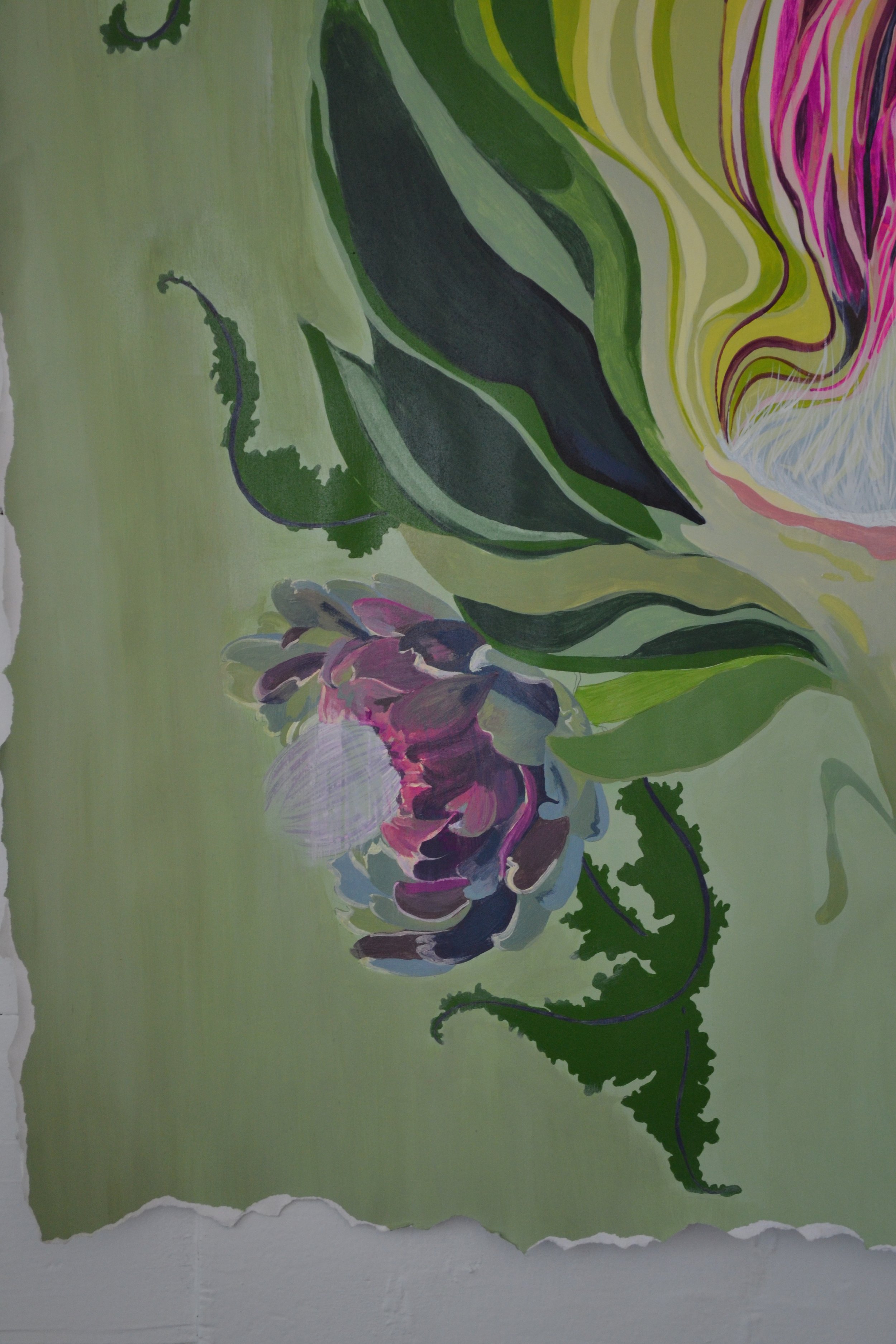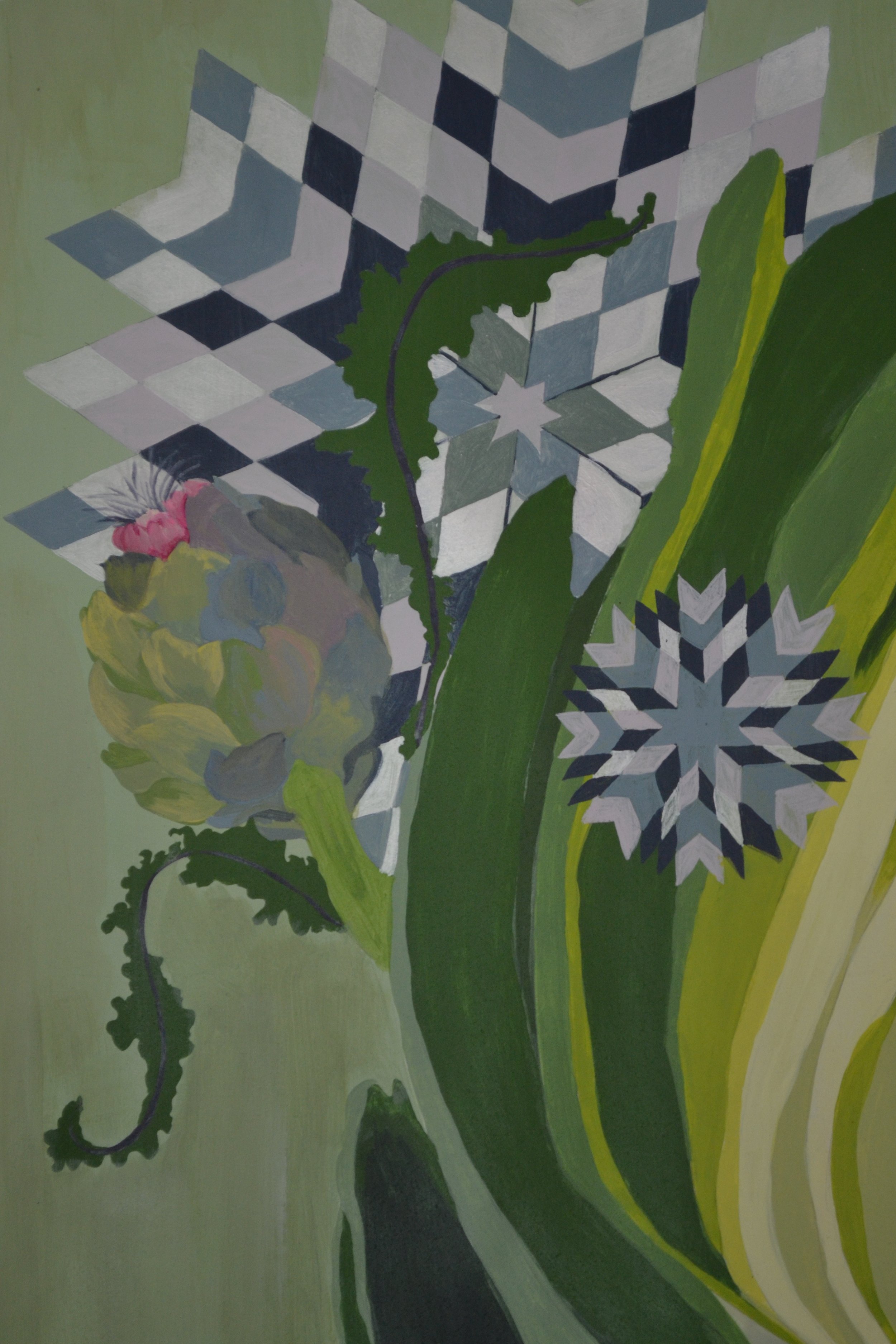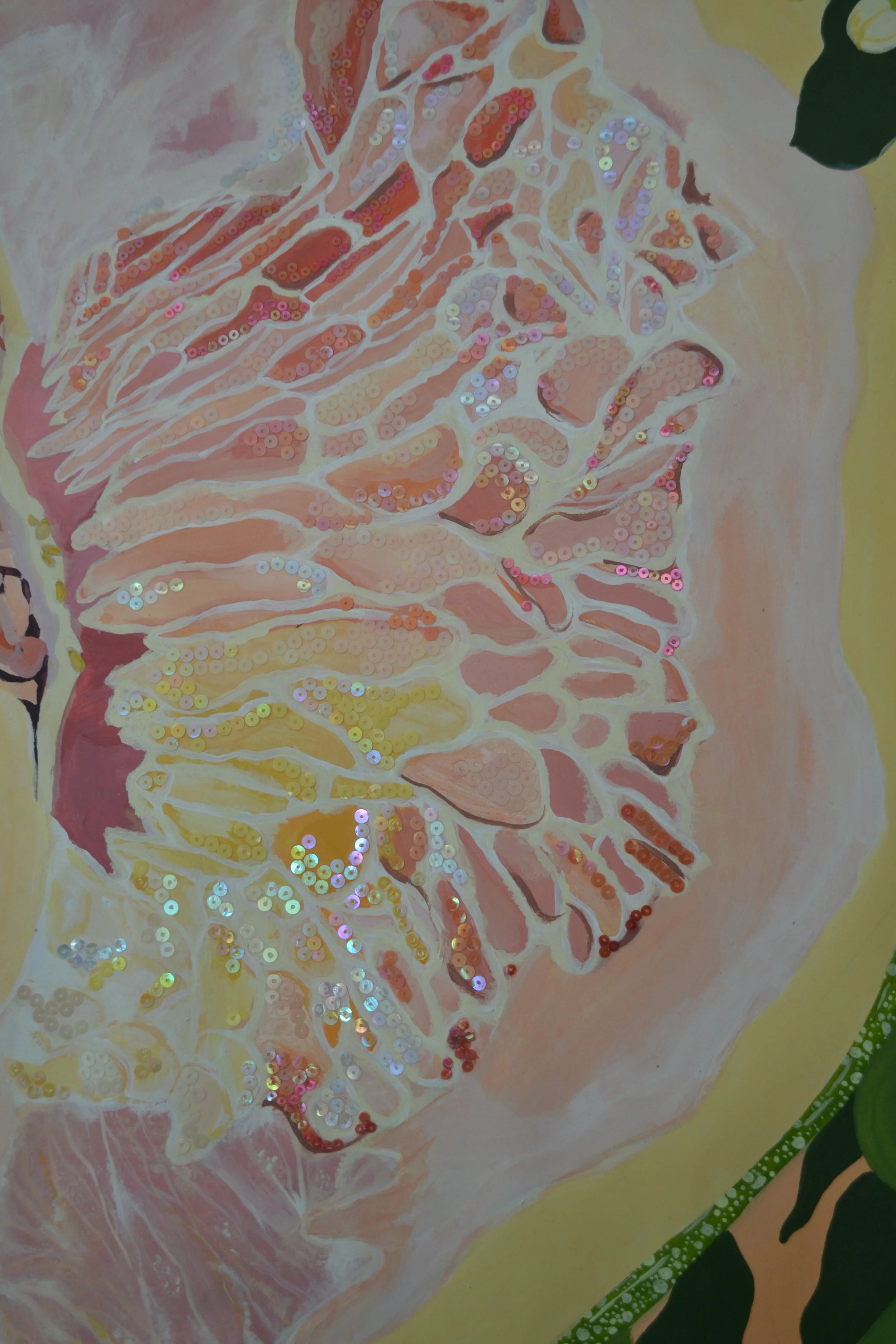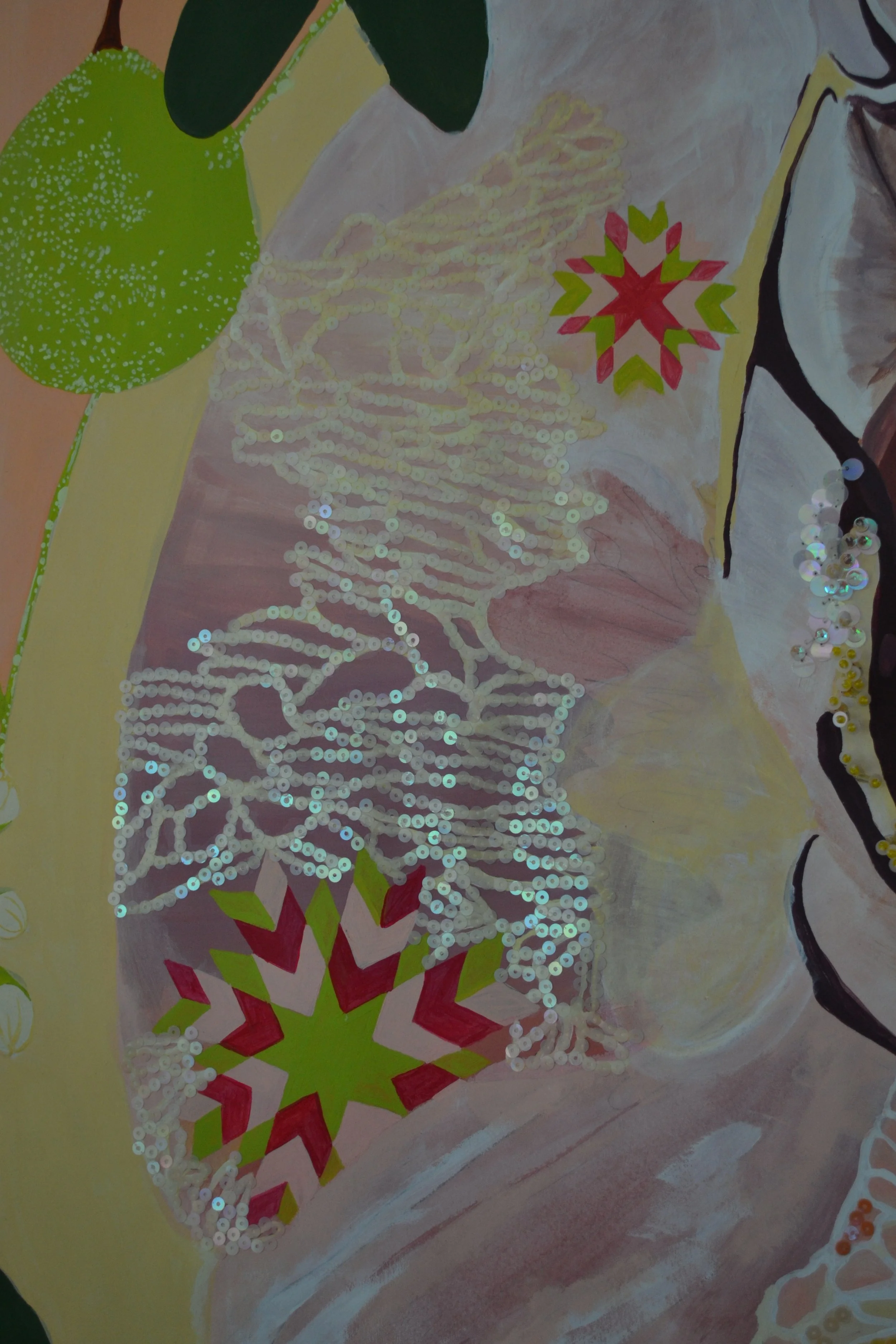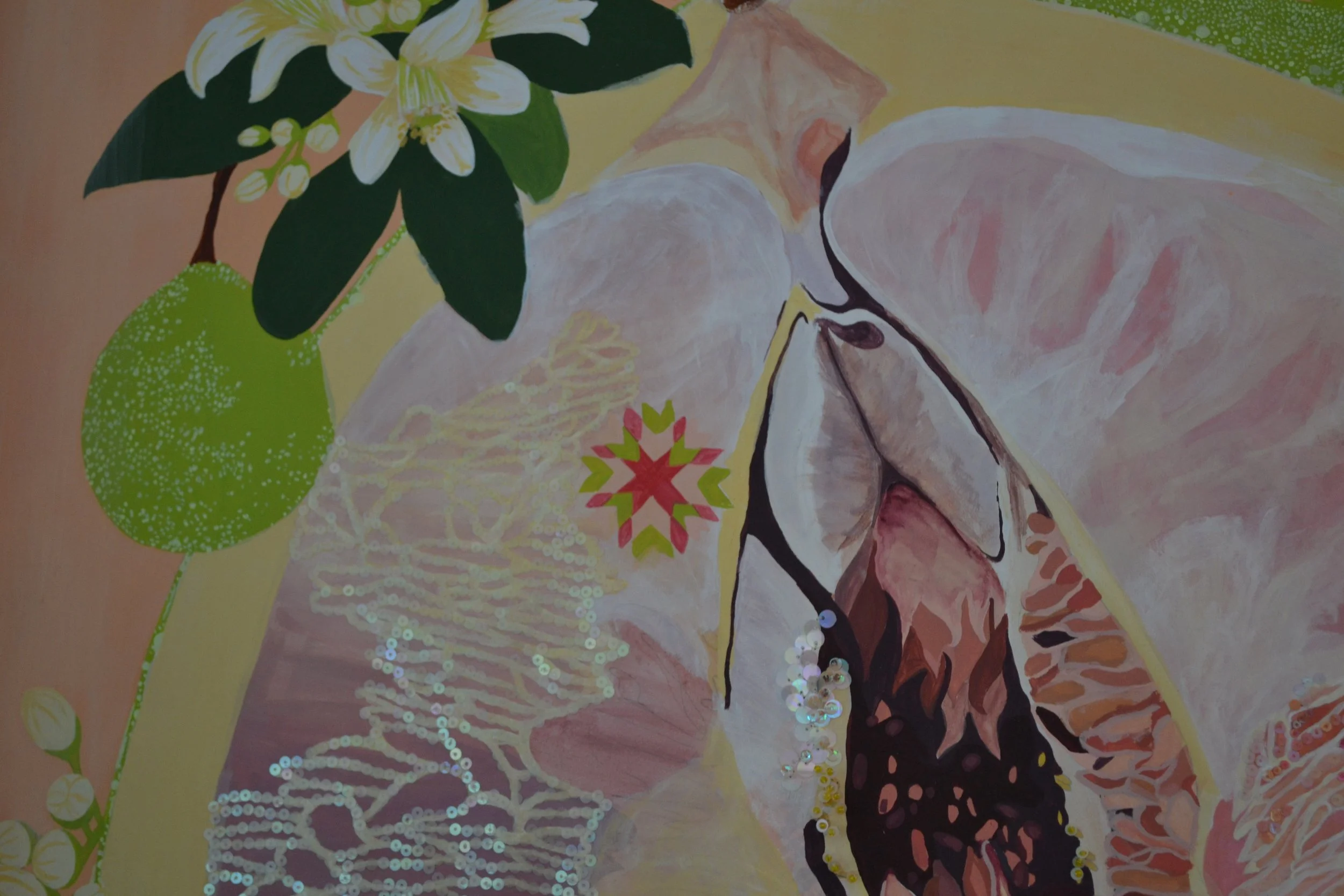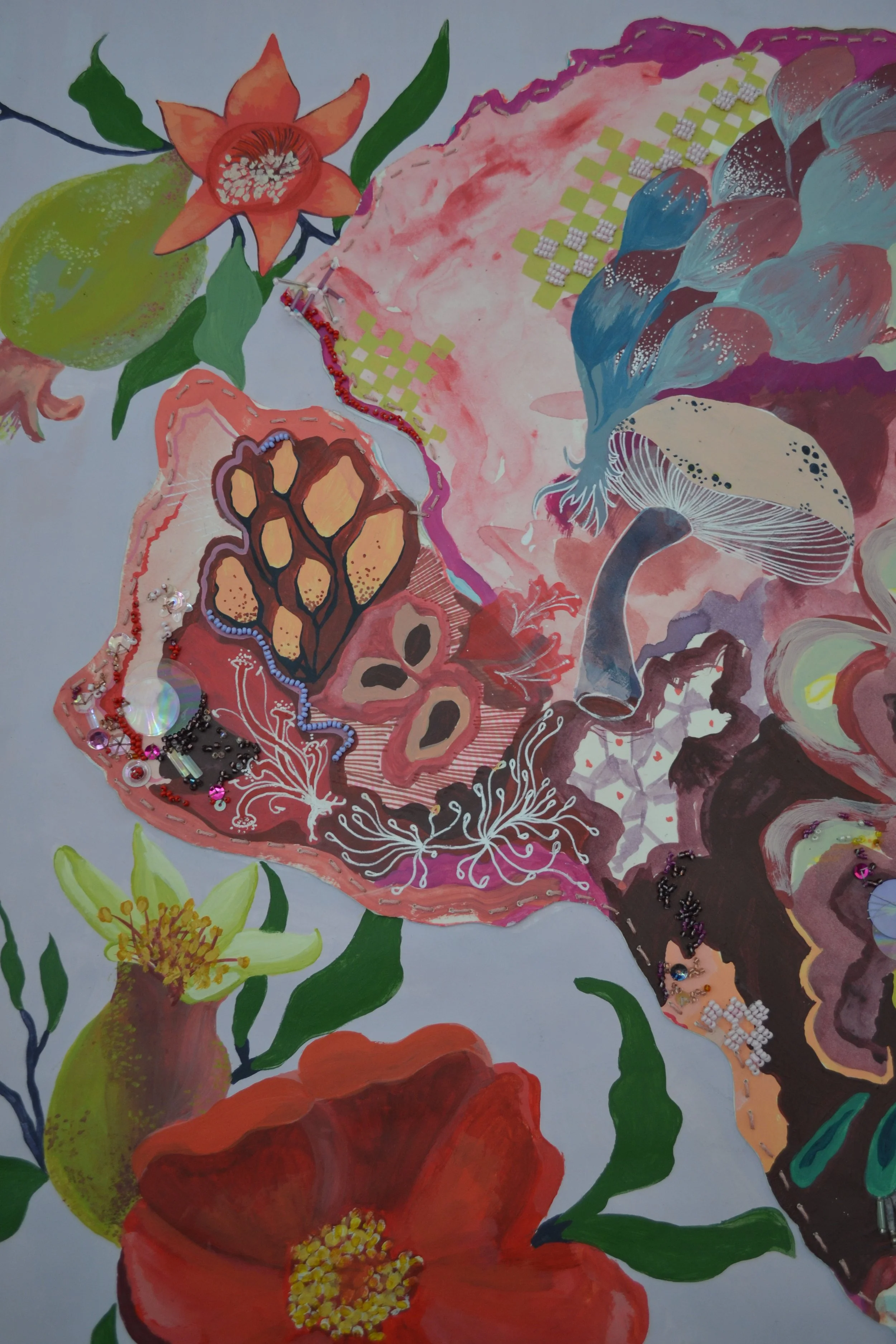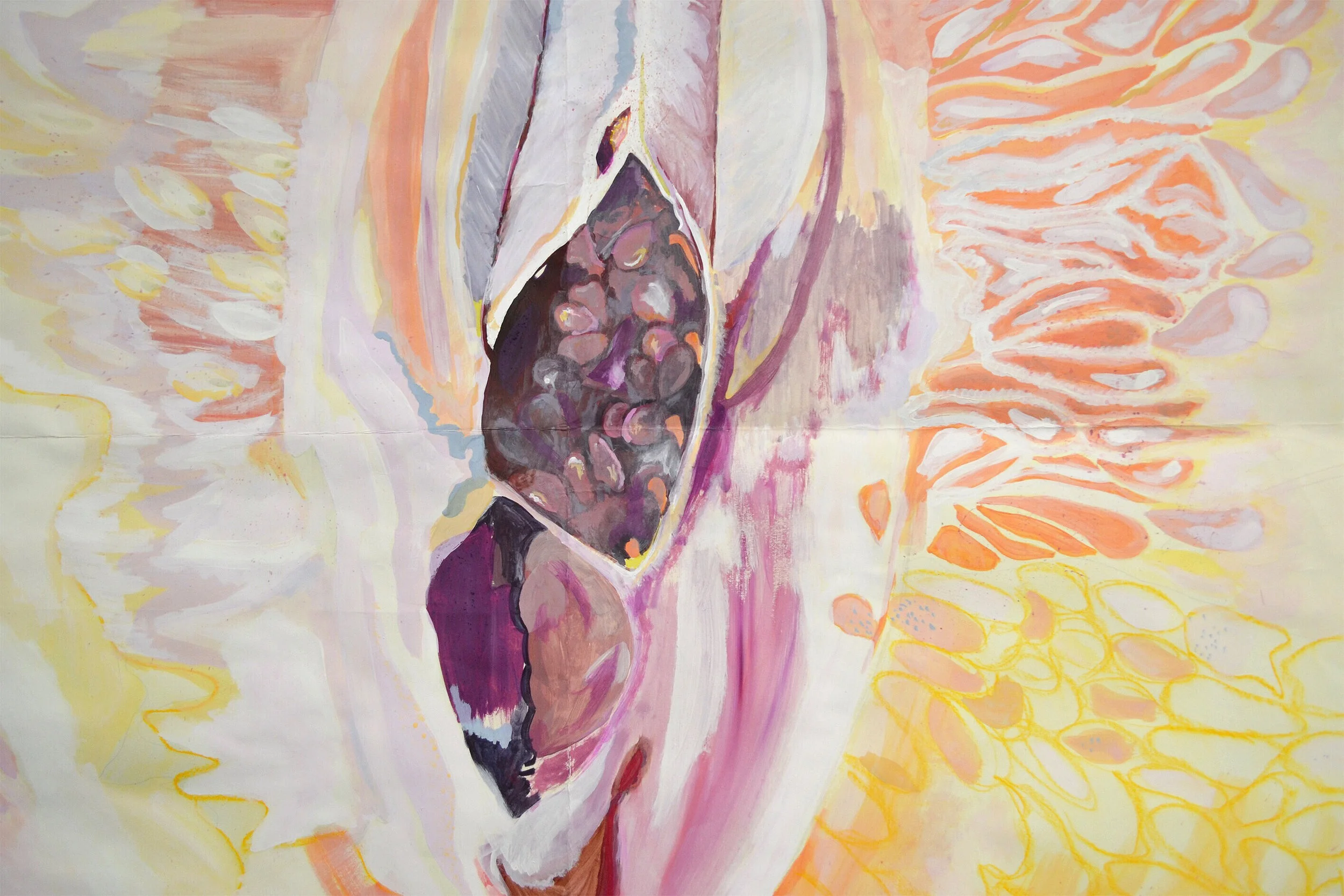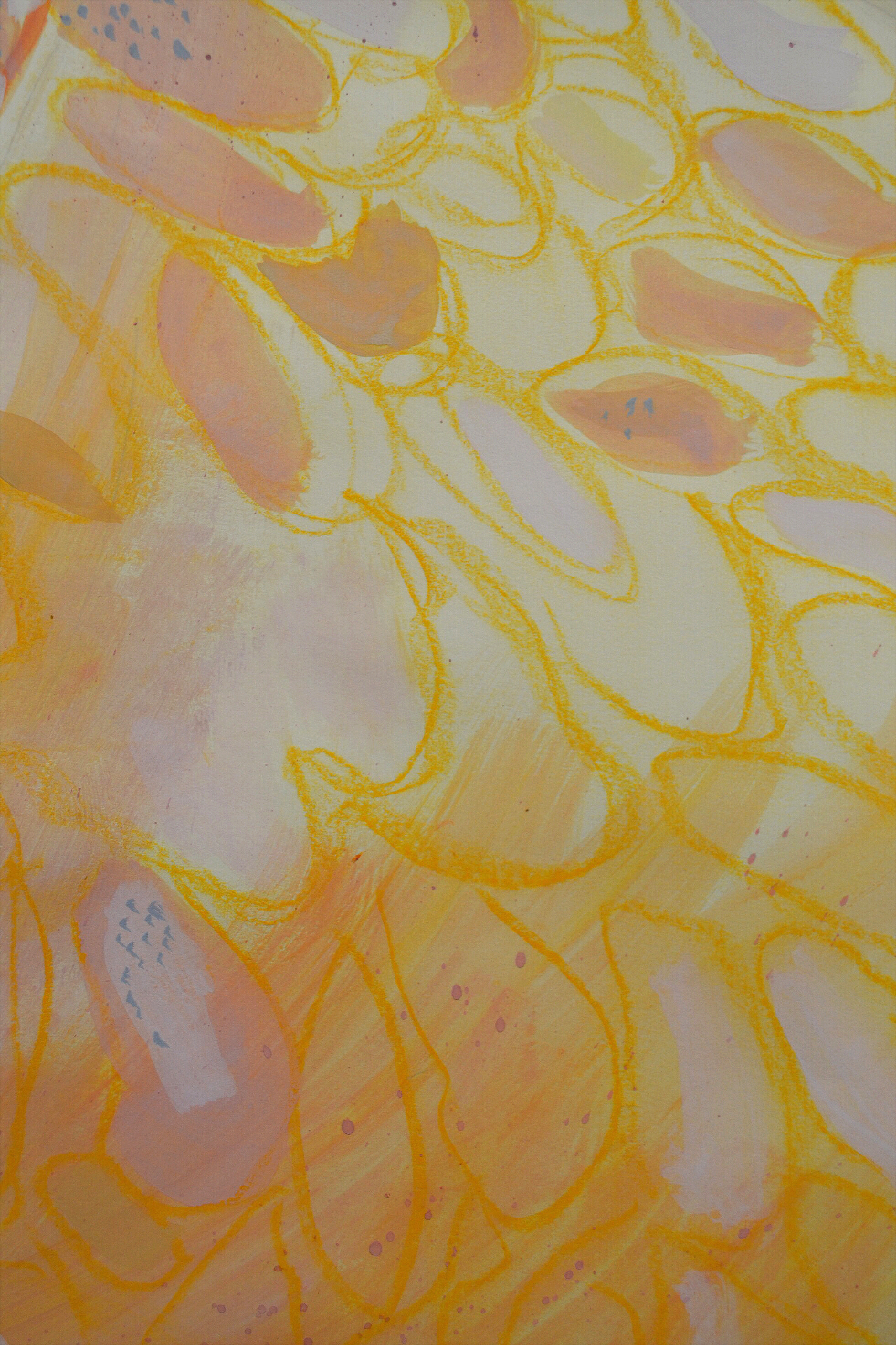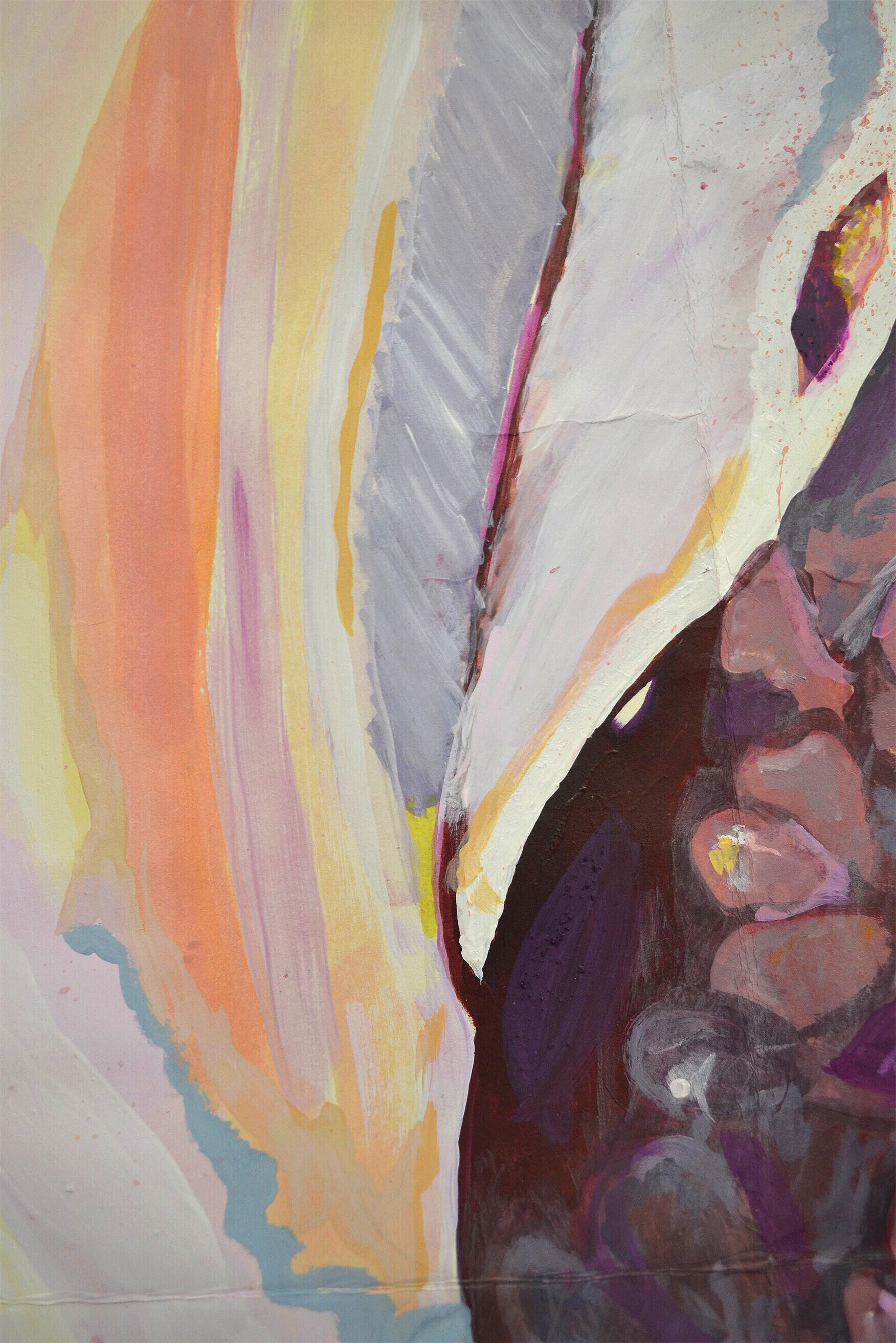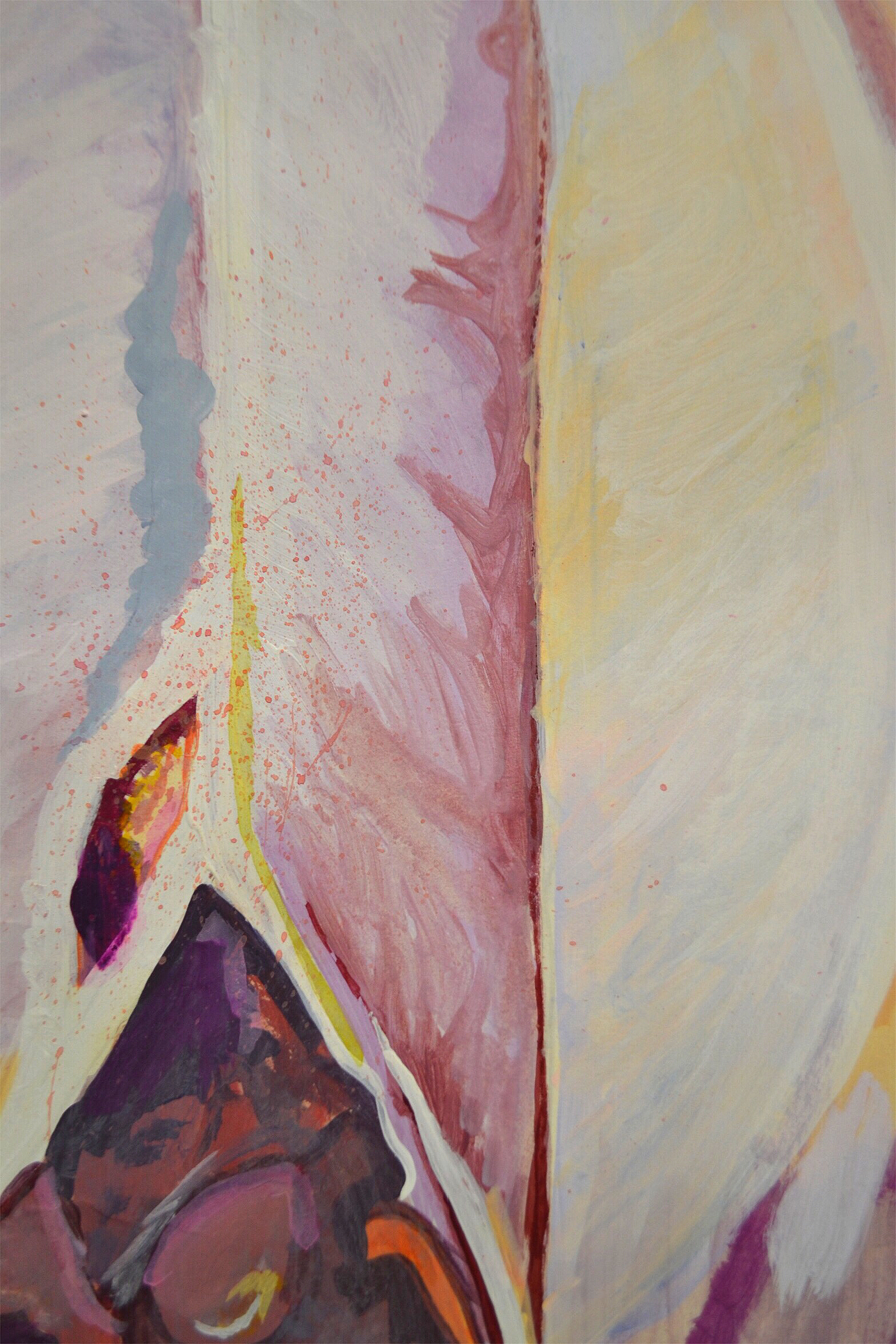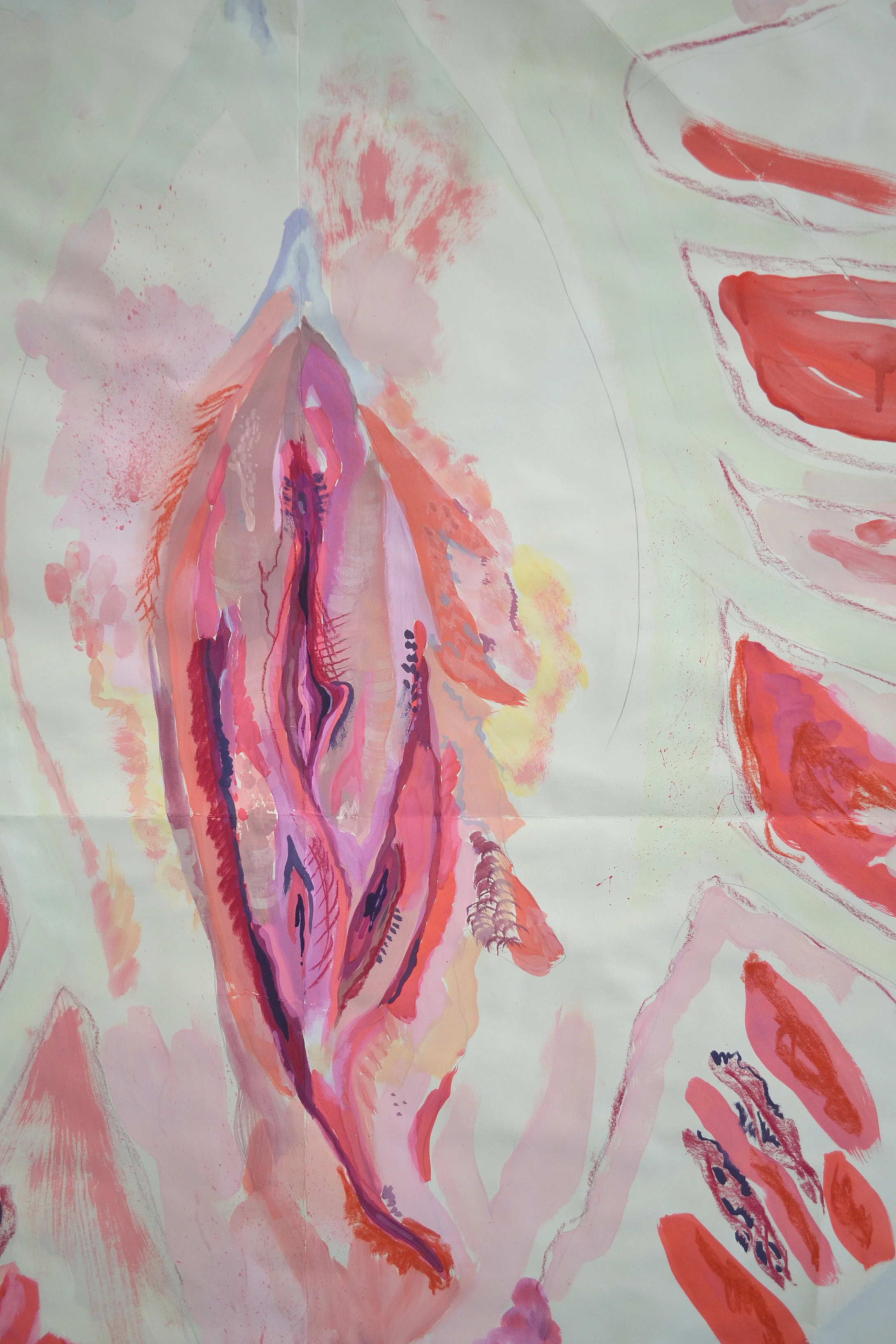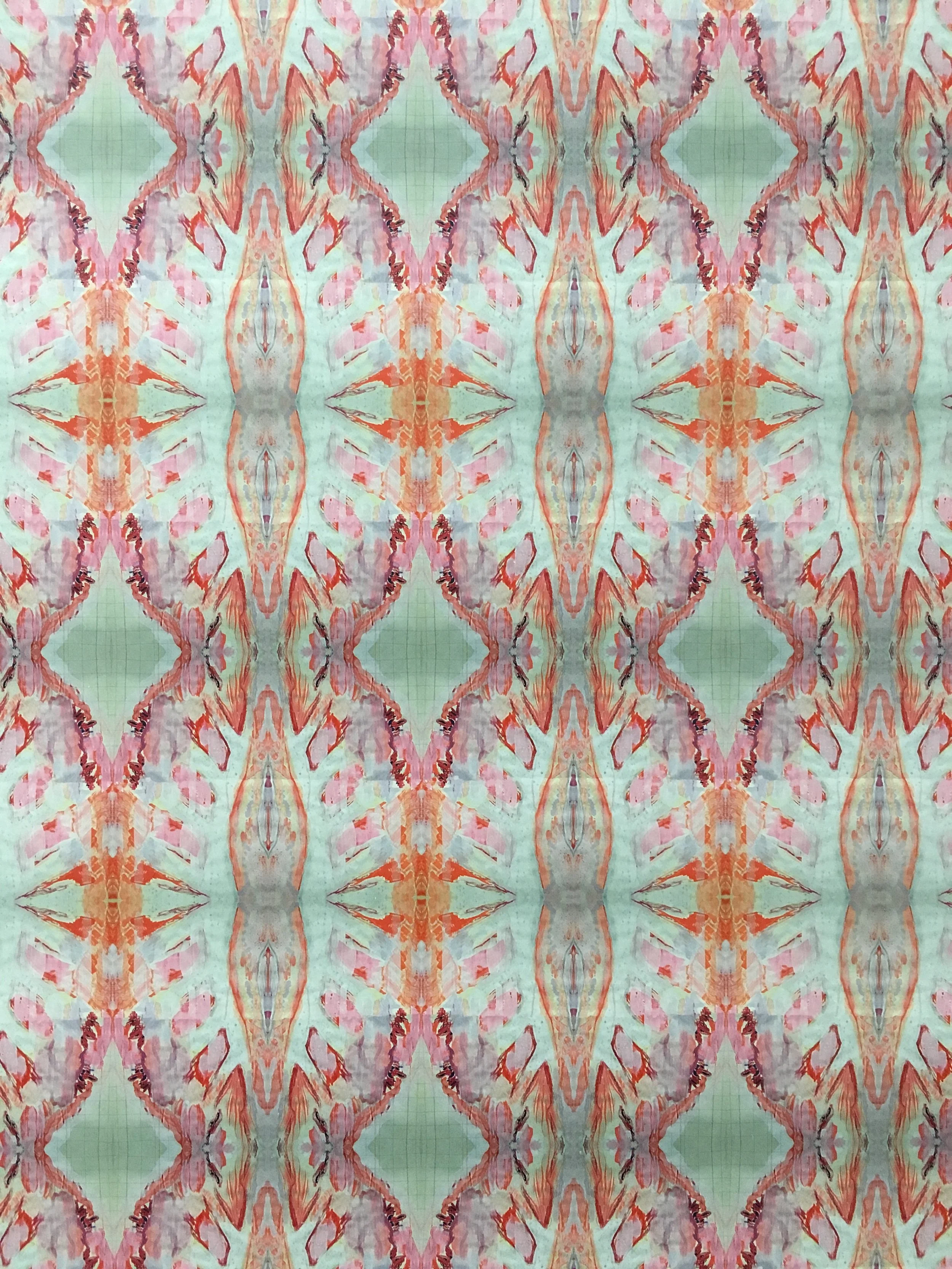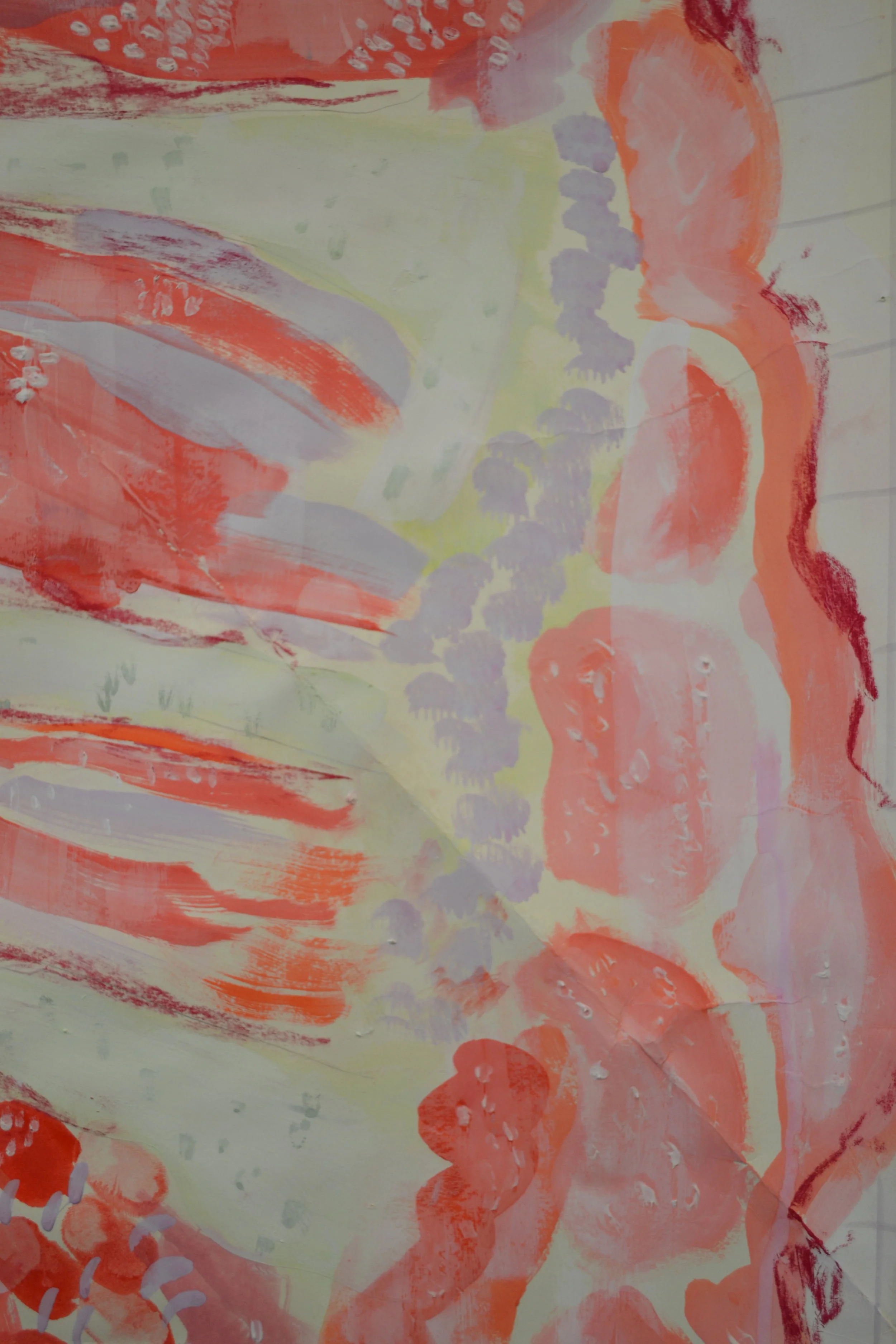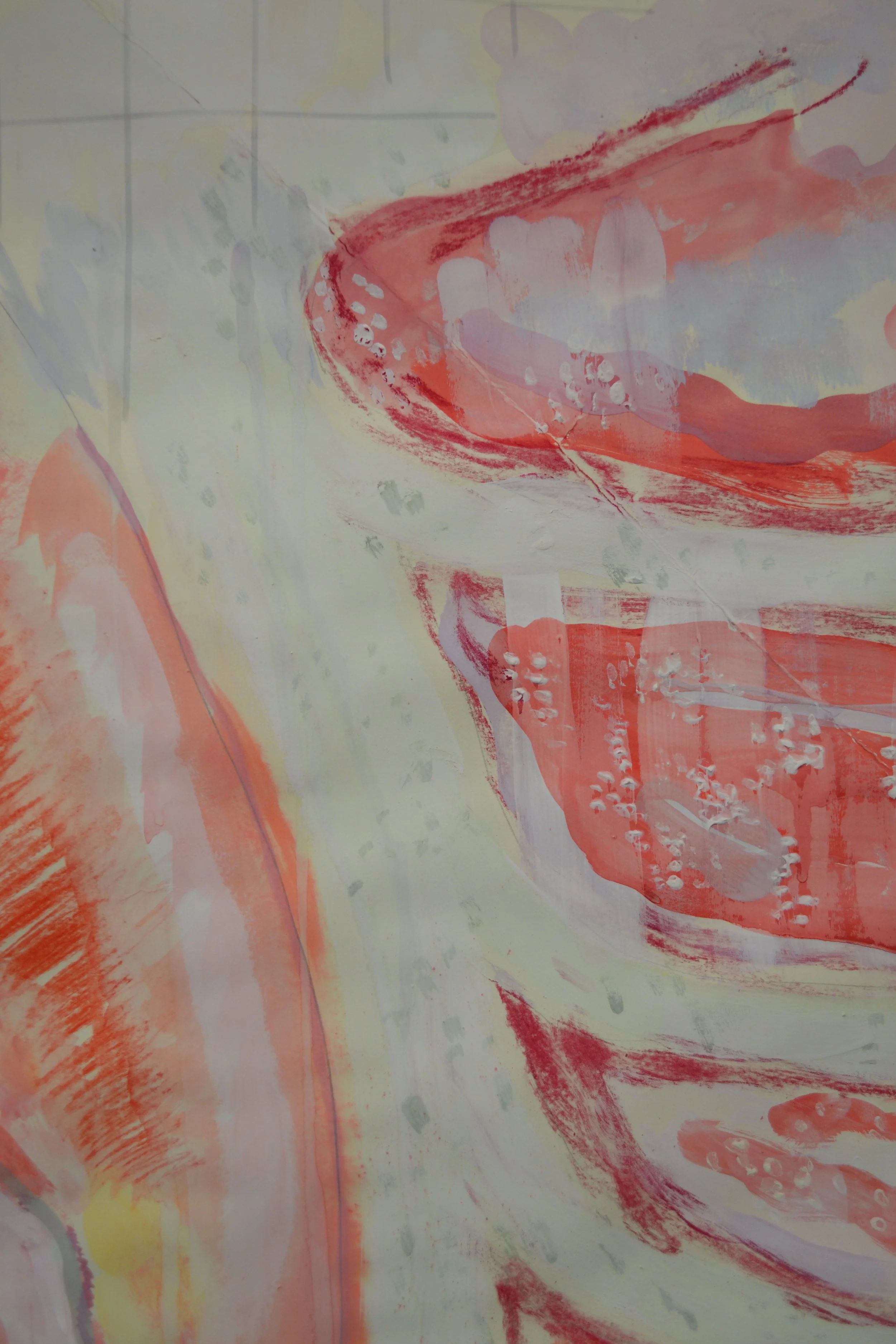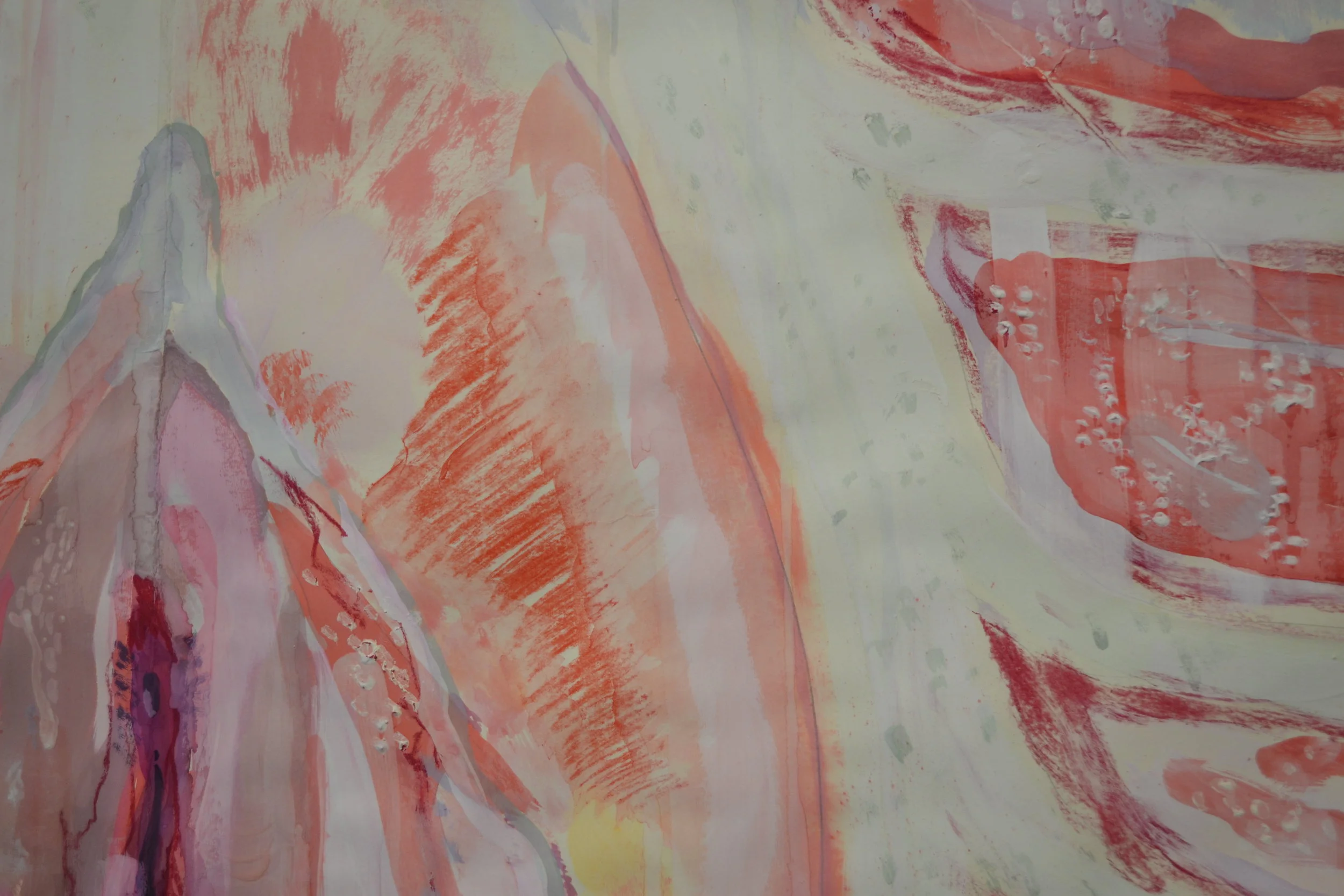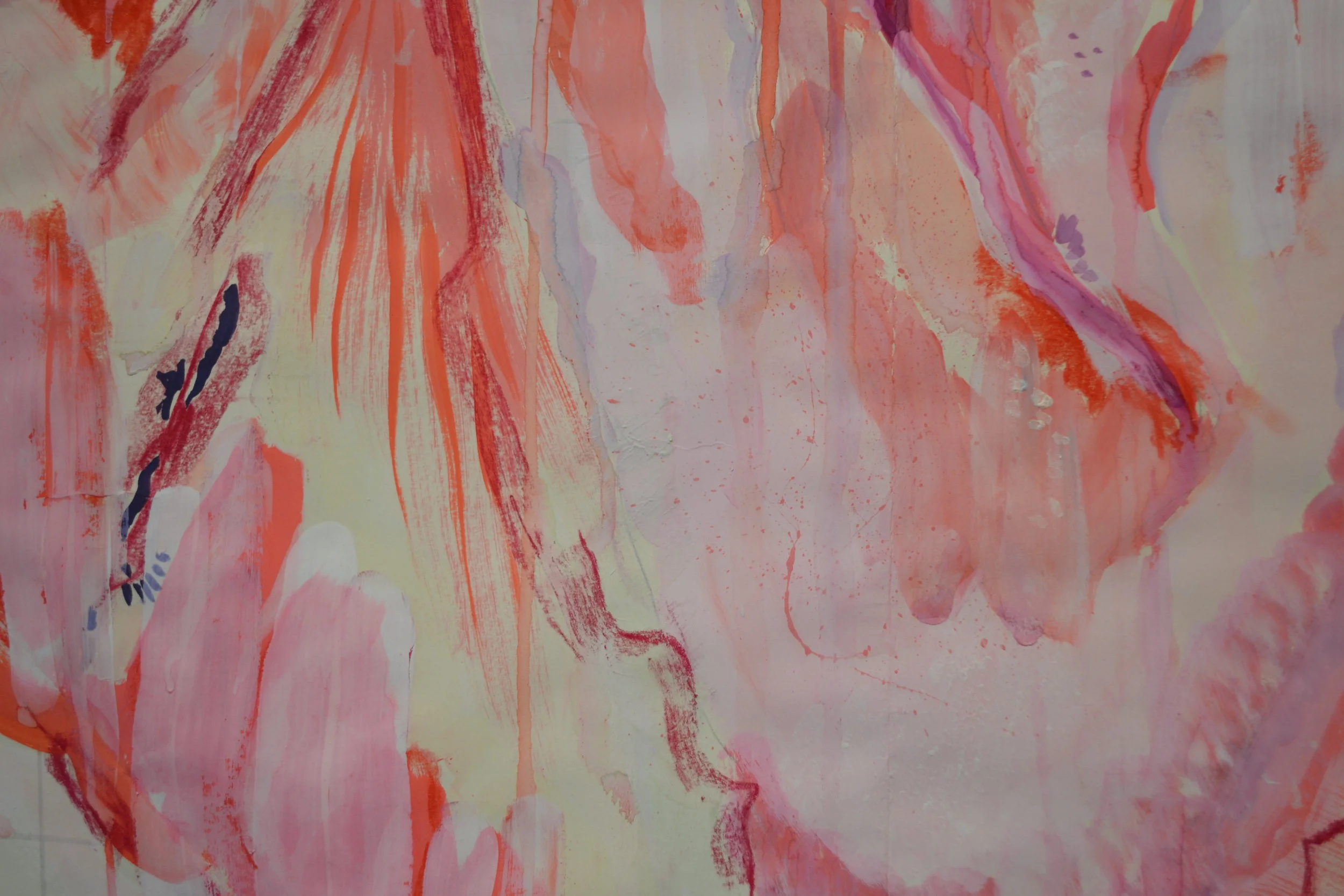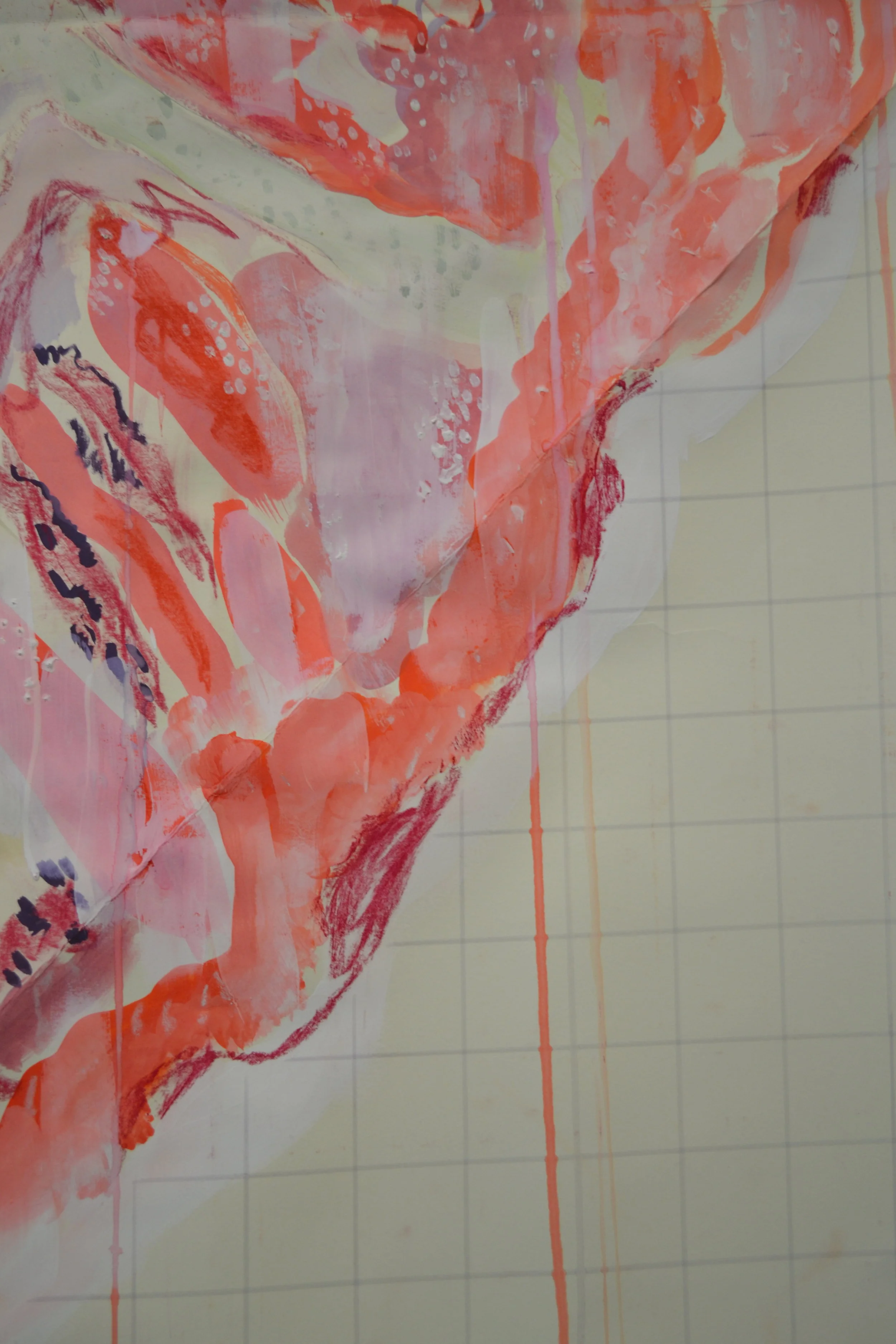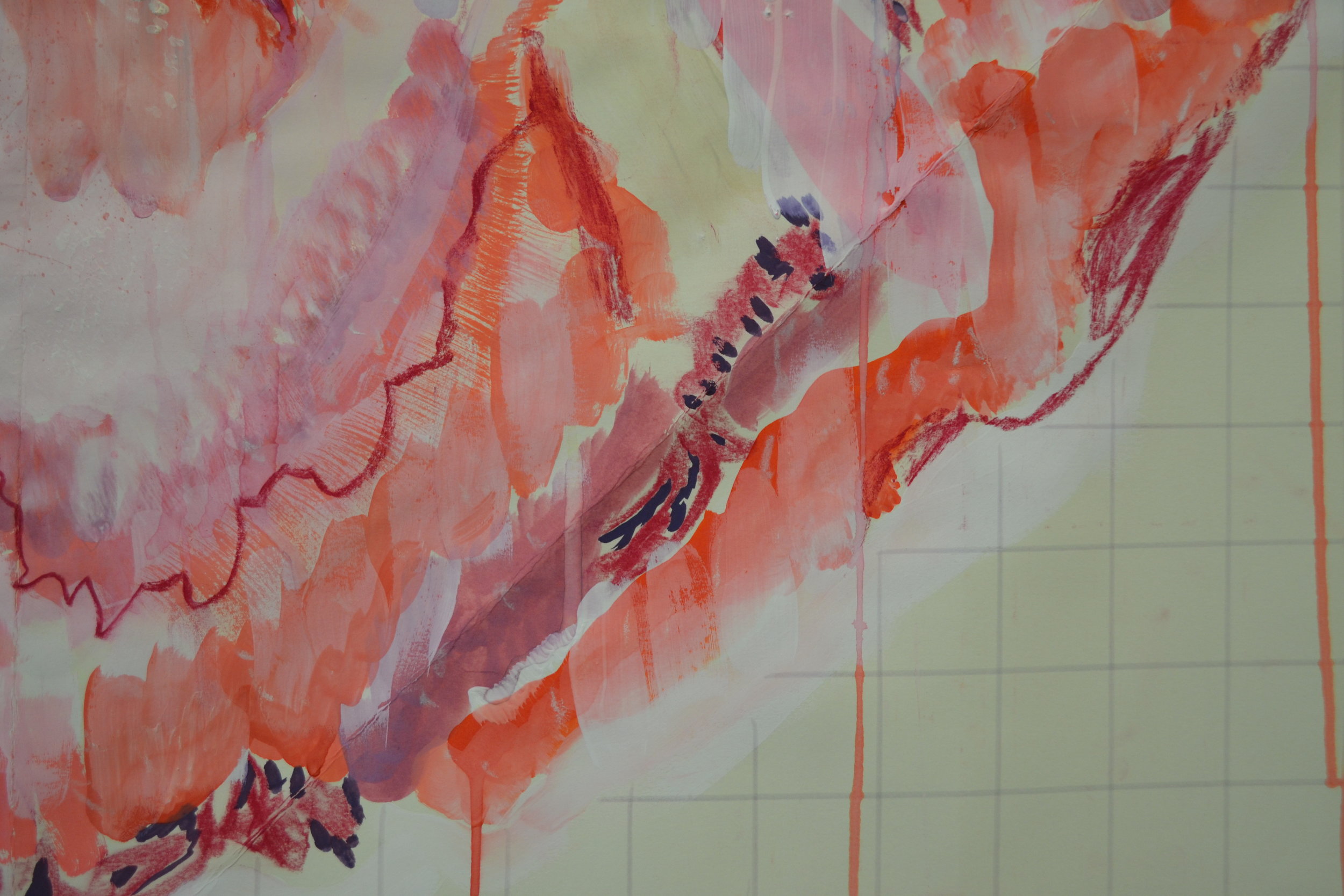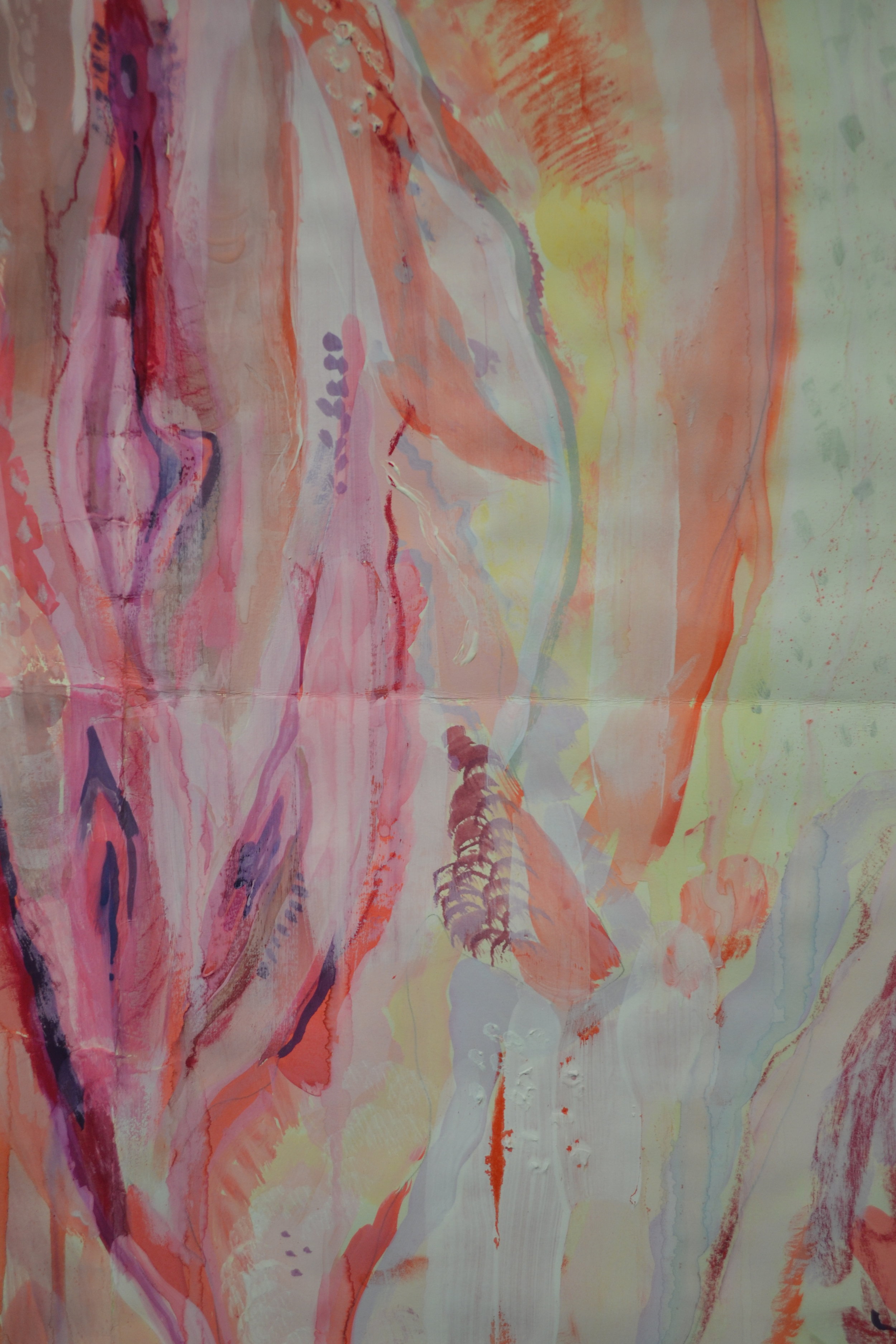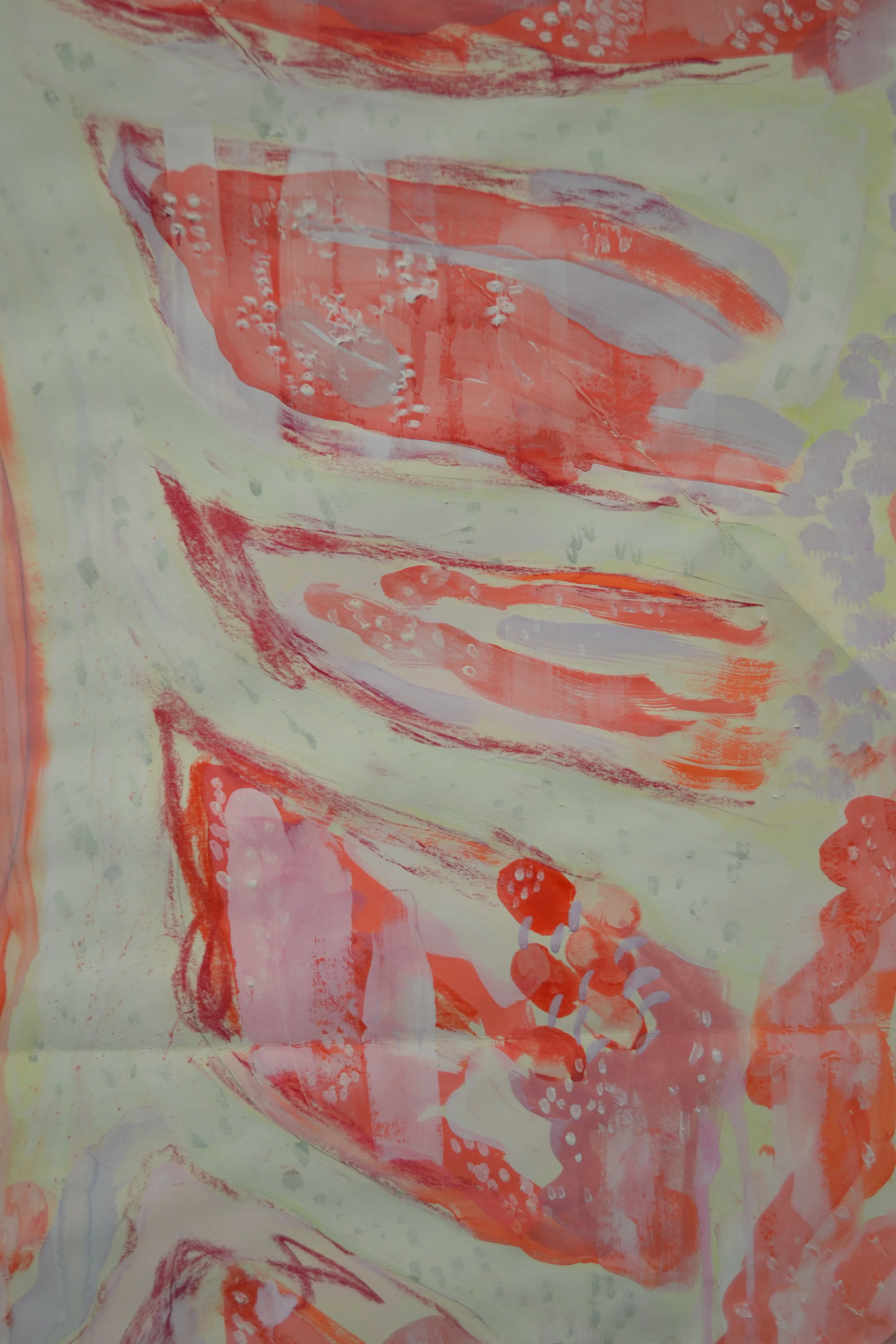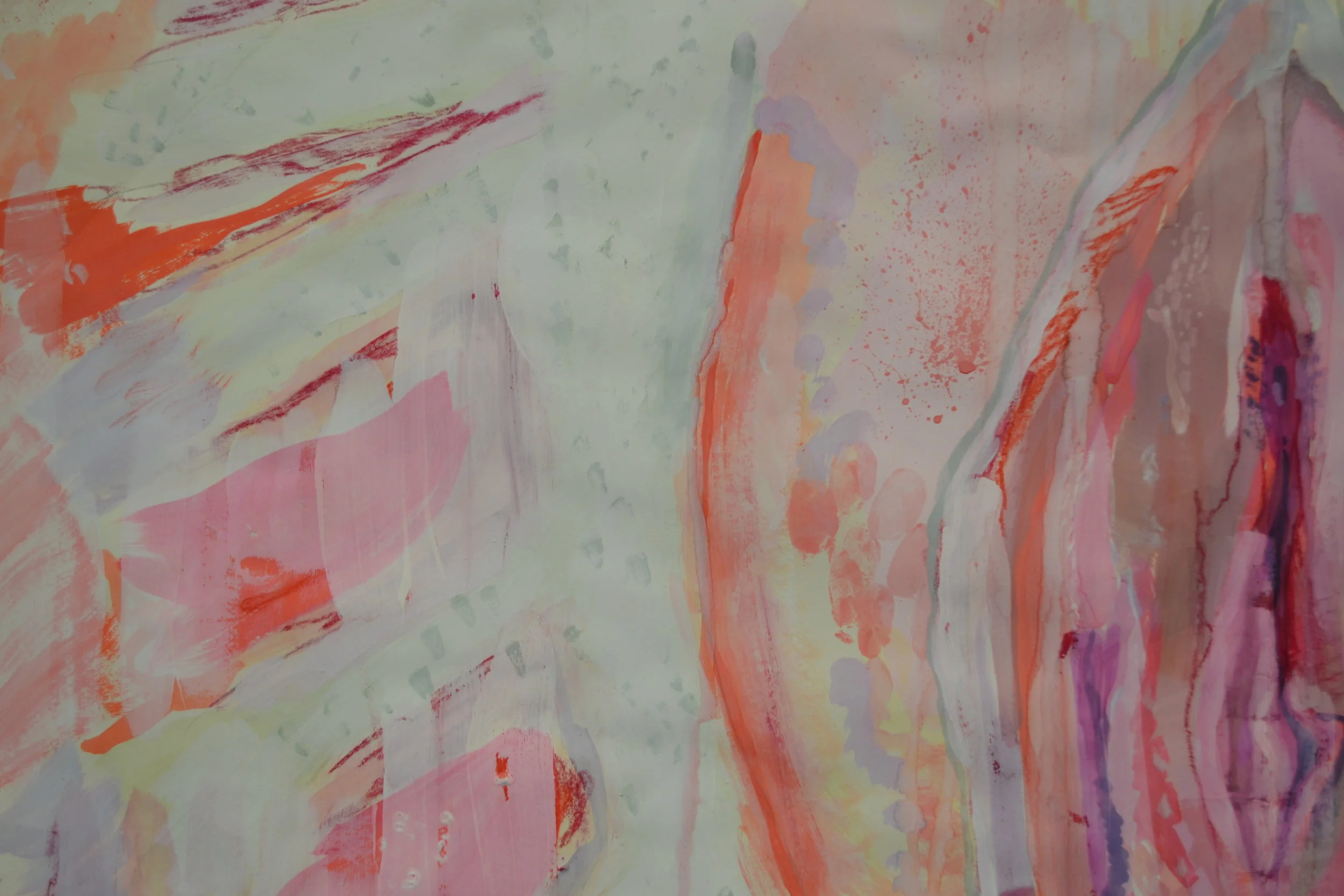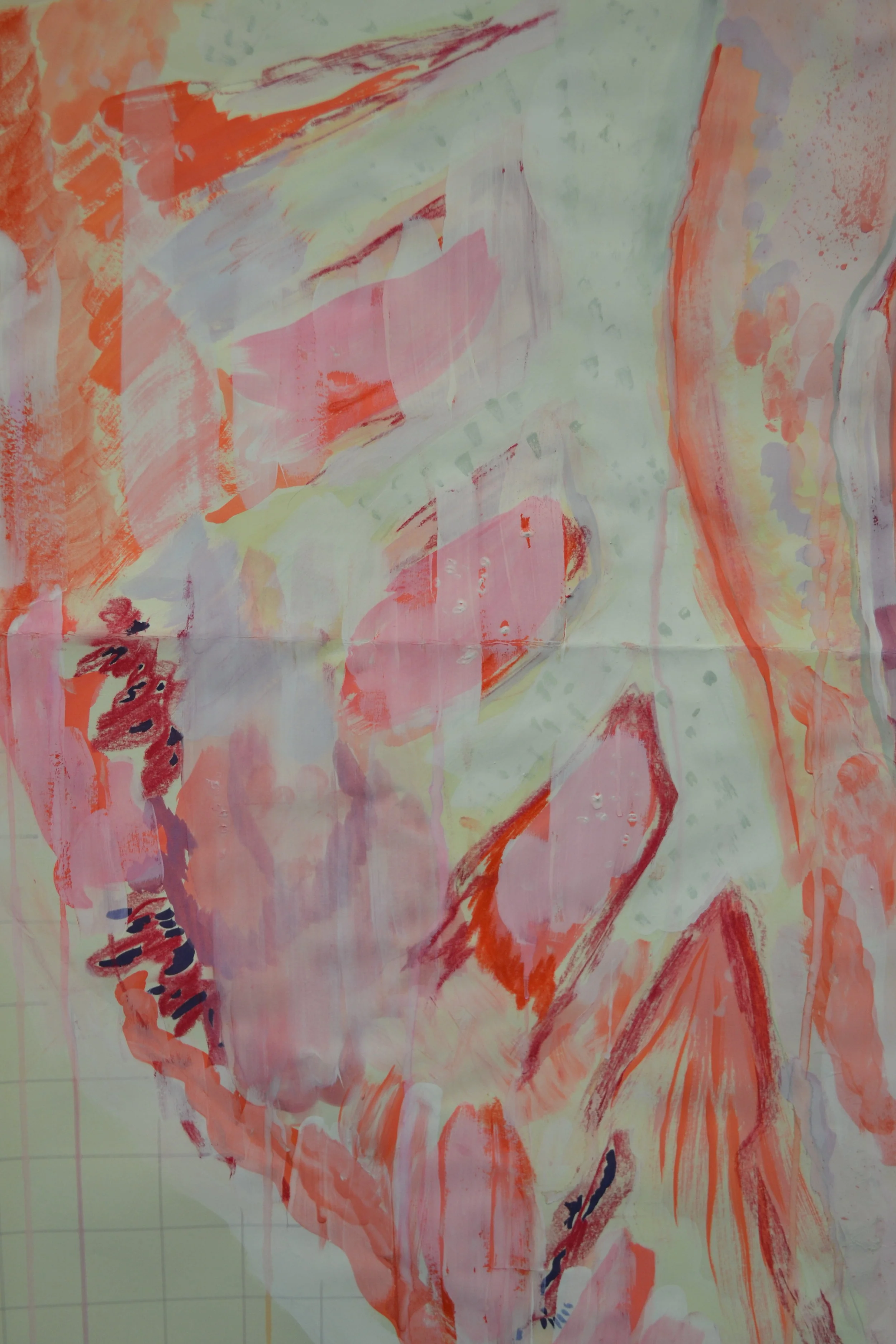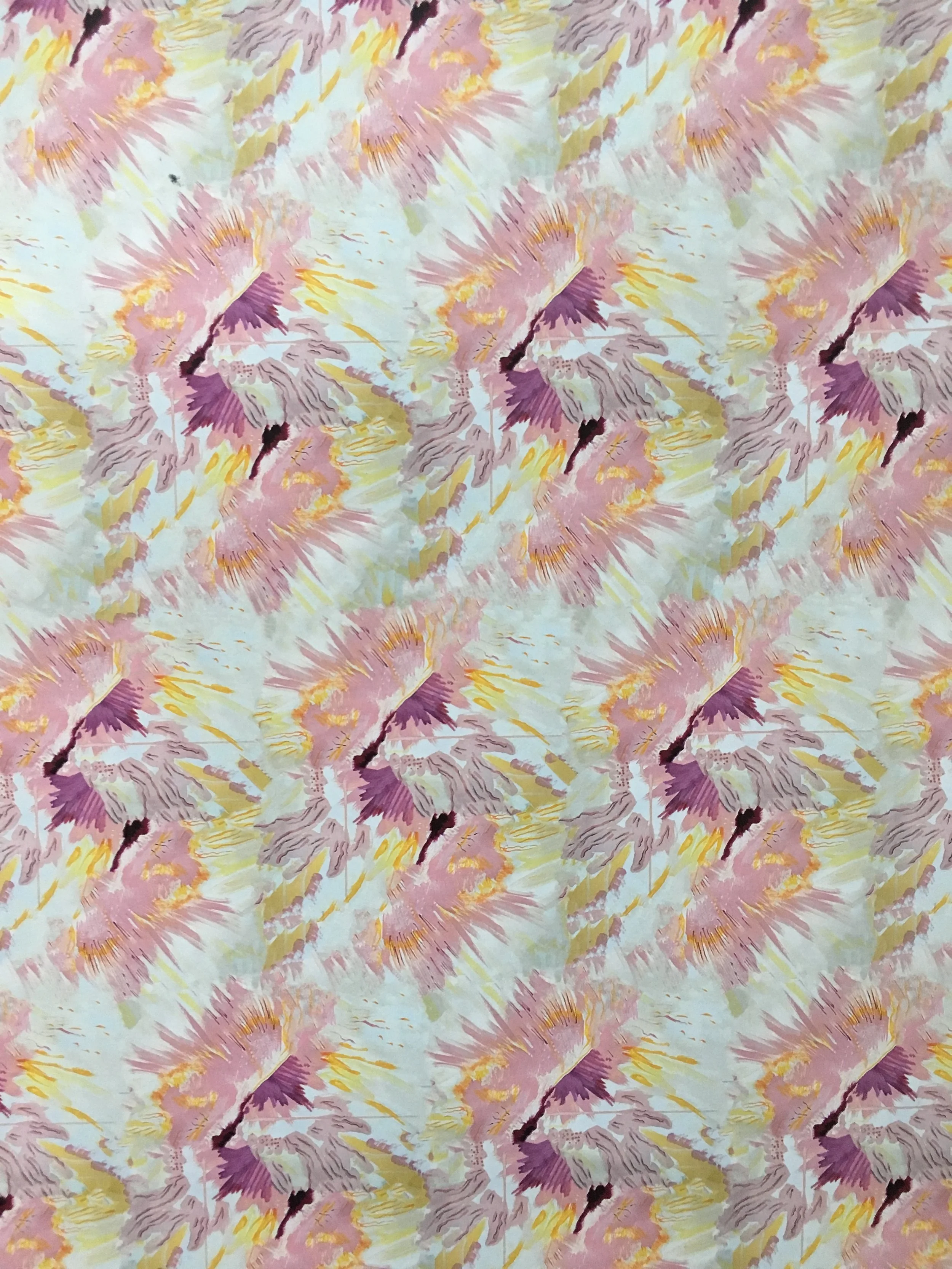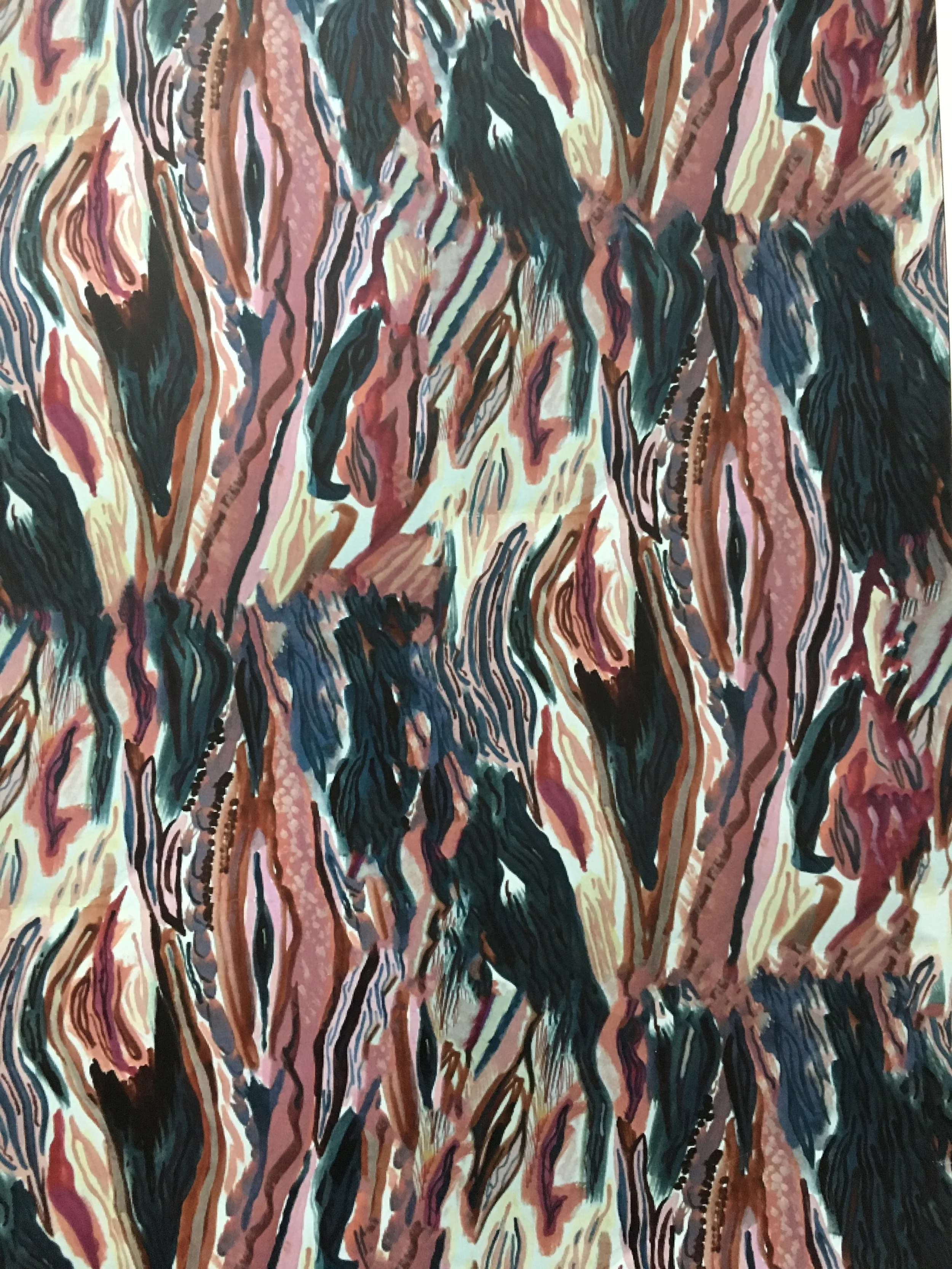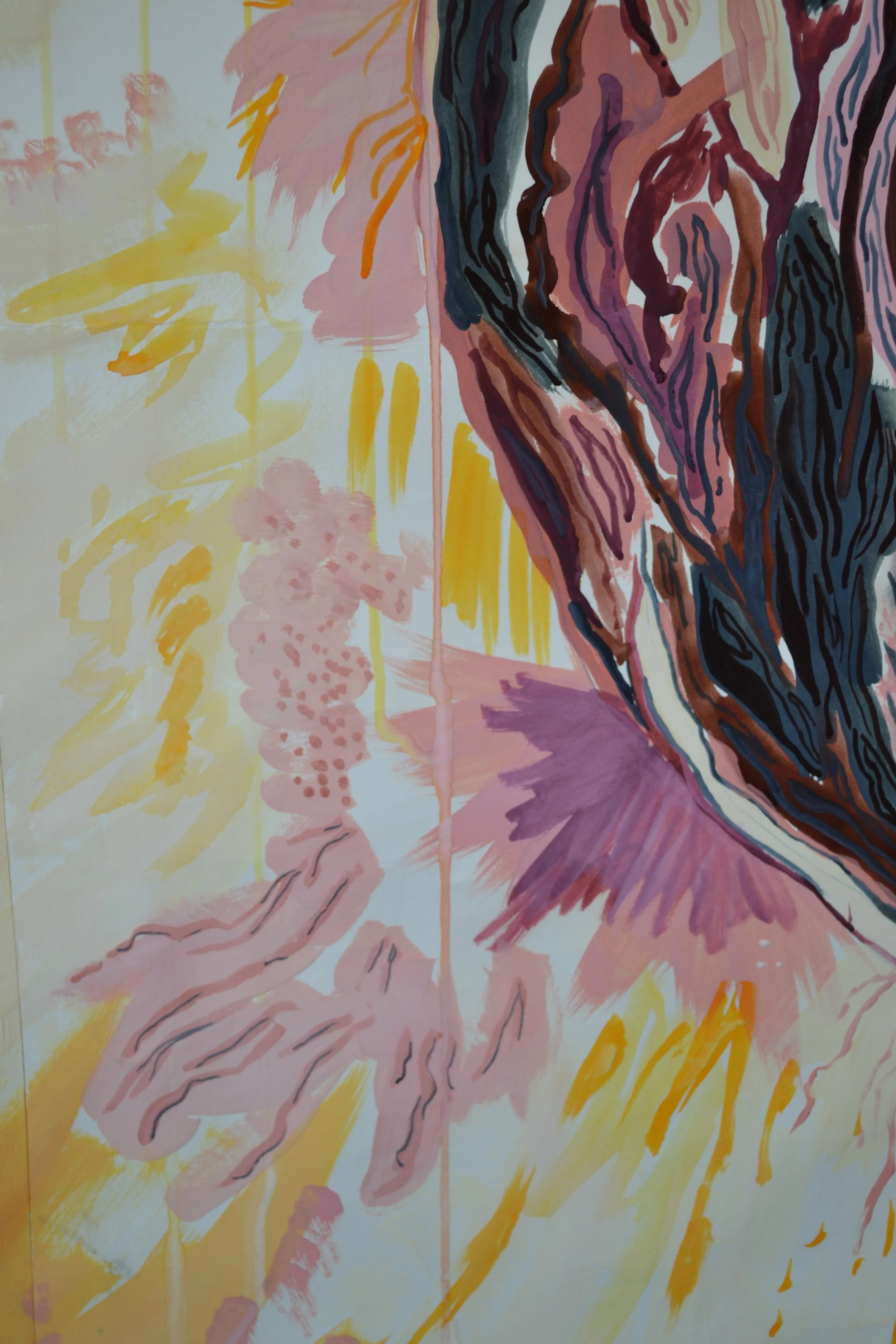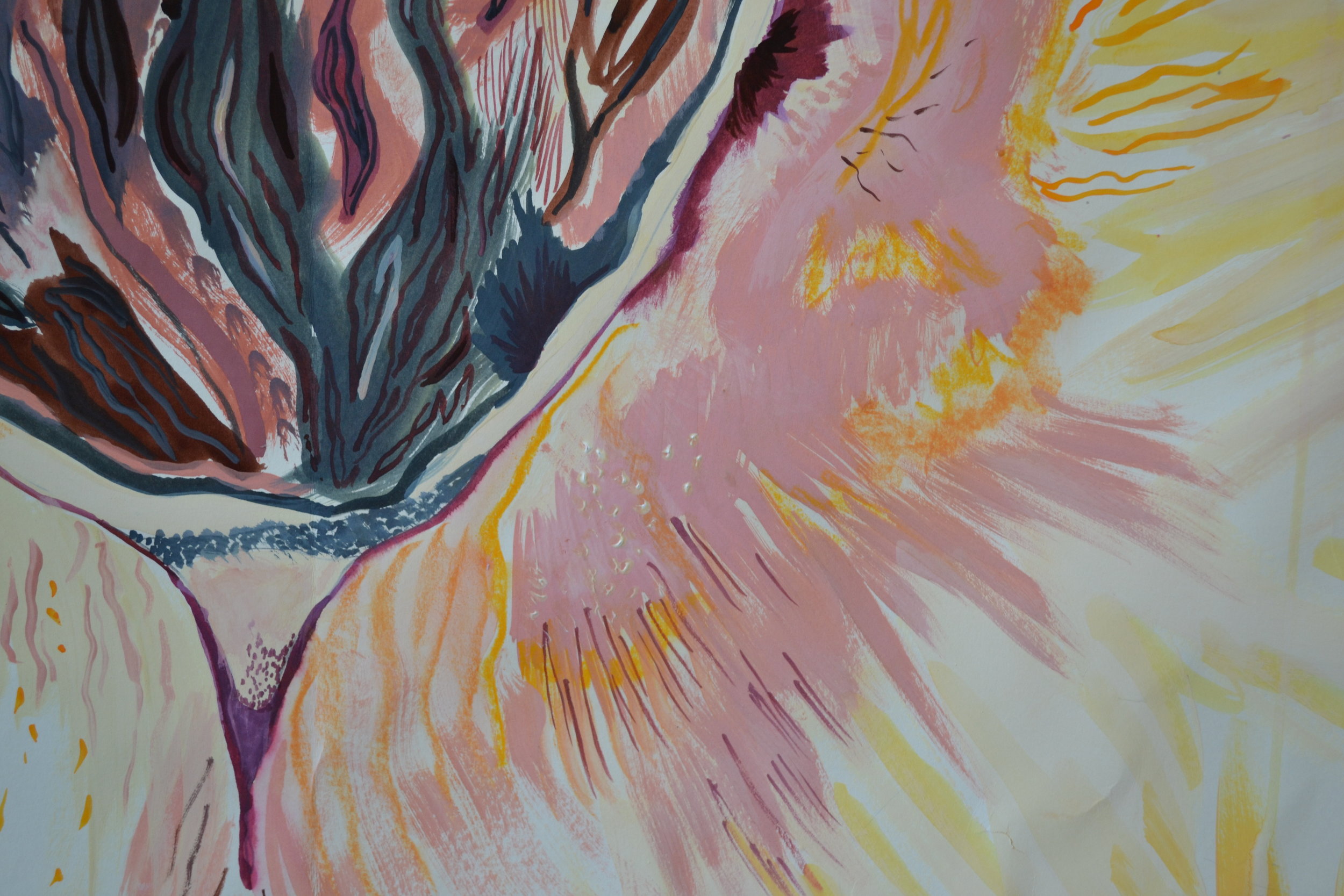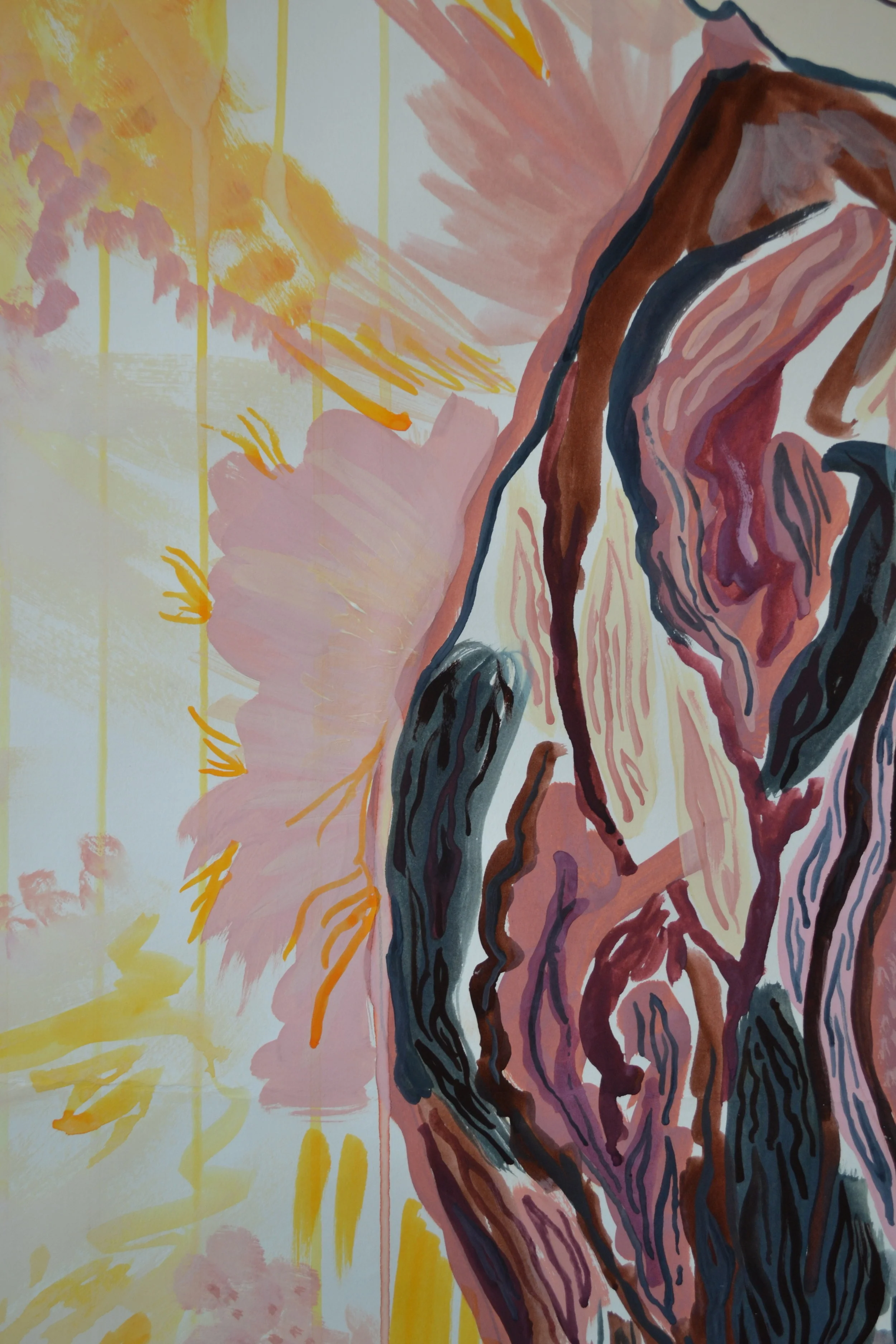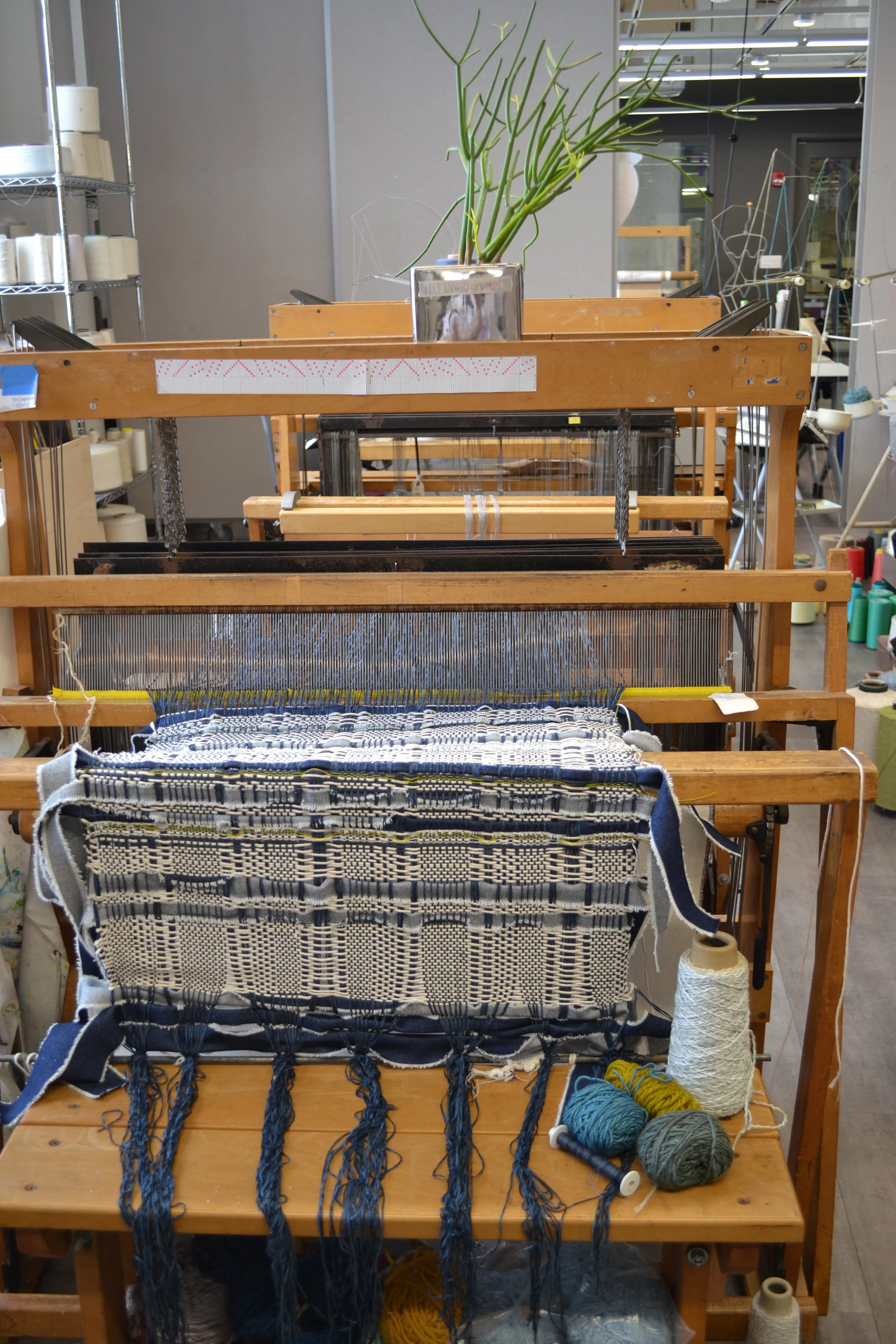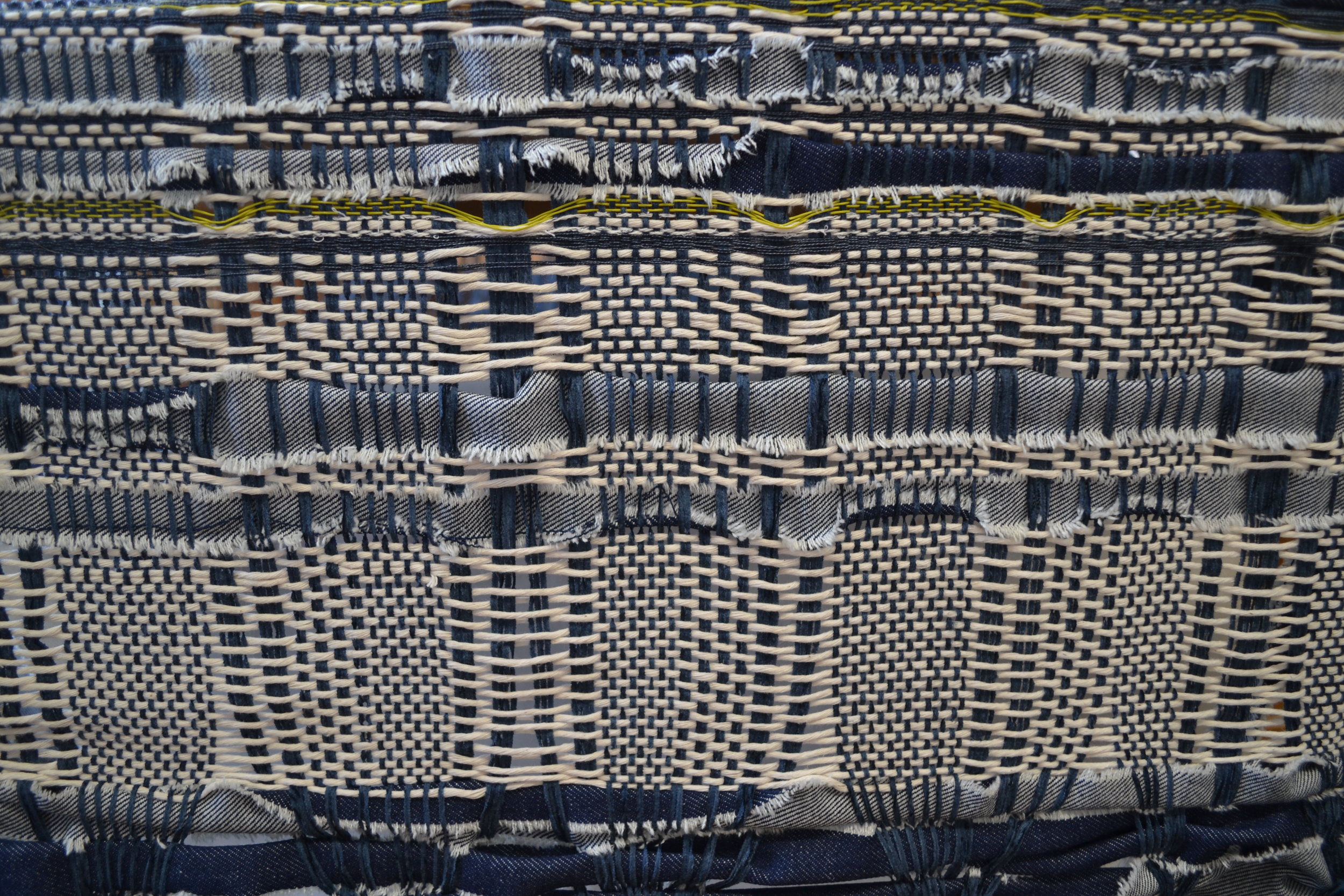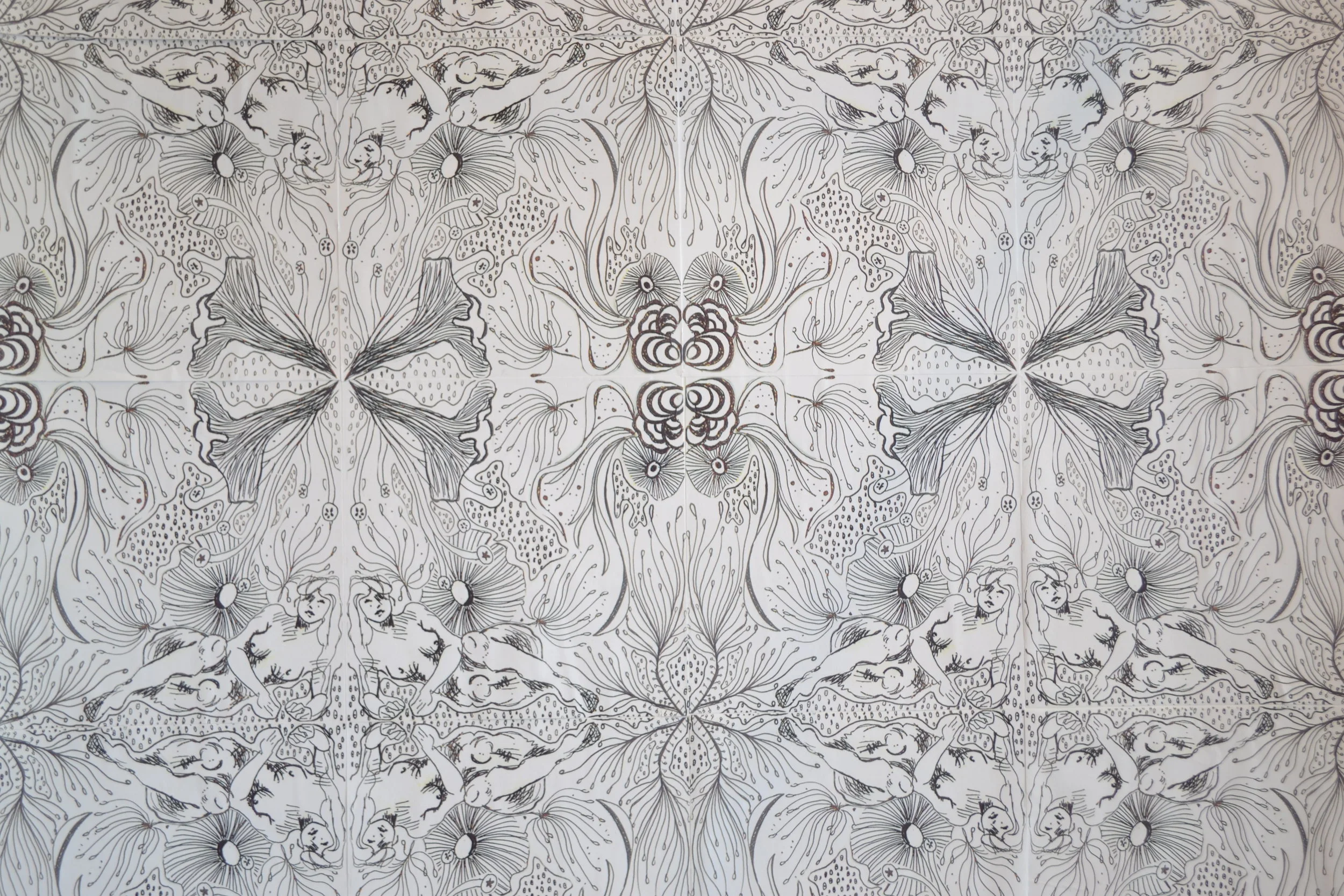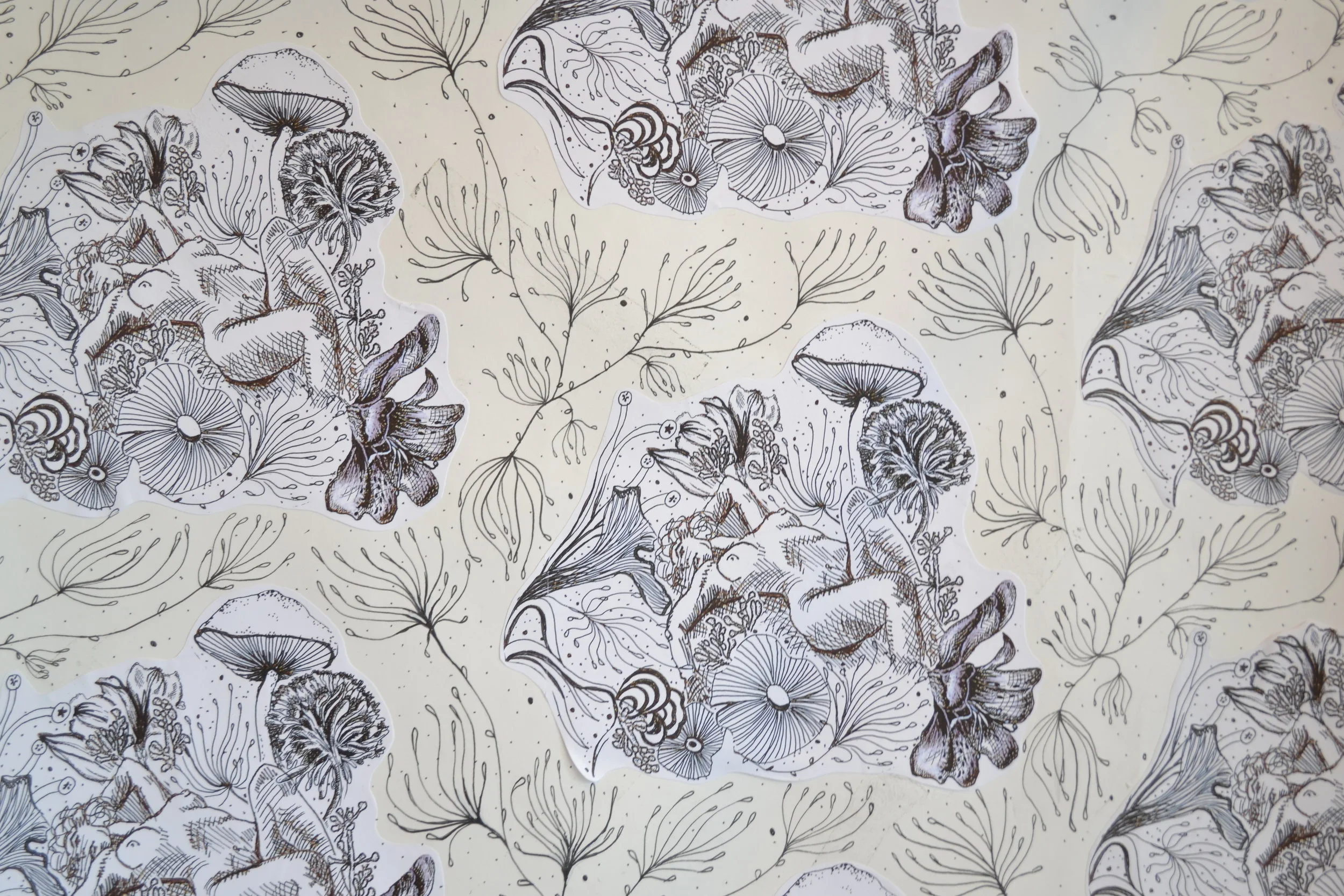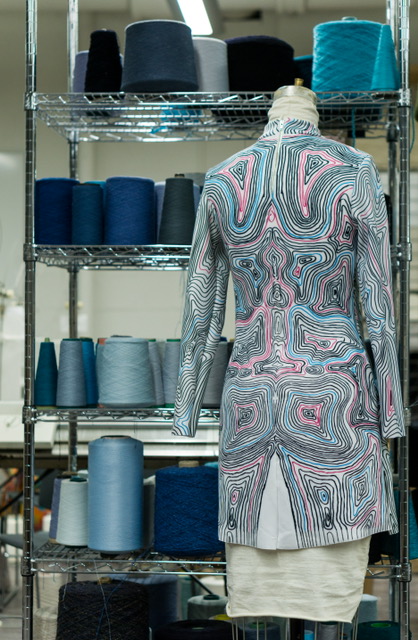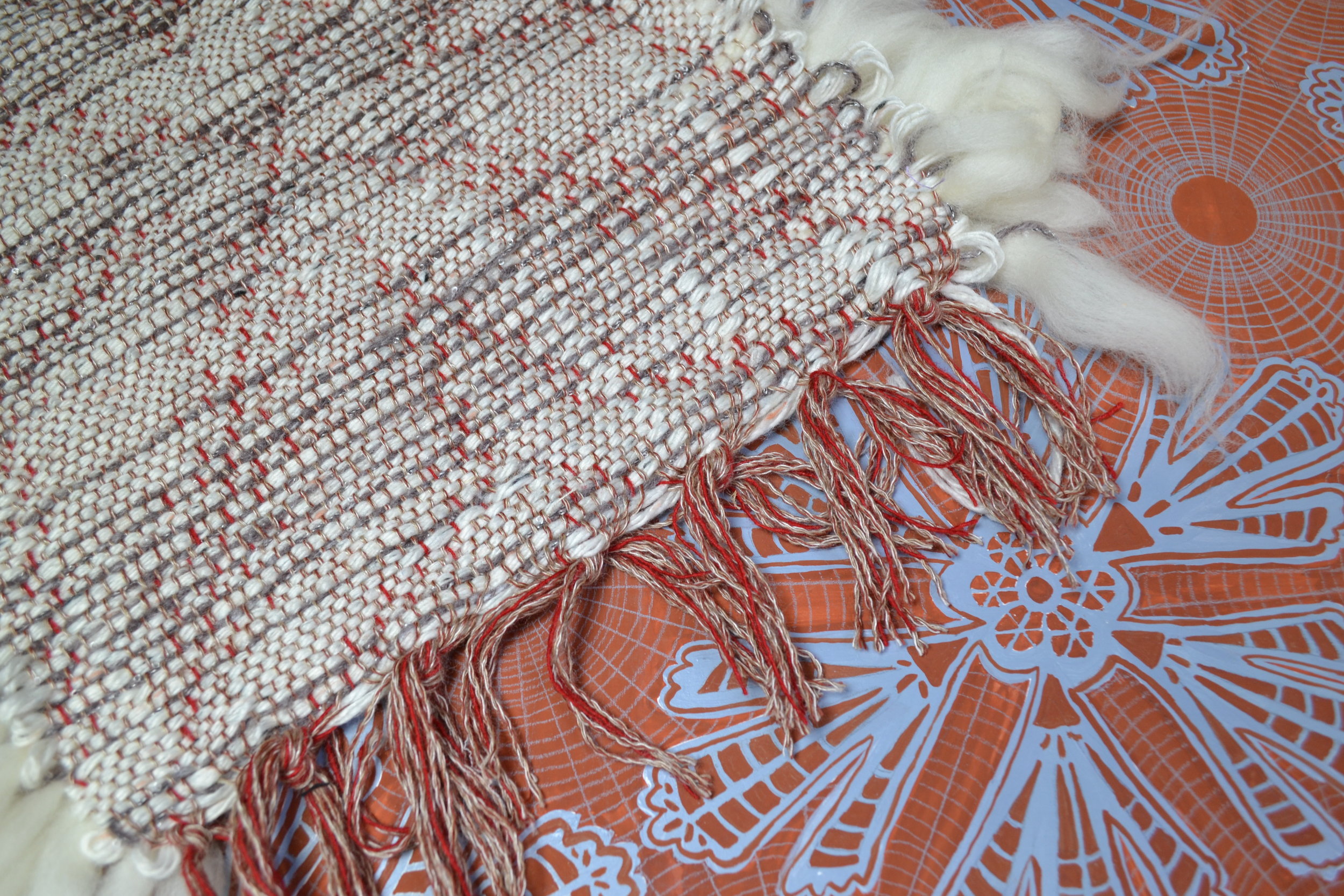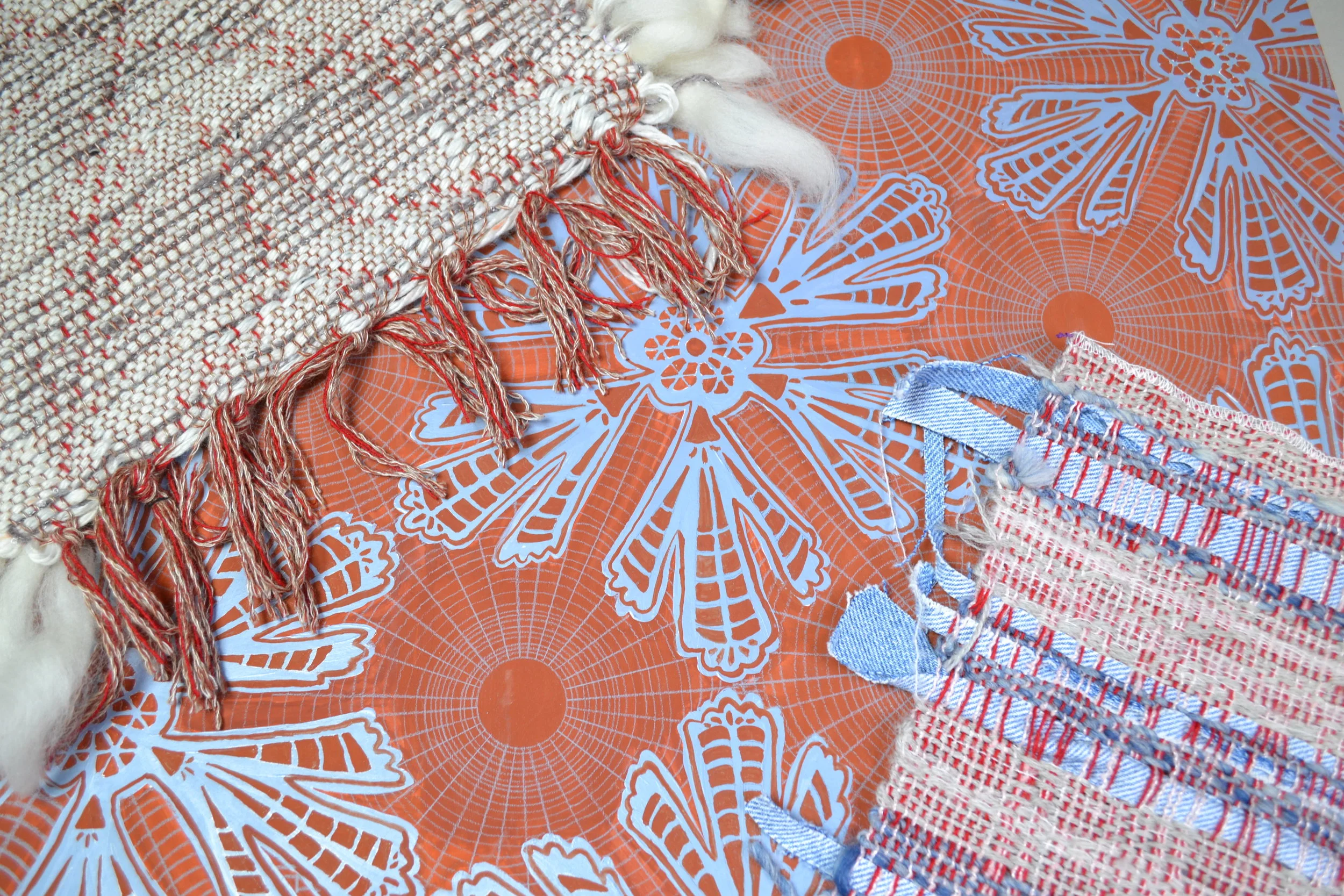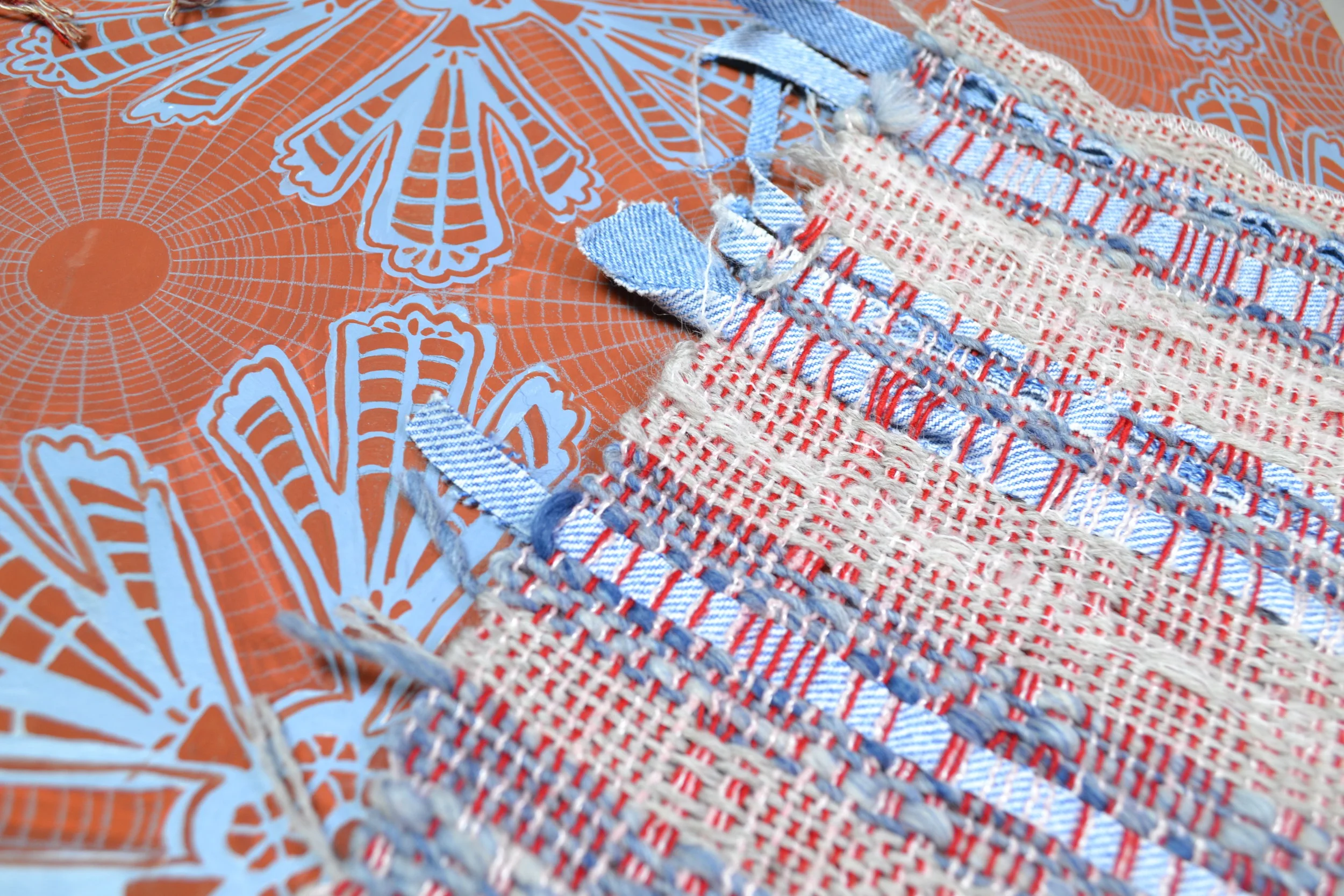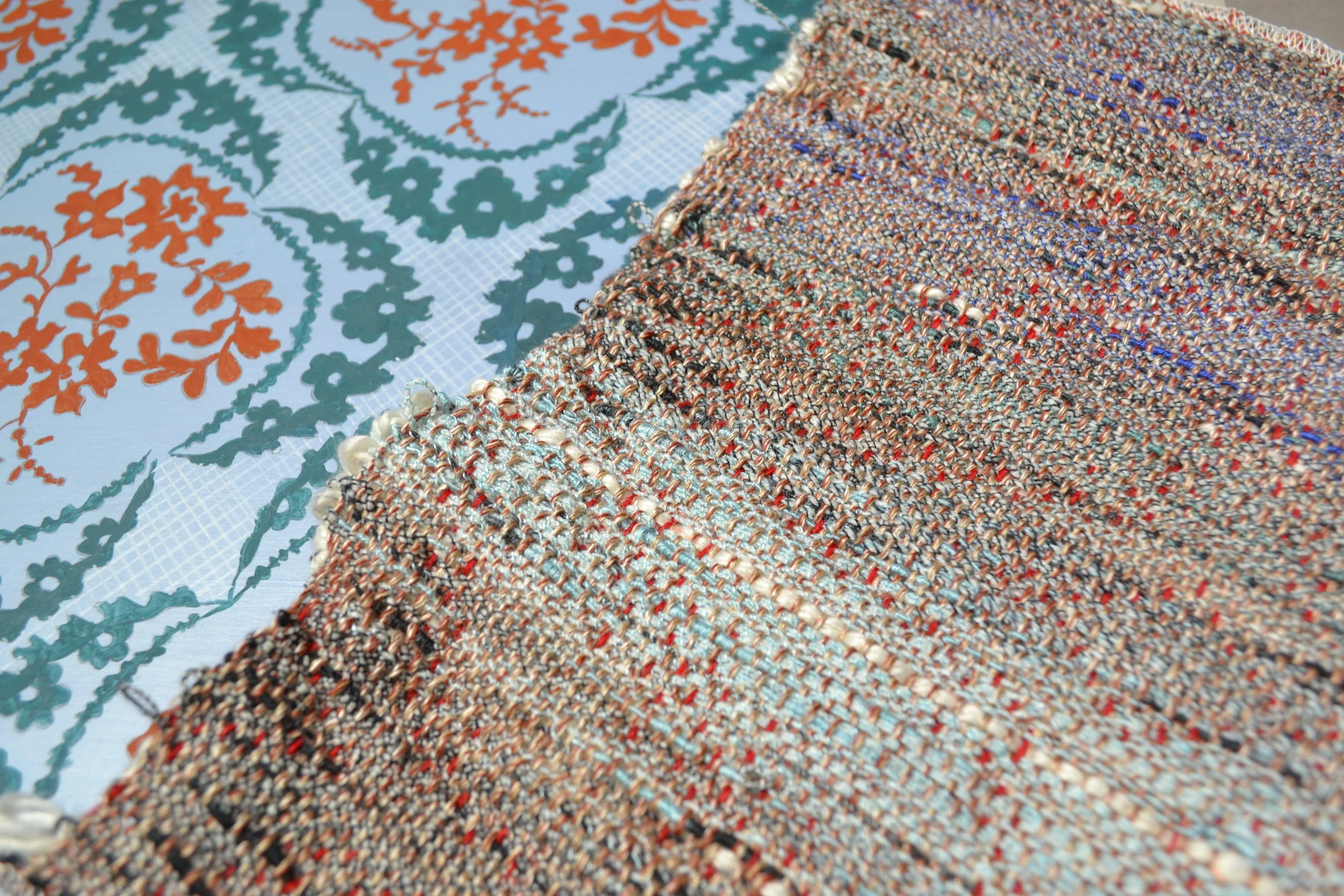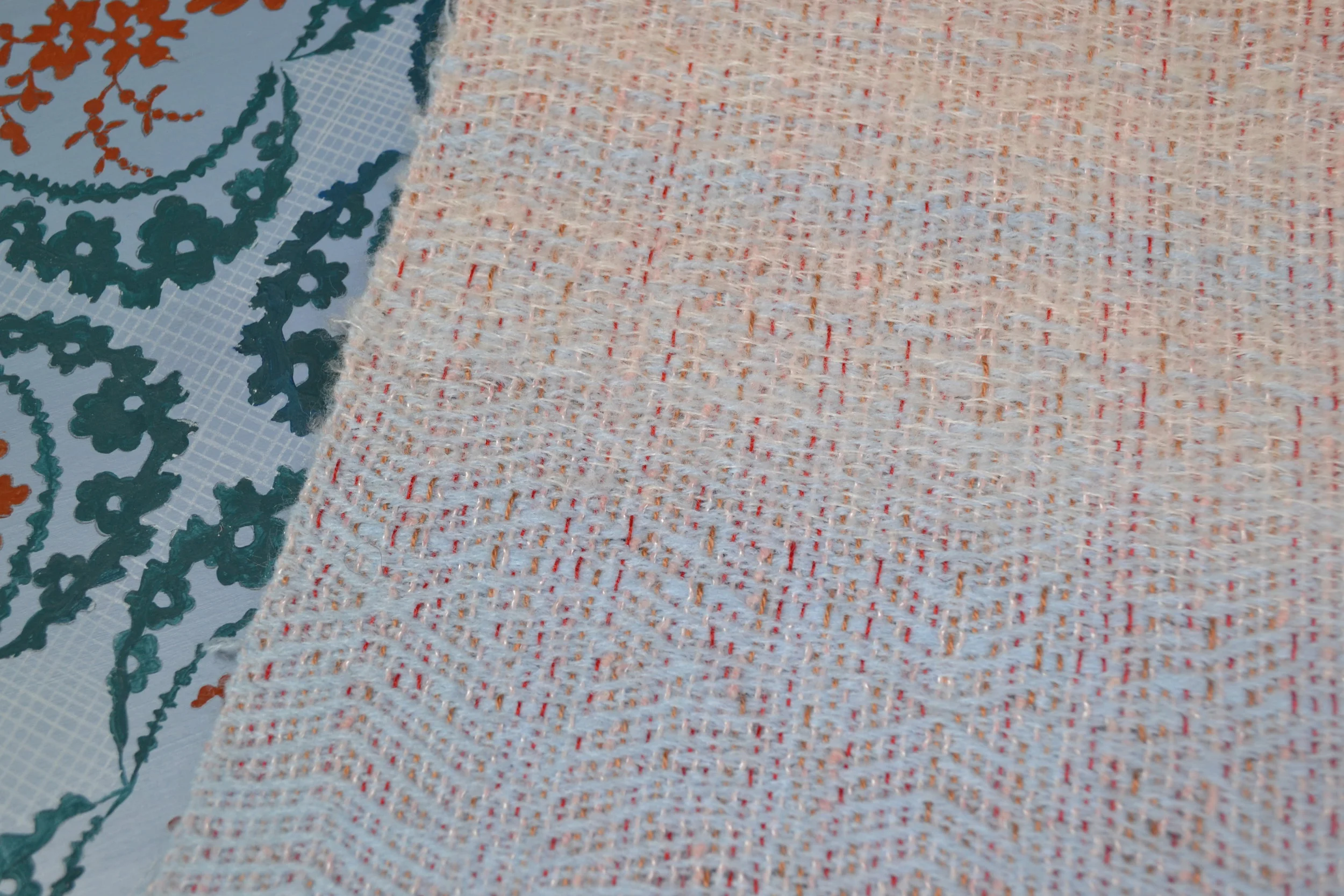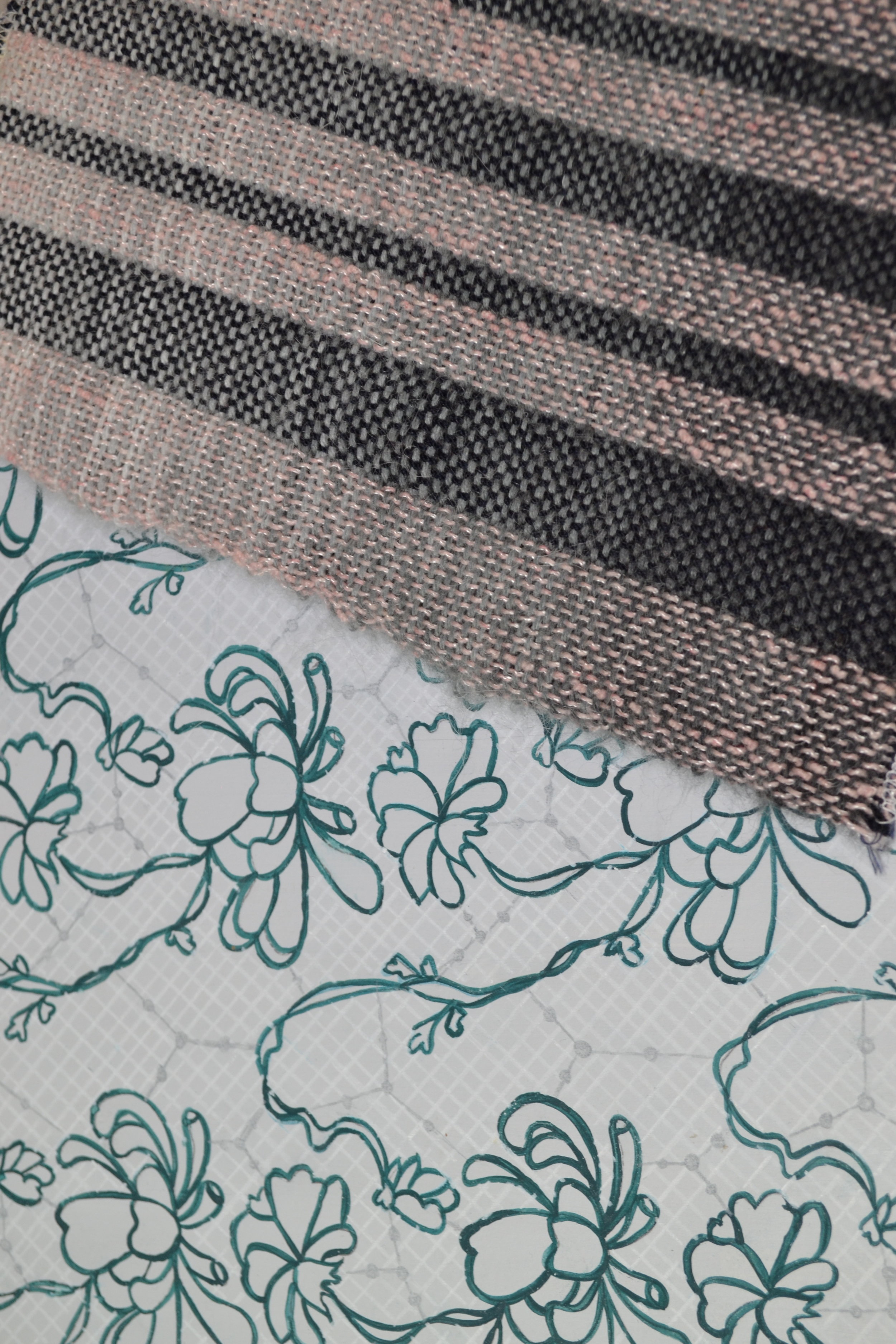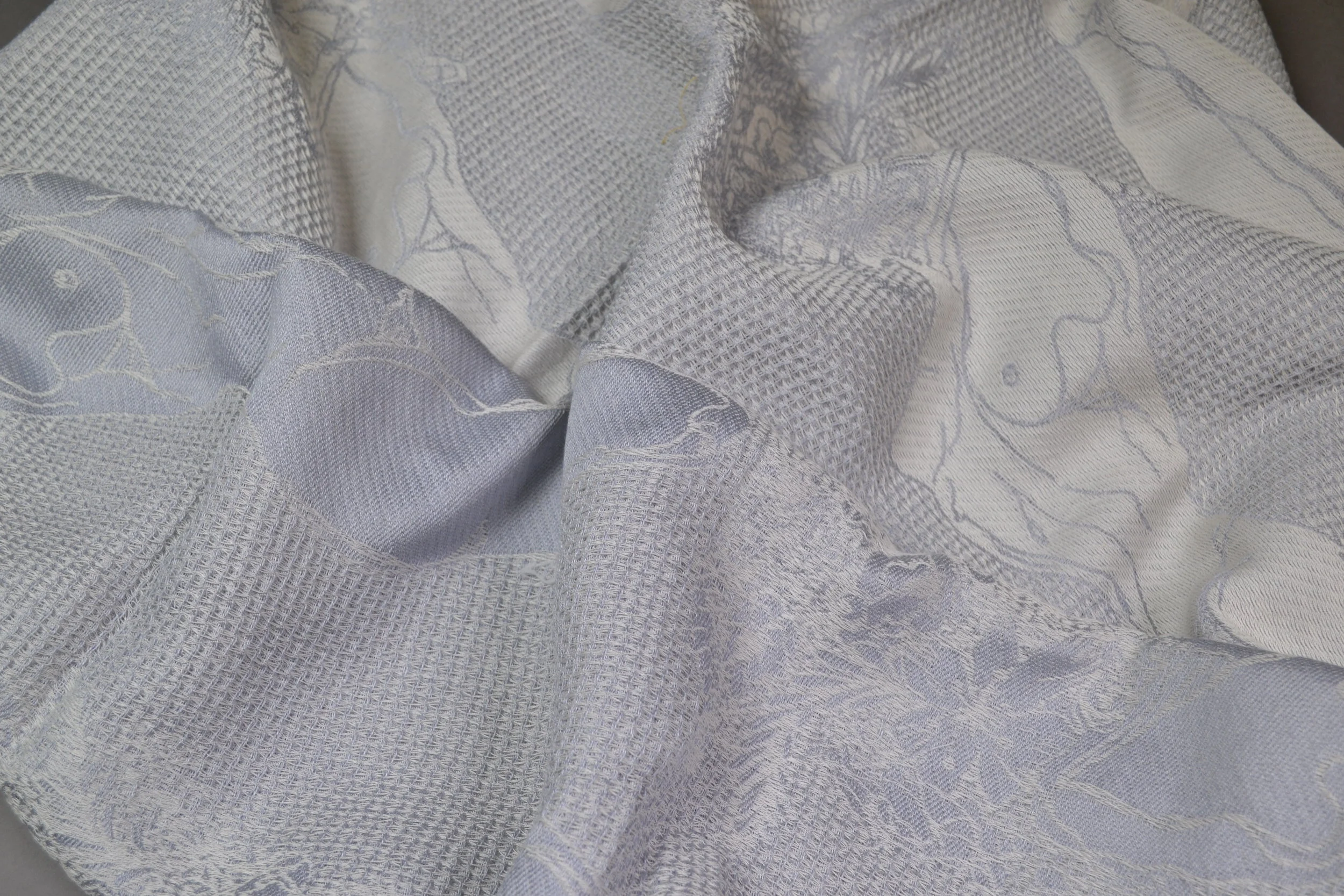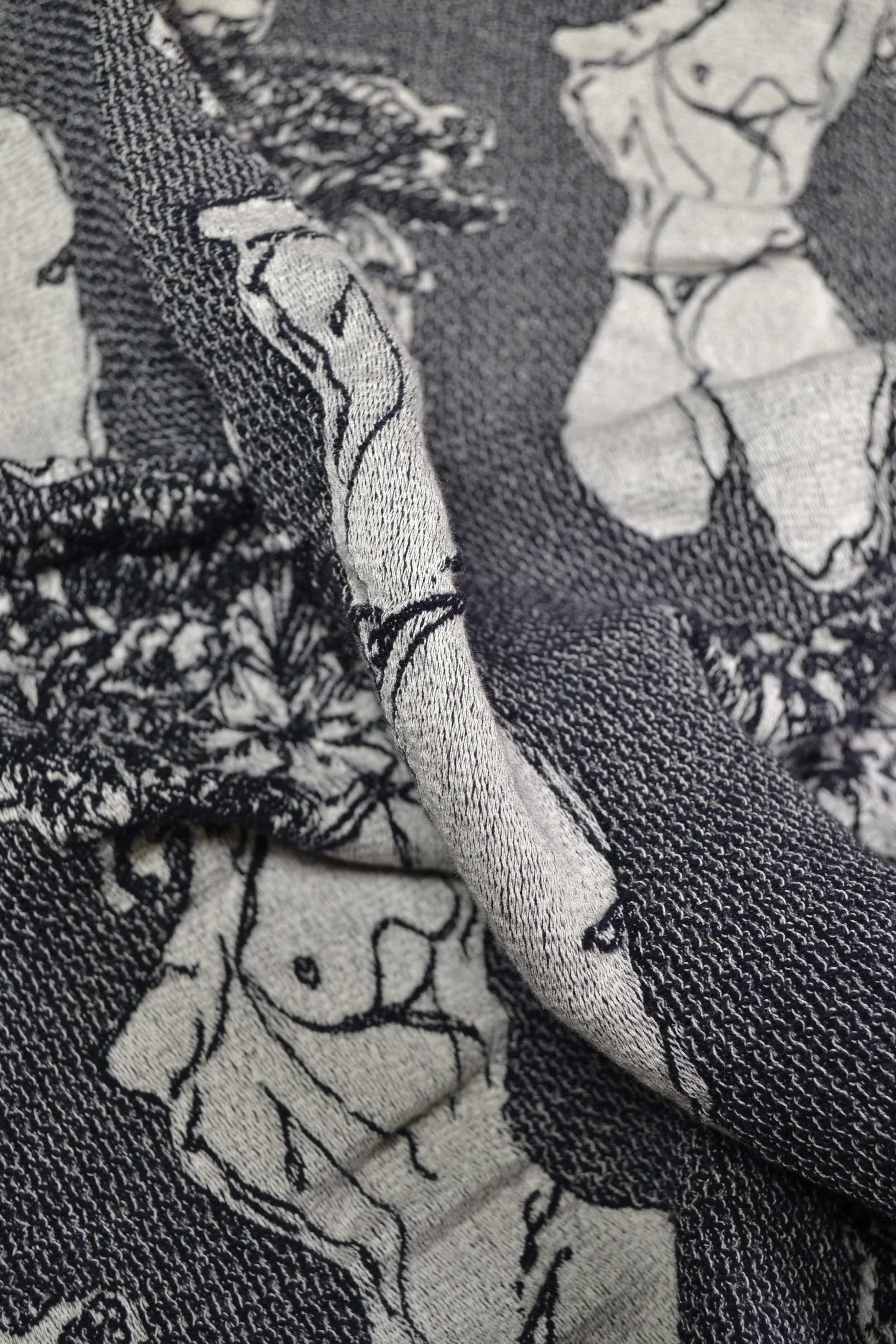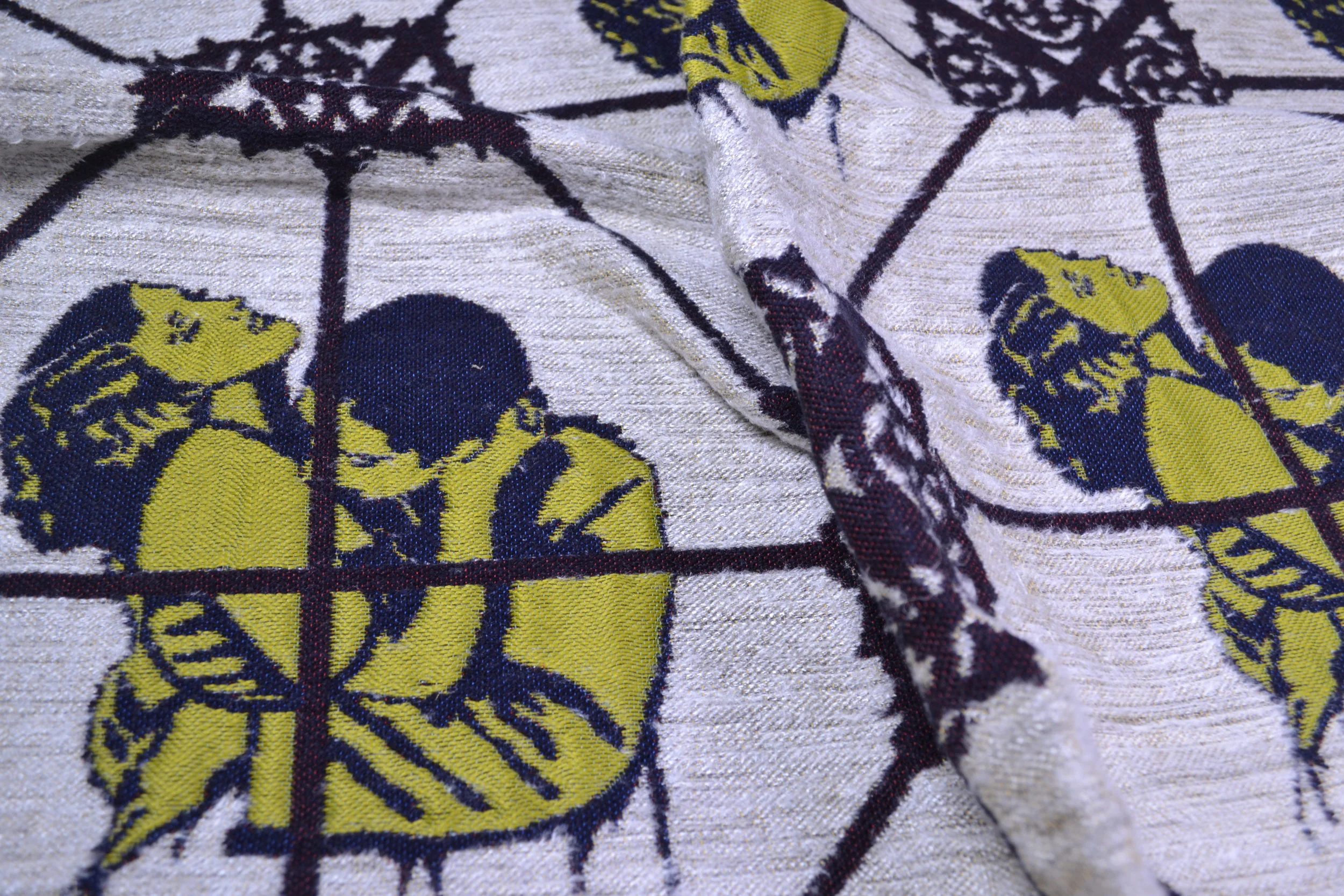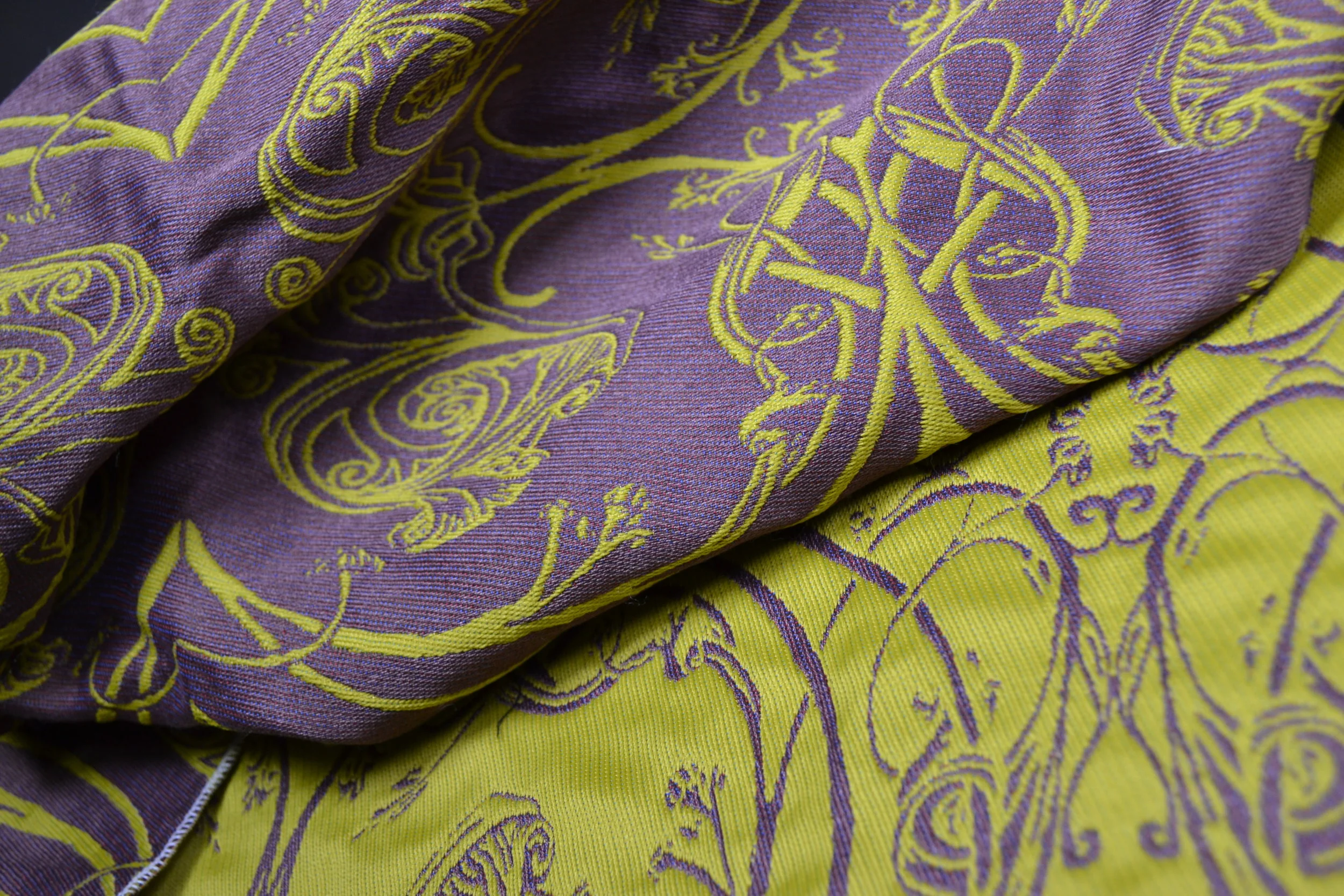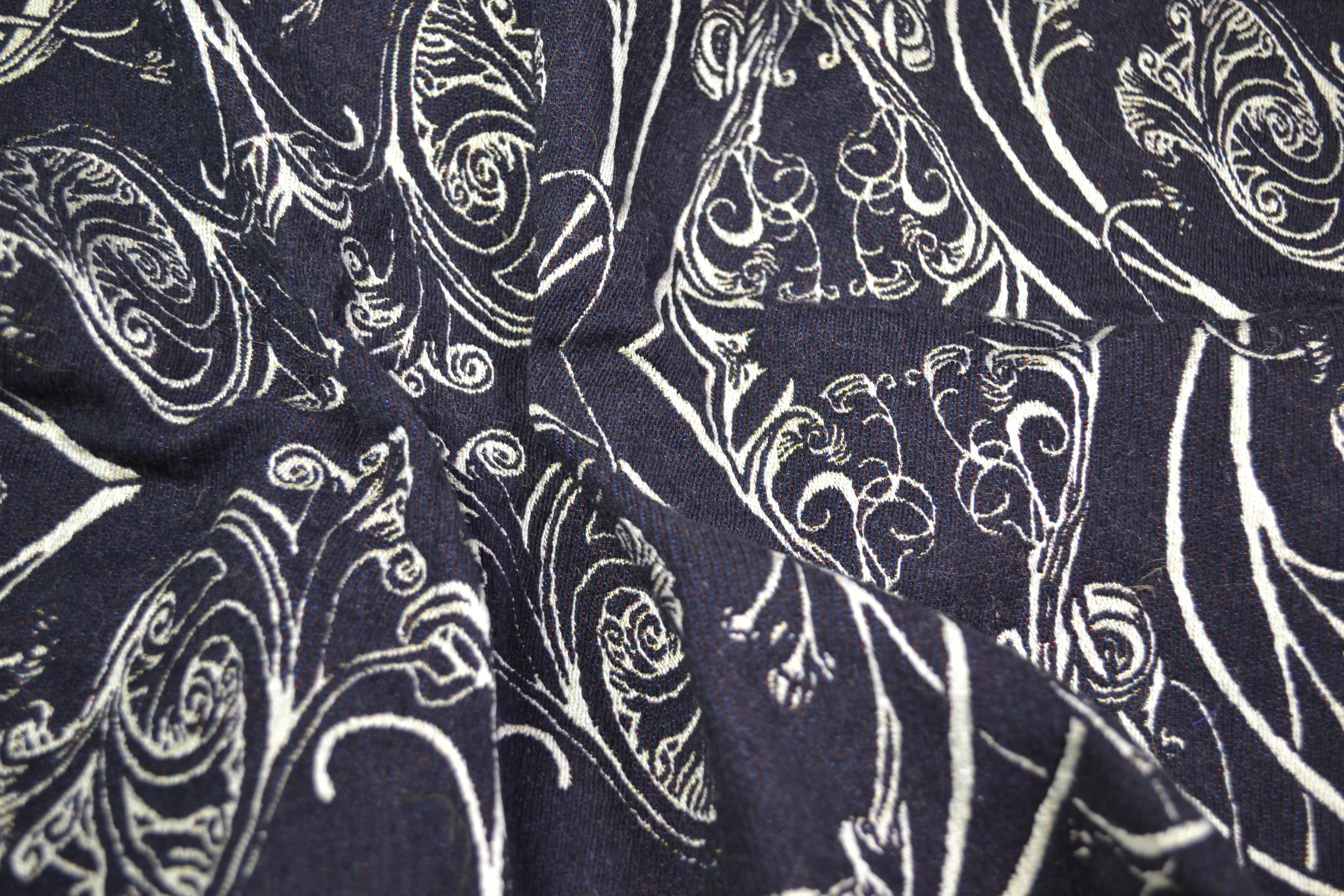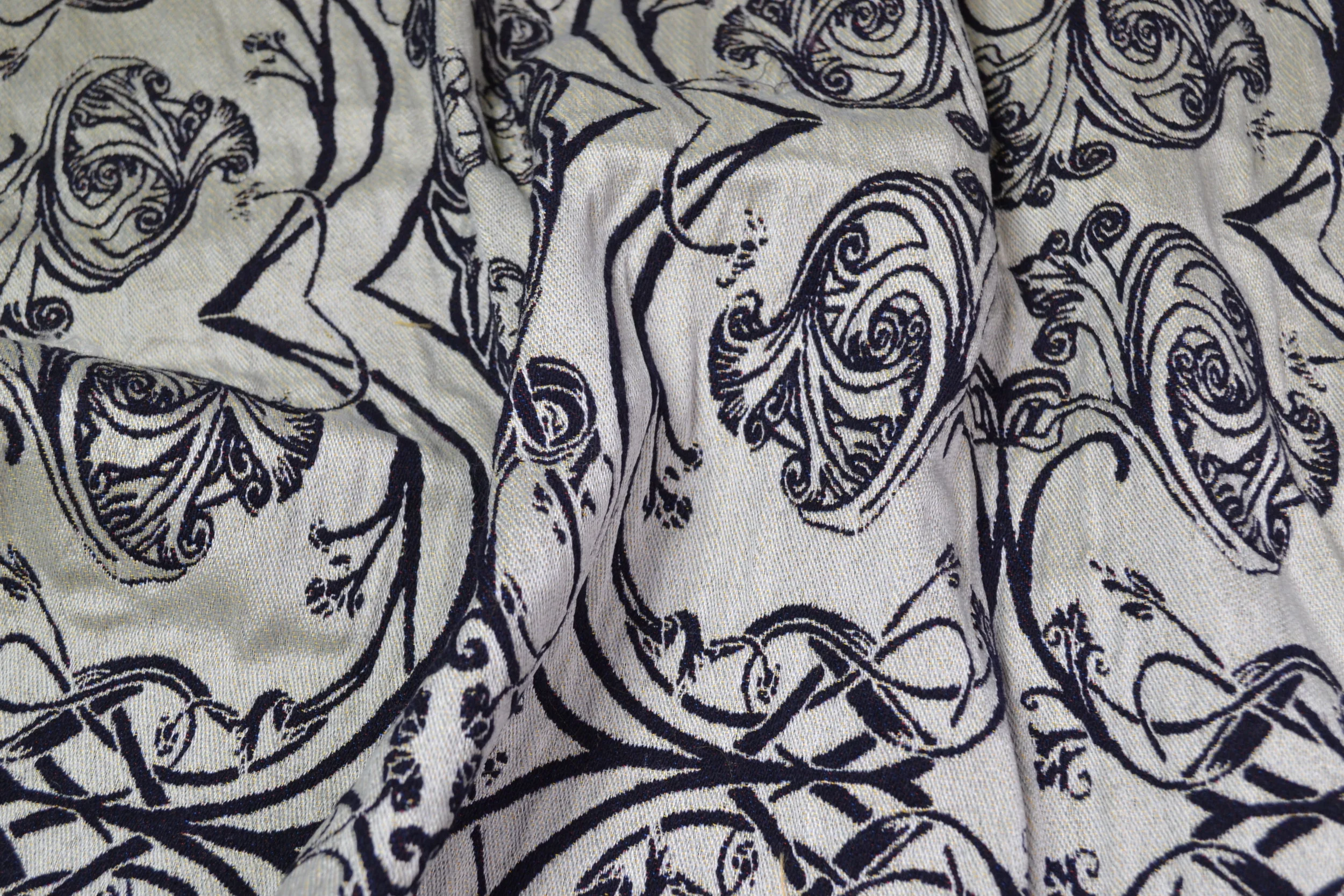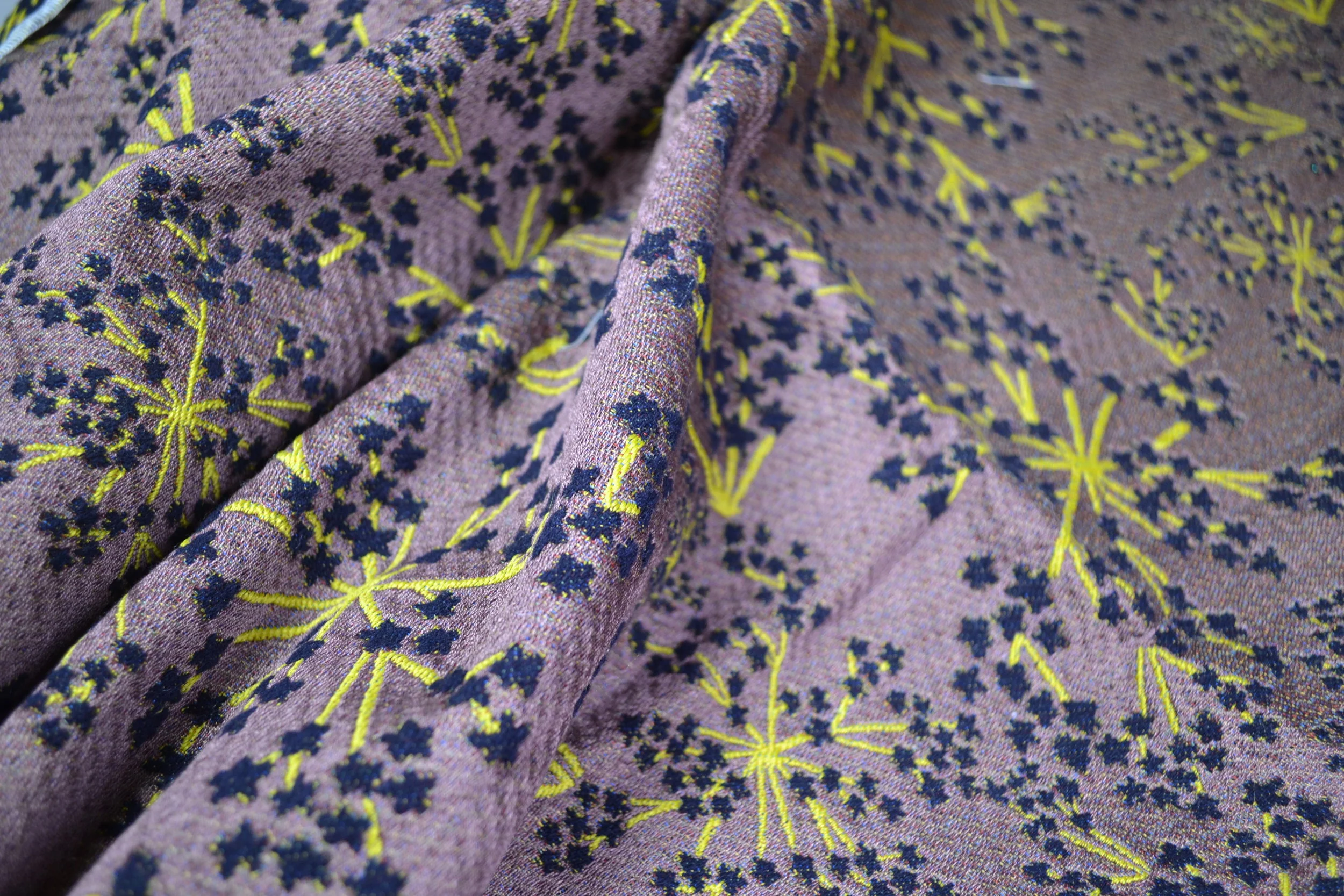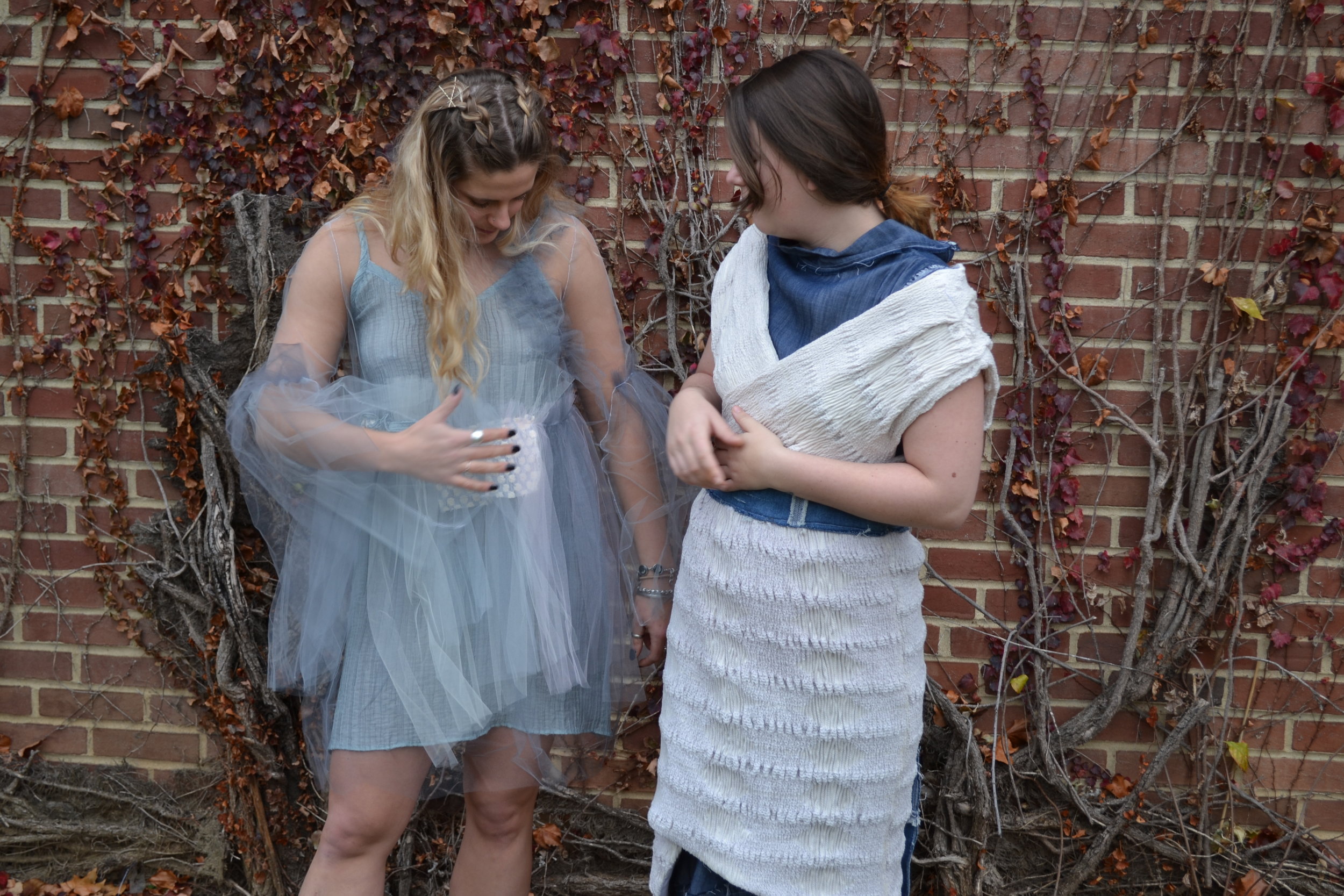Free Palestine :
This piece was a commission that I jumped at the chance to work on. To be honest, before October 7th, 2023 I was completely in the dark about the history of the Israel-Palestine conflict. Over the past year I have been reading, listening, and learning as much as I can to understand the on-going genocide. I have become irreversibly “radicalized” in my beliefs about colonialism and the United States role in the genocide of the Palestinian people, and many other oppressed populations.
Fruits of Our Labor isn’t just a art + lifestyle brand, but a brand rooted in social justice and advocacy for all oppressed peoples, with a strong focus on intersectional feminism. The Watermelon is a symbol of advocacy with the Palestinian people, with a strong opposition to Zionism. Below is an excellent excerpt from an article posted by PBS, going deeper into the history and symbolism of watermelons for Palestine.
“After the 1967 Mideast war, the Israeli government cracked down on displays of the Palestinian flag in Gaza and the West Bank. In Ramallah in 1980, the military shut down a gallery run by three artists because they showed political art and works in the colors of the Palestinian flag — red, green, black and white.
According to artist and exhibit organizer Sliman Mansour, an Israeli officer told him, “It is forbidden to organize an exhibition without permission from the military, and secondly, it is forbidden to paint in the colors of the Palestinian flag.” The officer mentioned a watermelon as one example of art that would violate the army’s rules.
In protest, people began to wave the fruit in public.
“There are stories of young men who defiantly walked the streets with slices of the fruit, risking arrest from Israeli soldiers,” Jerusalem-born author Mahdi Sabbagh wrote. “When I see a watermelon, I think of the unbreakable spirit of our people.”
Two years ago, Israel’s far-right National Security Minister Itamar Ben-Gvir banned Palestinian flags in public places. This effort was met with fervent opposition. In response, Zazim, an activist group of Arab and Jewish Israelis, plastered taxis in Tel Aviv with large watermelon stickers that read: “This is not a Palestinian flag.”
“Our message to the government is clear,” the organization said in a written statement. “We’ll always find a way to bypass any absurd ban and we won’t stop struggling for freedom of expression and democracy — whether this involves the Pride flag or the Palestinian flag.”
For some, embracing the colors of the flag is about striving for freedom and equality rather than necessarily statehood.
“I’ve never cared for flags or nationalism,” says Mayssoun Sukarieh, an expert in Middle Eastern studies at King’s College London. “But when it comes to Palestine, it’s a flag of a colonized people who never saw independence. And because it has been banned, it becomes more of a symbol of resistance than it is of nationalism.”
Another reason the watermelon might resonate: It has seeds. There is a saying, often attributed to the Greek poet Dinos Christianopoulos, that is popular among activists: “They wanted to bury us; they didn’t know we were seeds.”
“You might be able to smash a watermelon. You might be able to destroy a fruit, but the seed is a little harder to crush,” says Shawn Escarciga, an artist who created the coalition’s design. “It’s really powerful that life can come out of something so small and something so resilient — and that it can be spread so, so easily.”
“We’re seeing Palestinian flags being banned, even the emoji online being flagged — and, you know, the word ‘Palestine’ being censored online,” Escarciga said. “But having this image that transcends language, that transcends culture, that transcends algorithms — can really reach people.” “
Furman, A. (2024, January 17). How watermelon imagery, a symbol of solidarity with Palestinians, spread around the world. Associated Press. https://www.pbs.org/newshour/world/how-watermelon-imagery-a-symbol-of-solidarity-with-palestinians-spread-around-the-world
